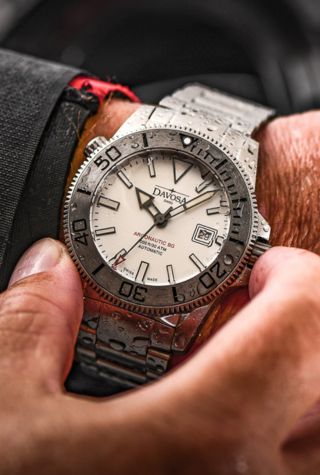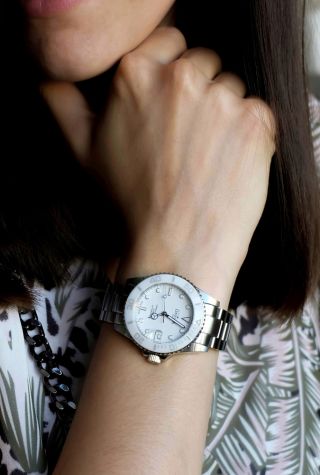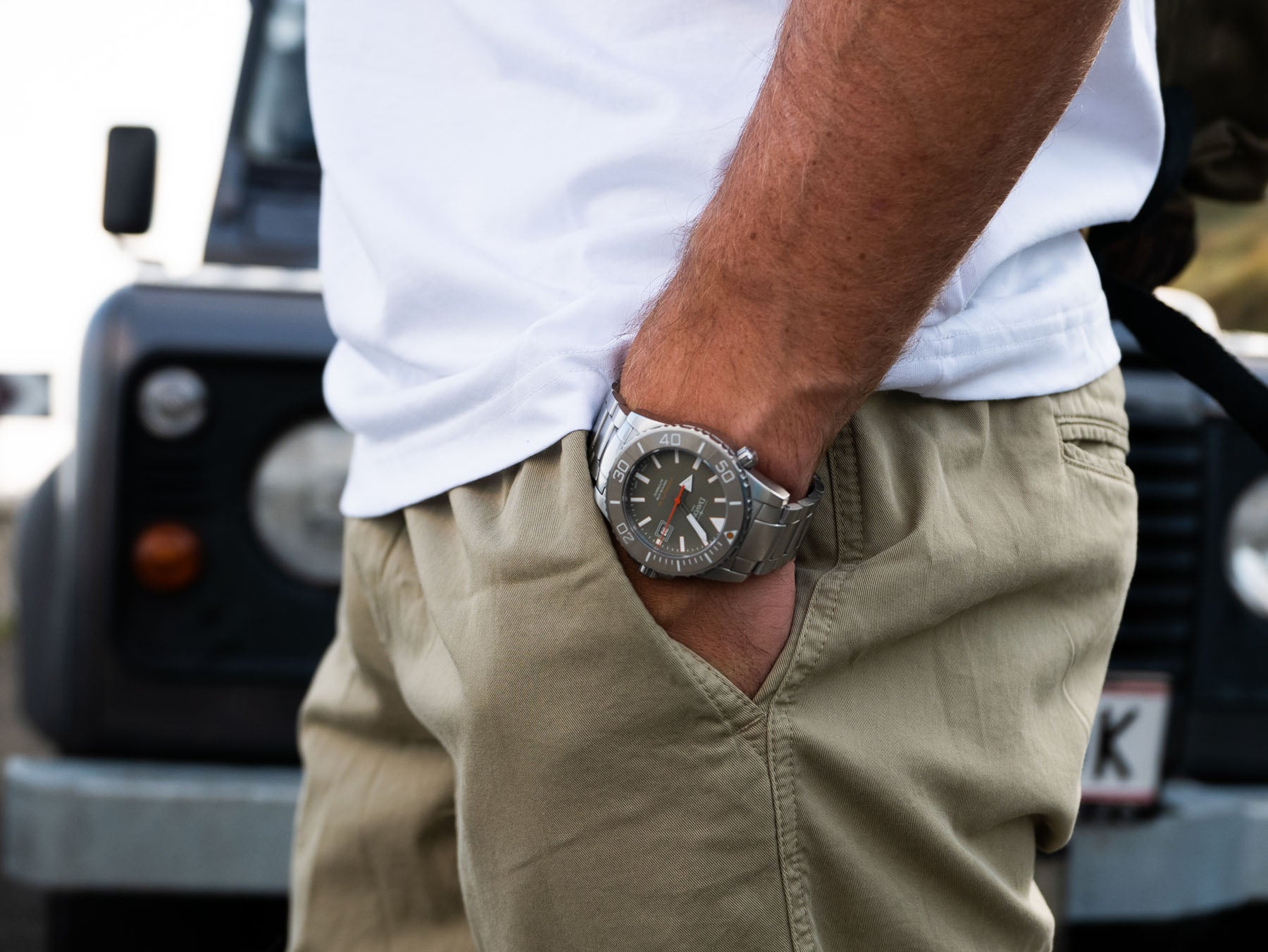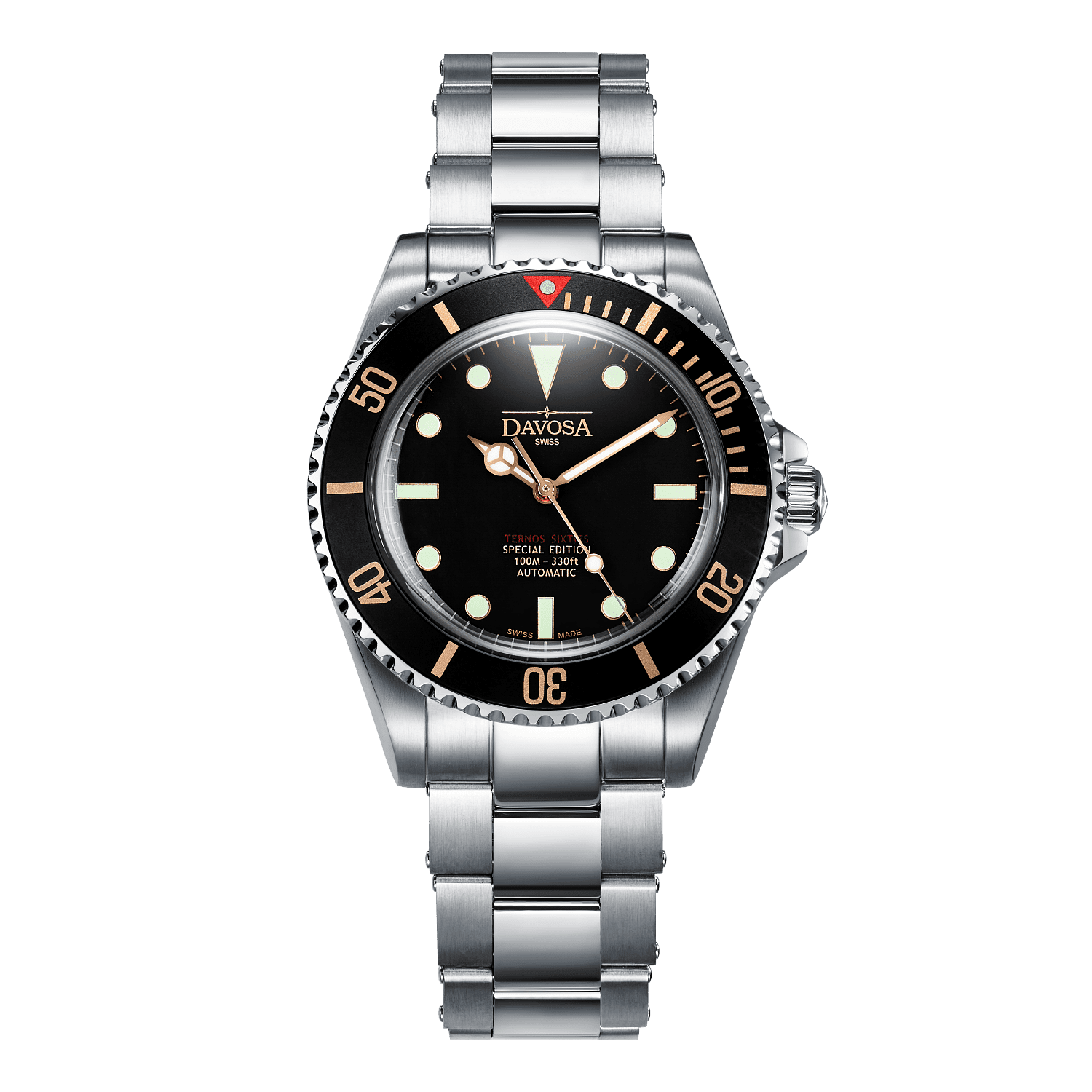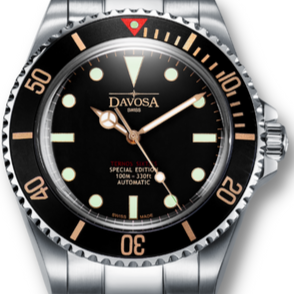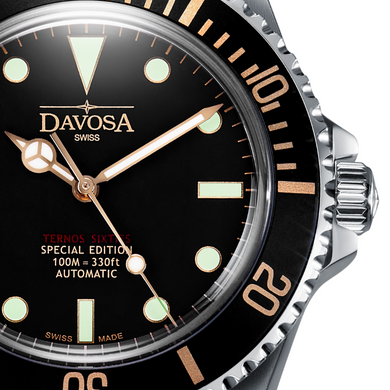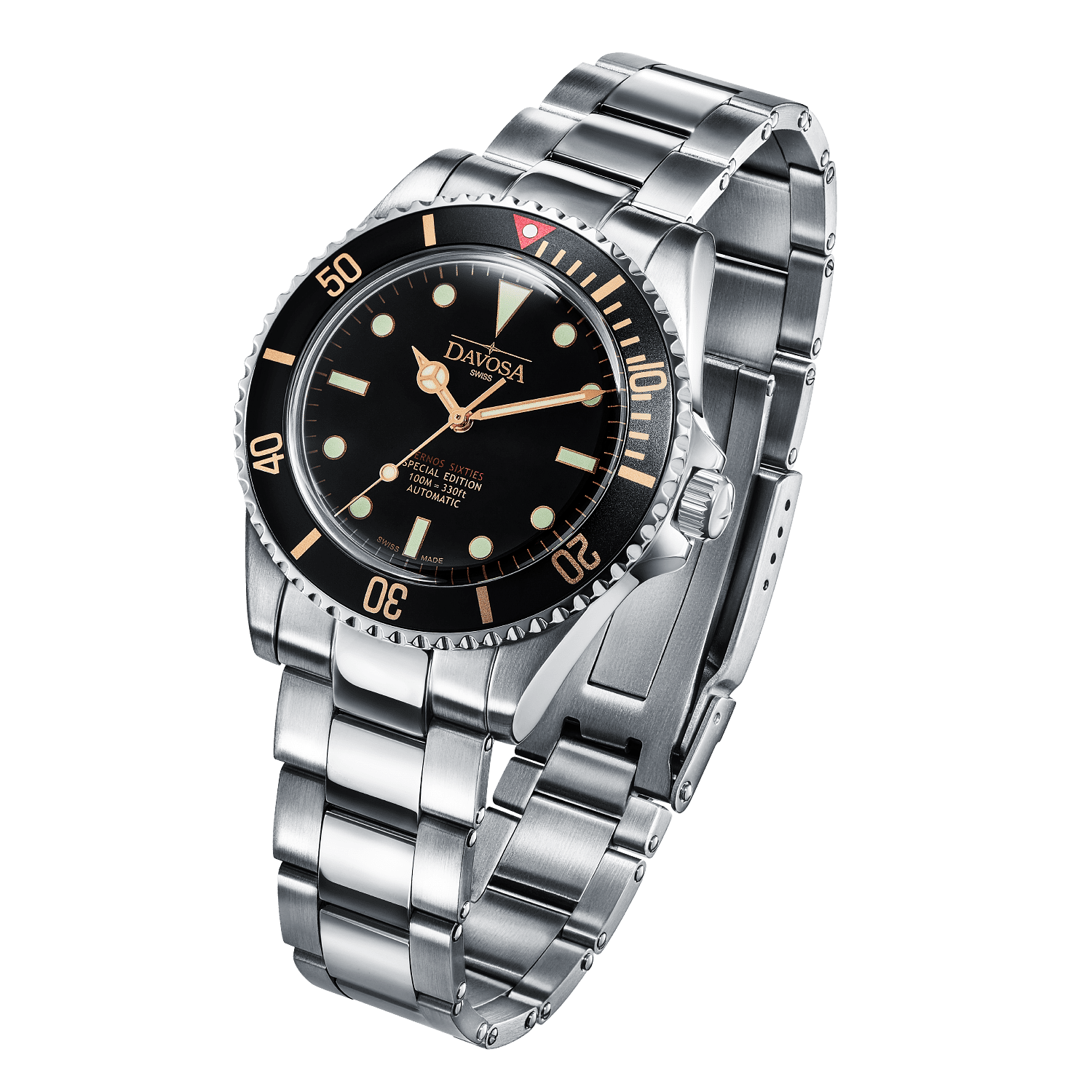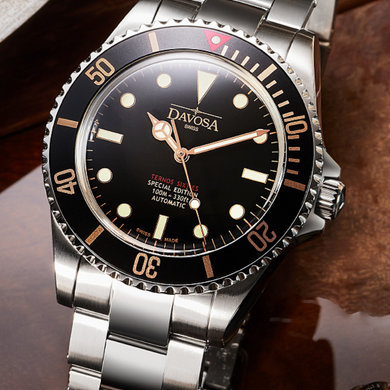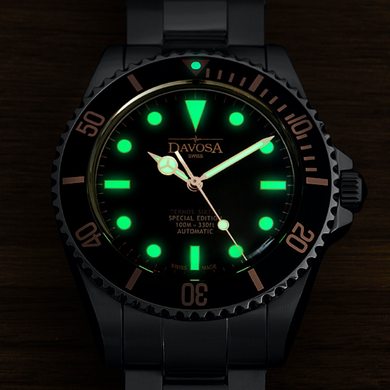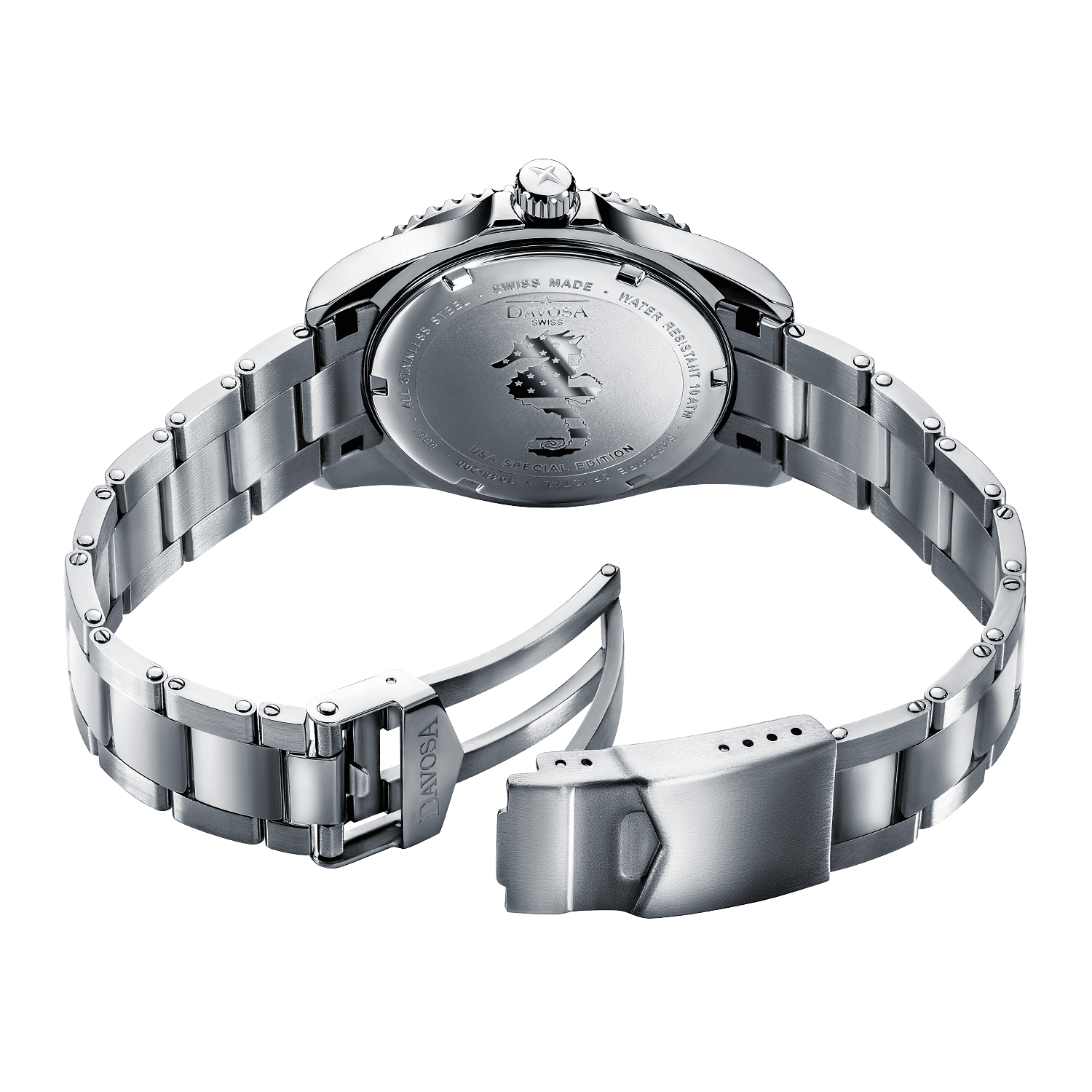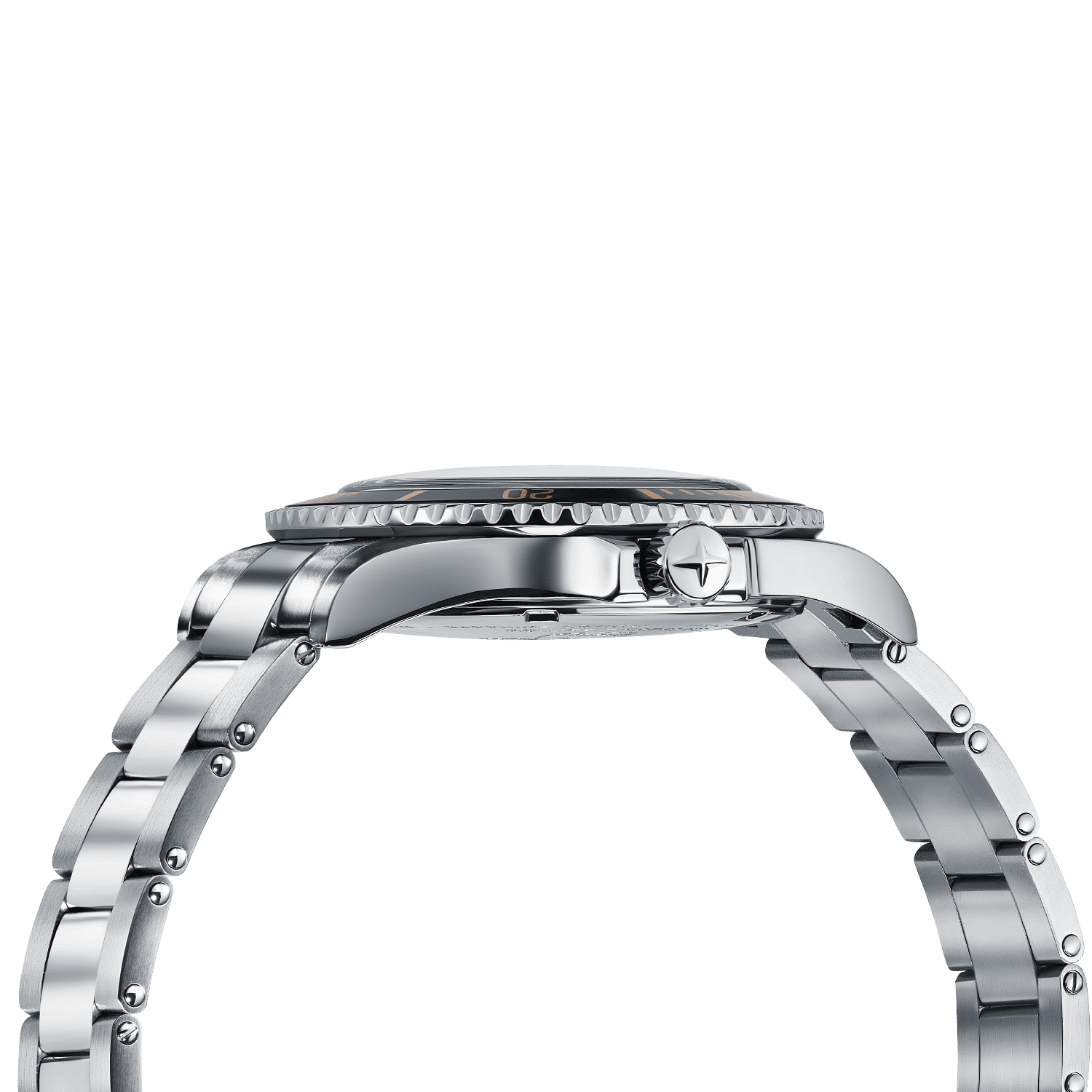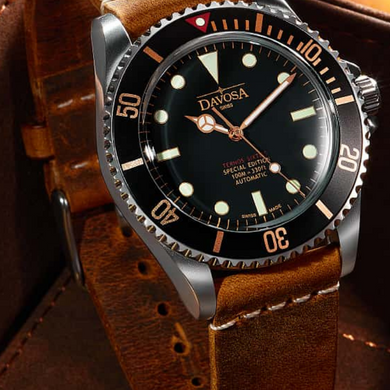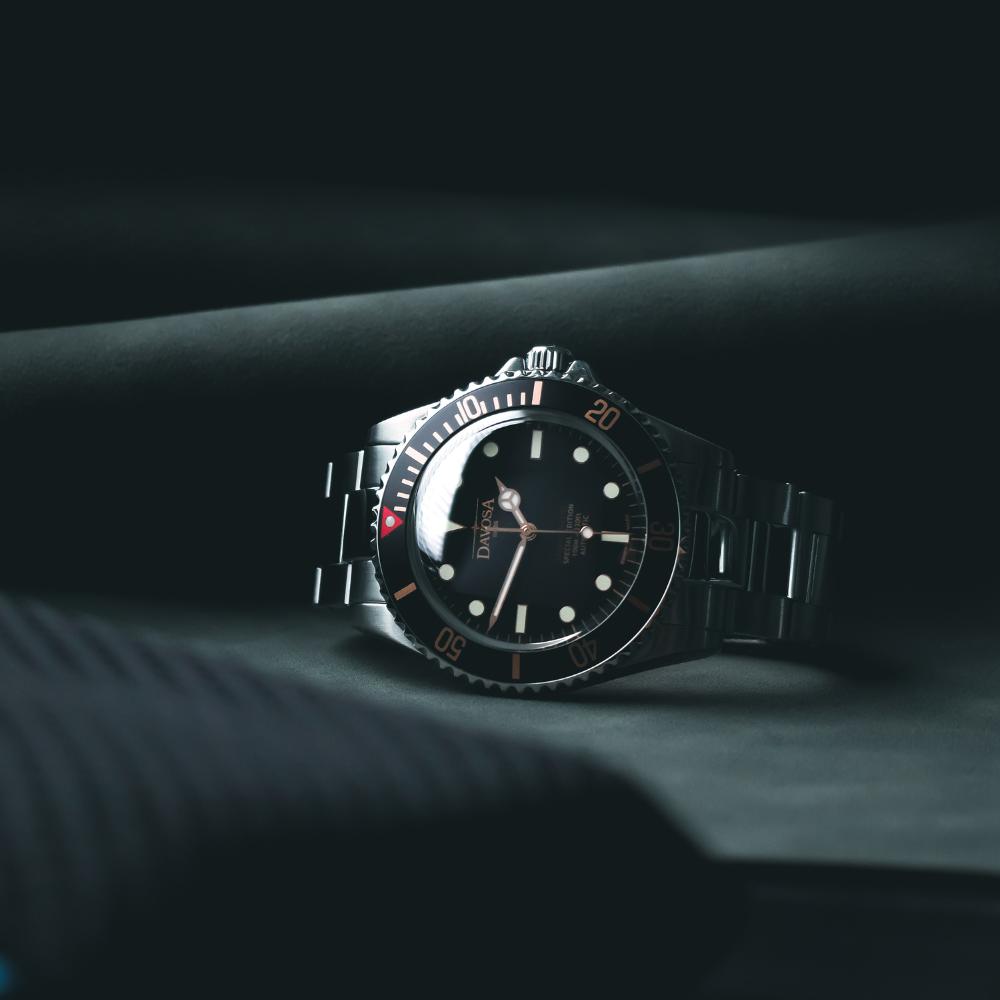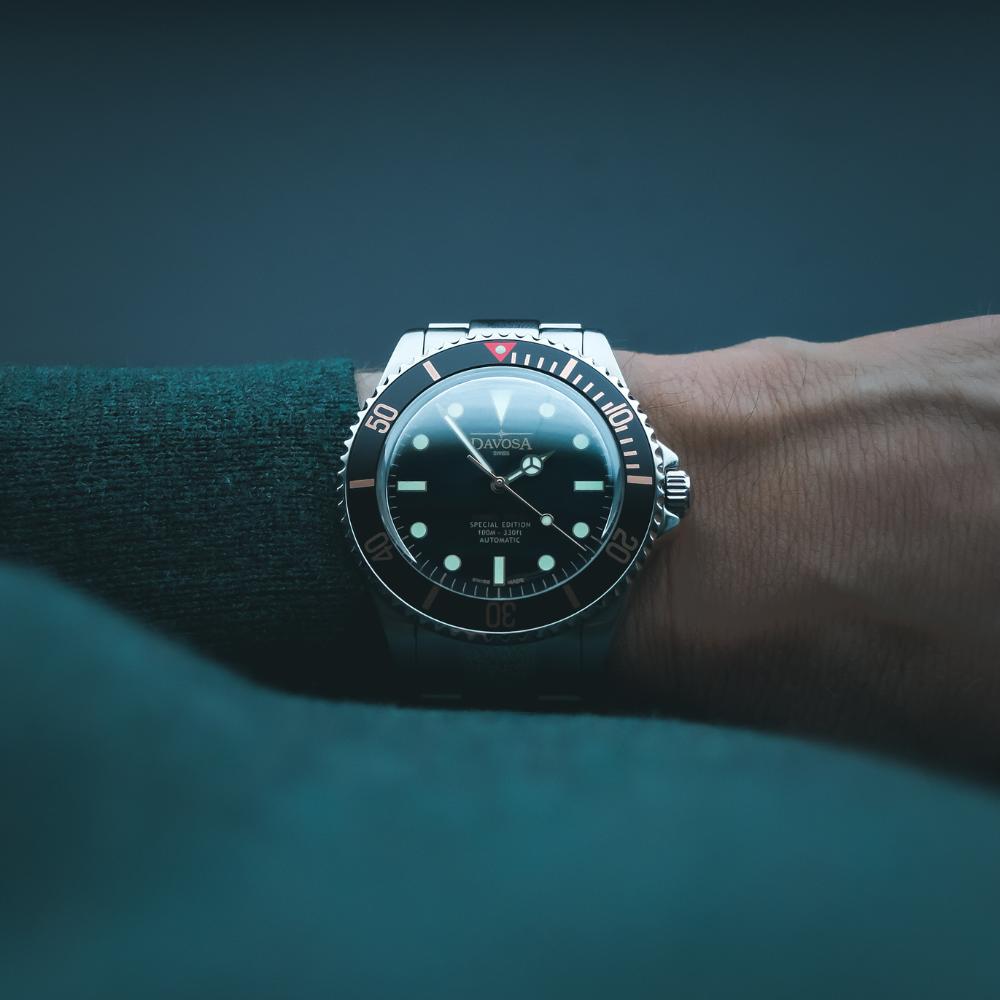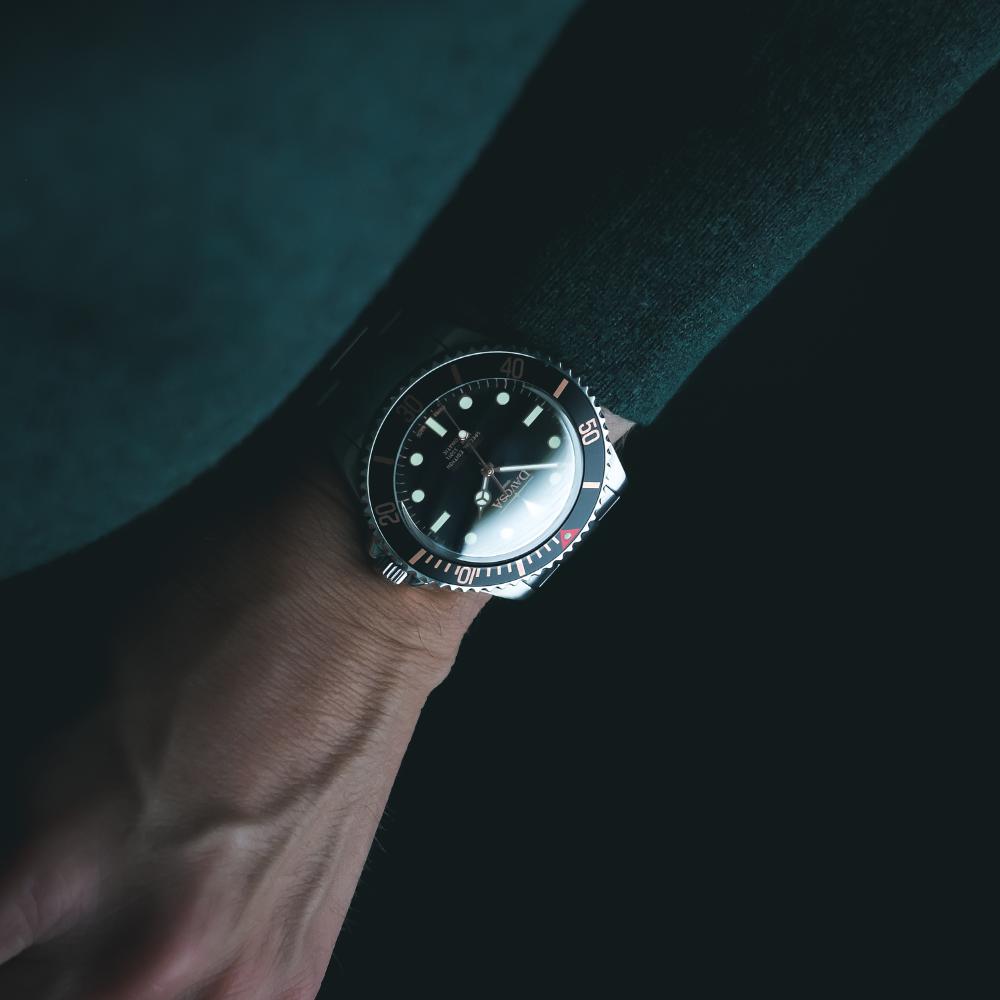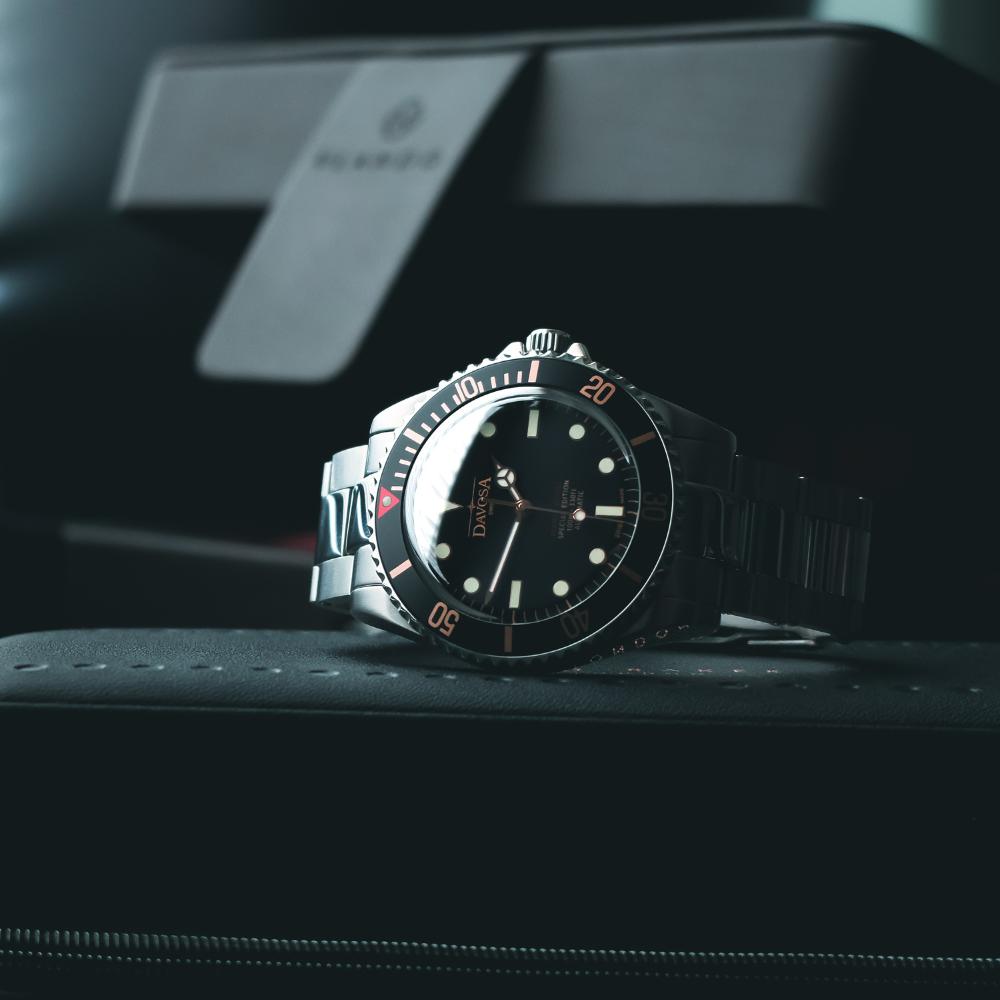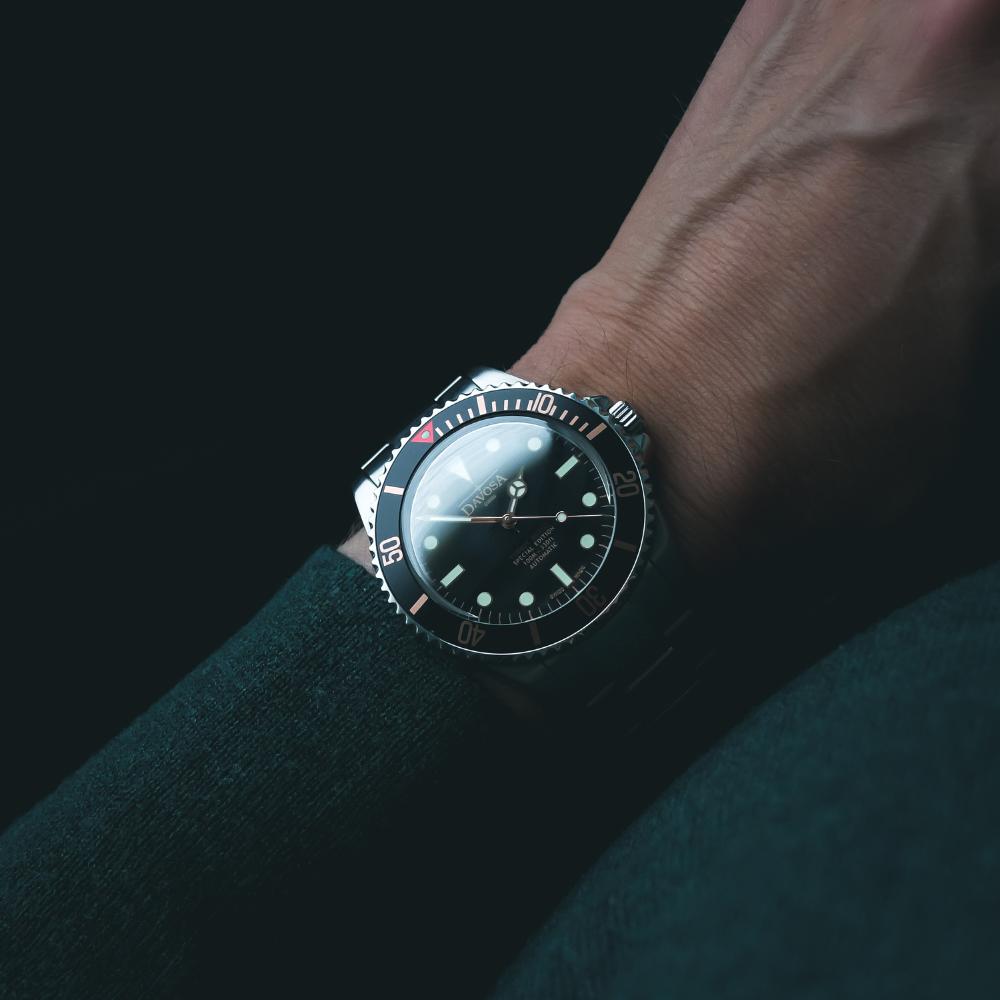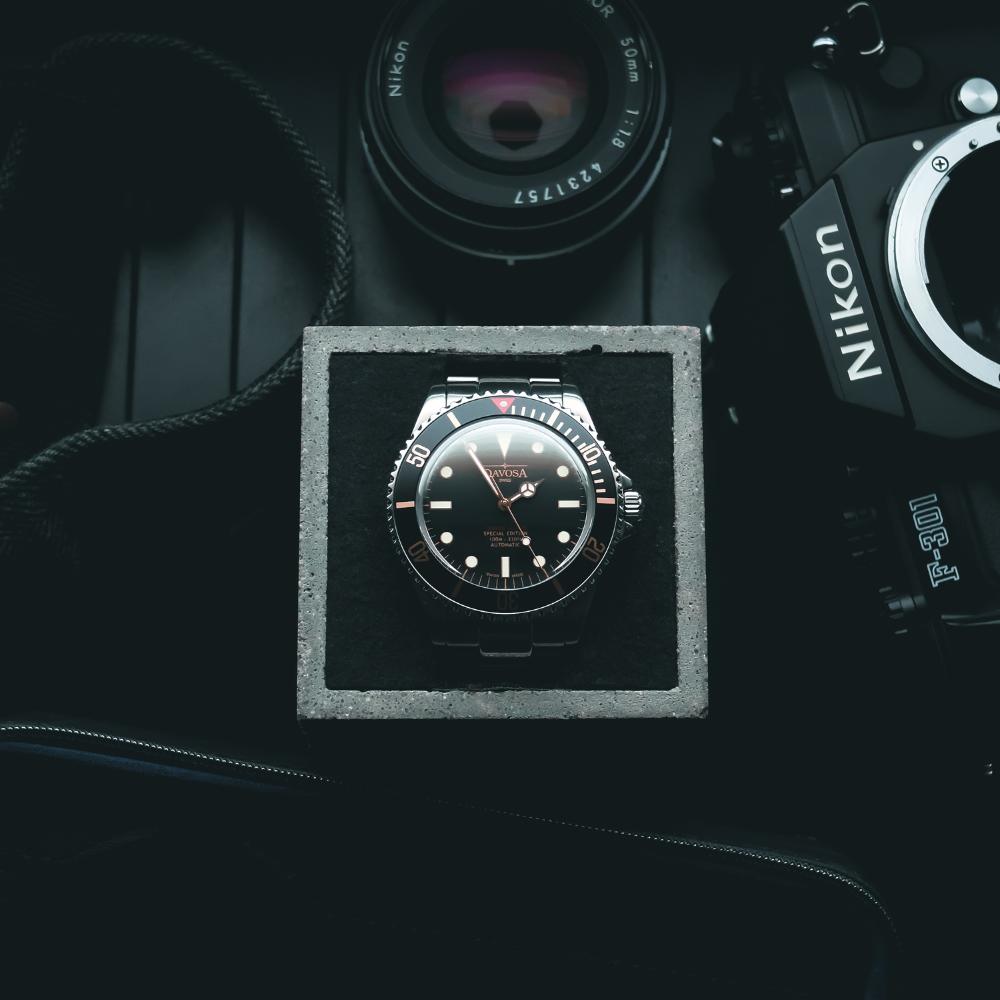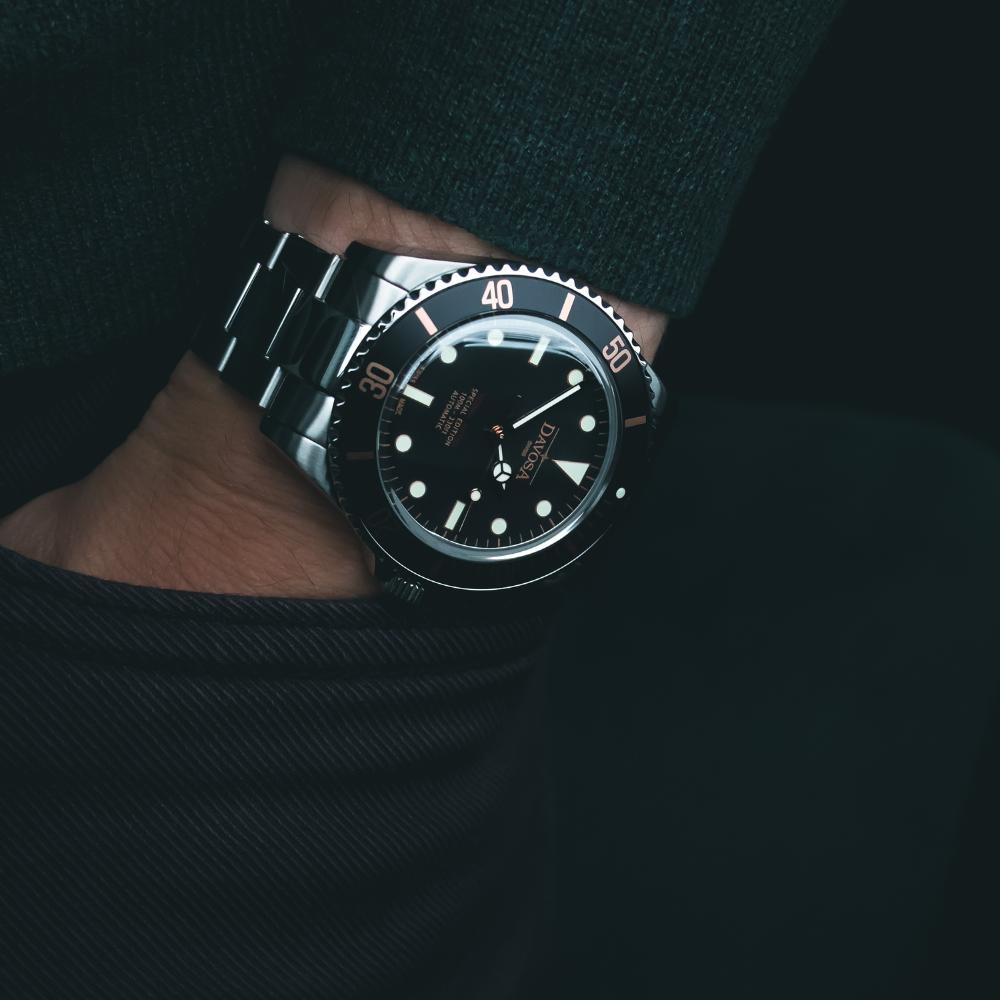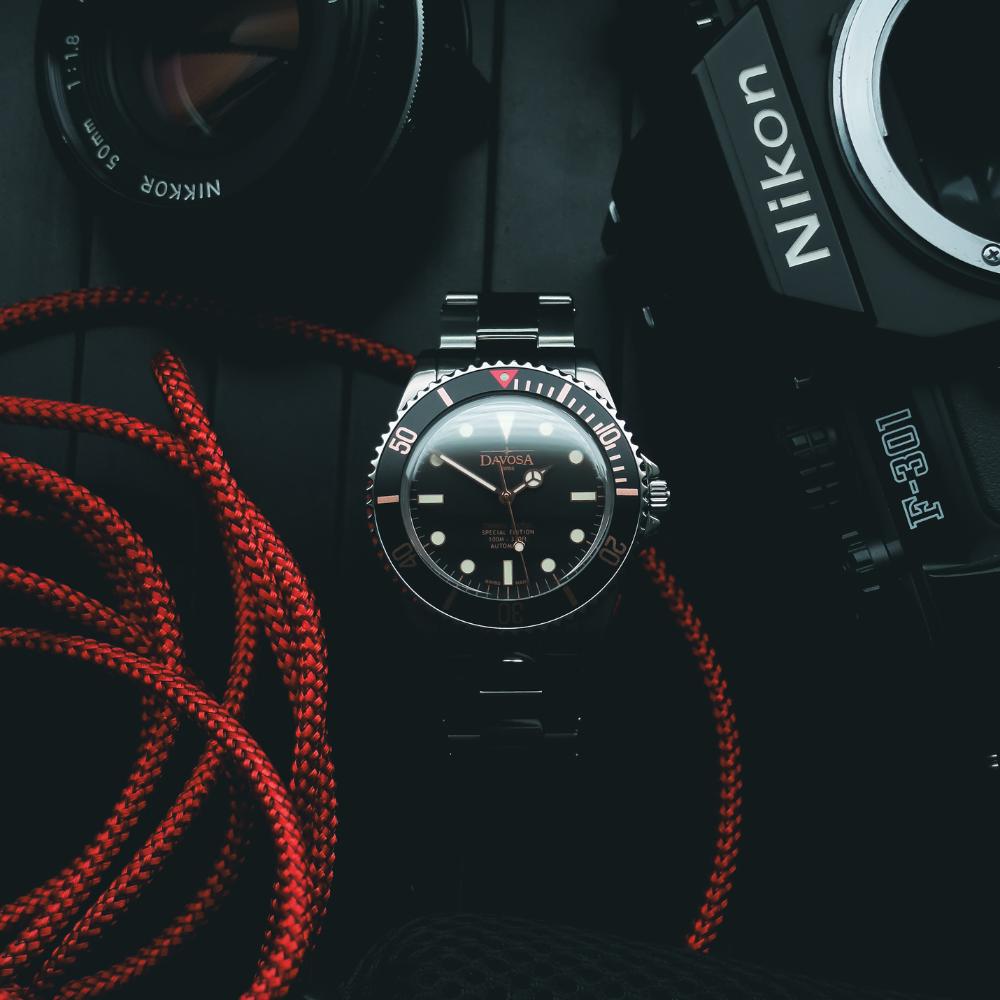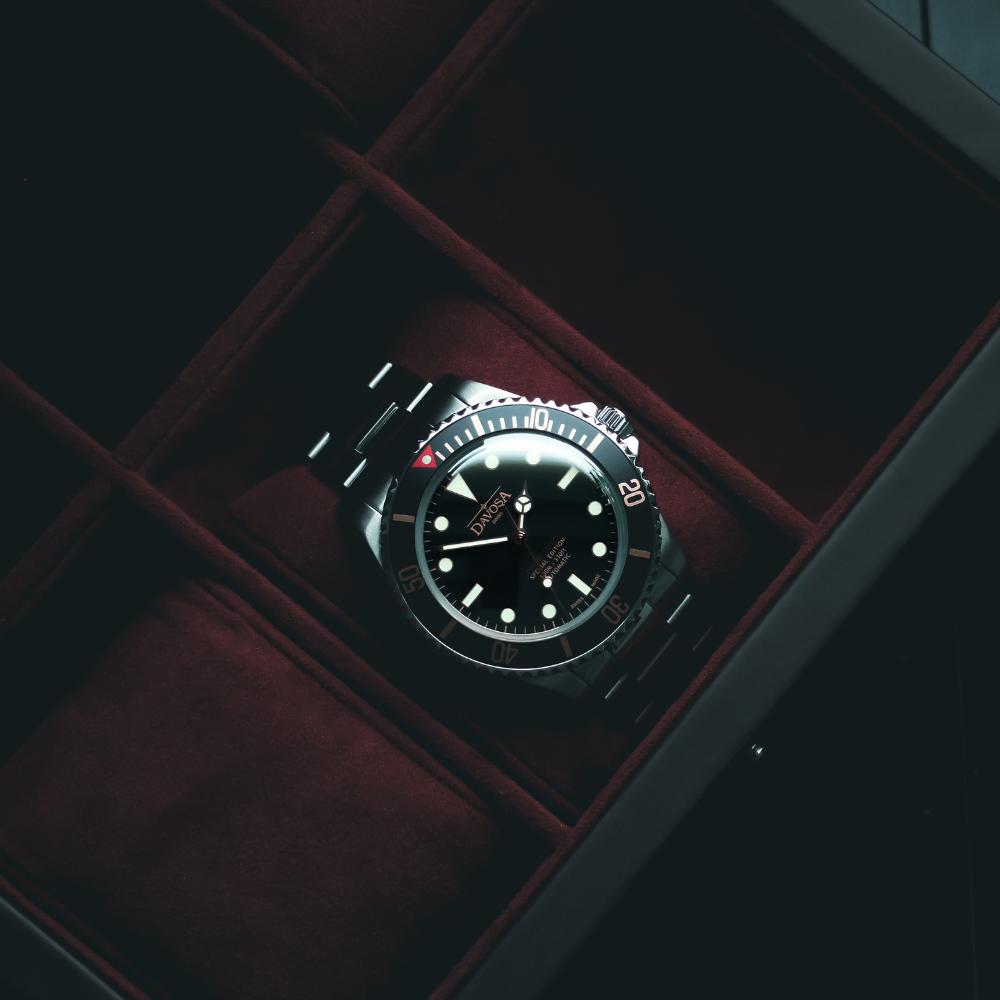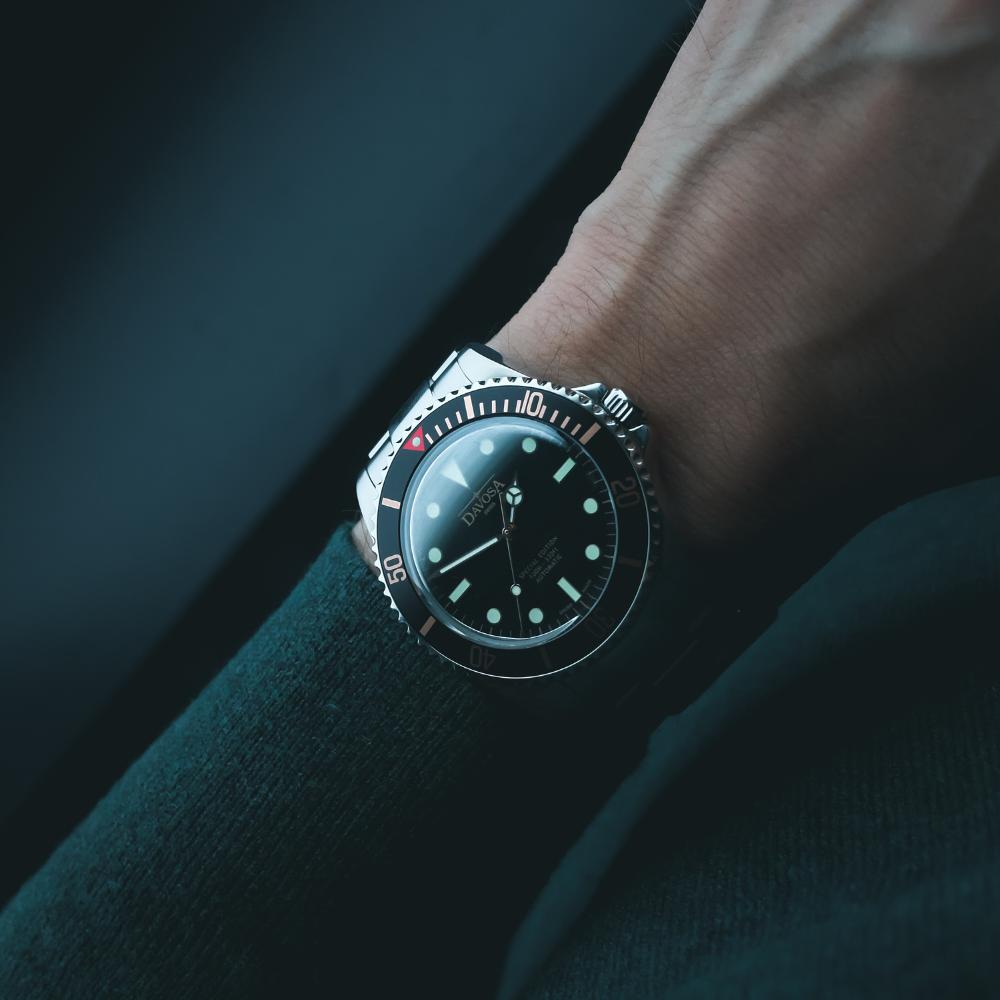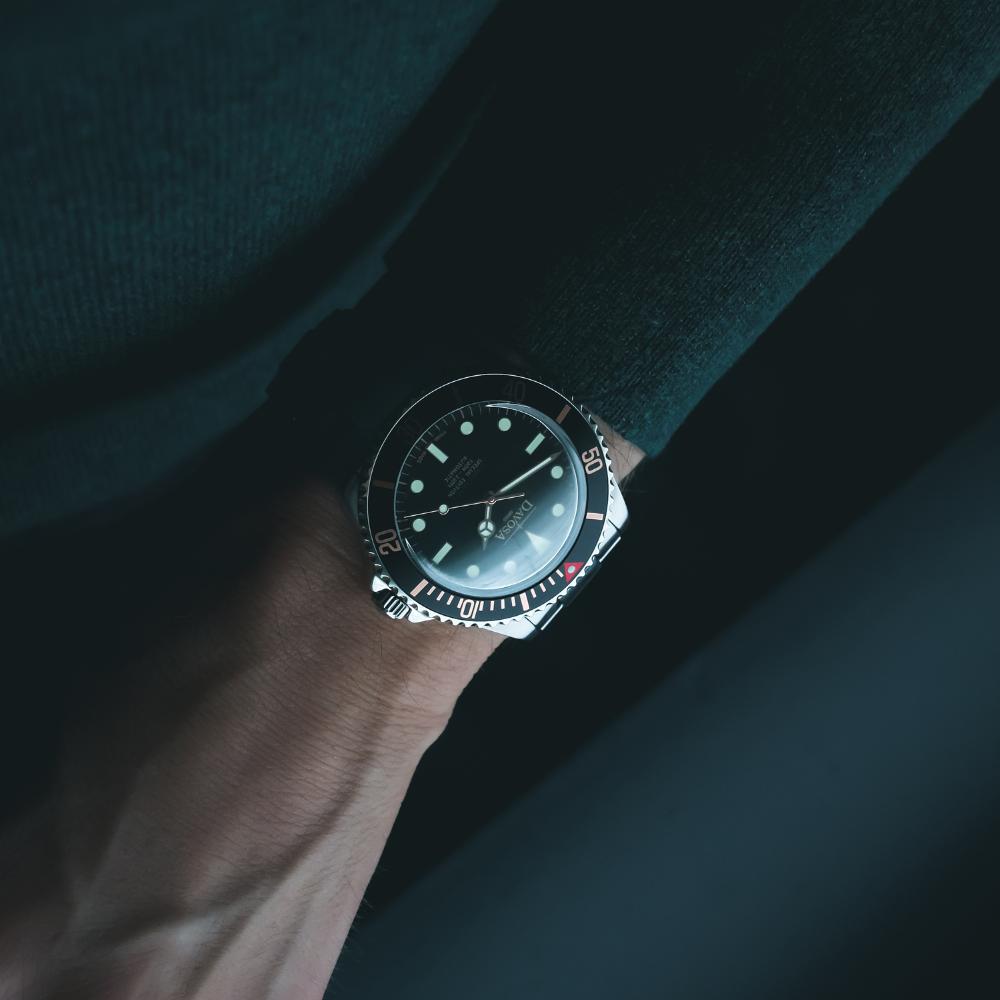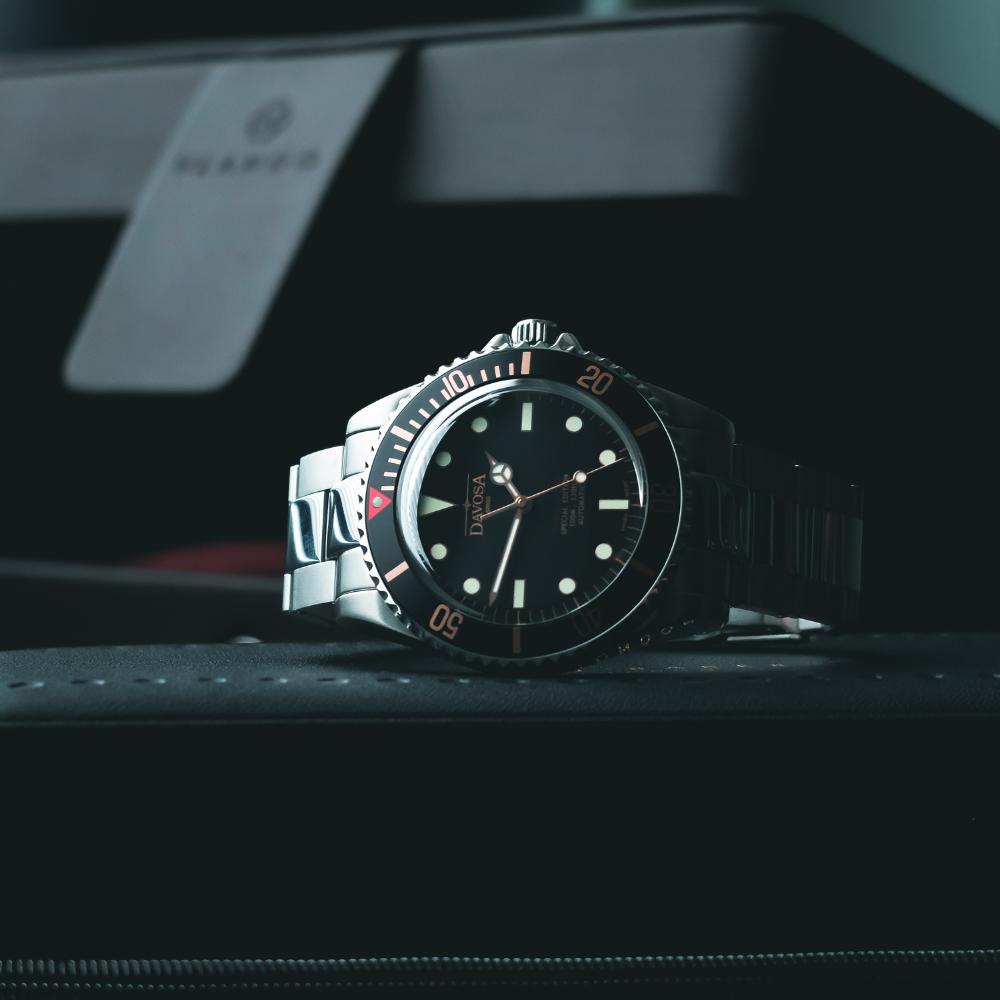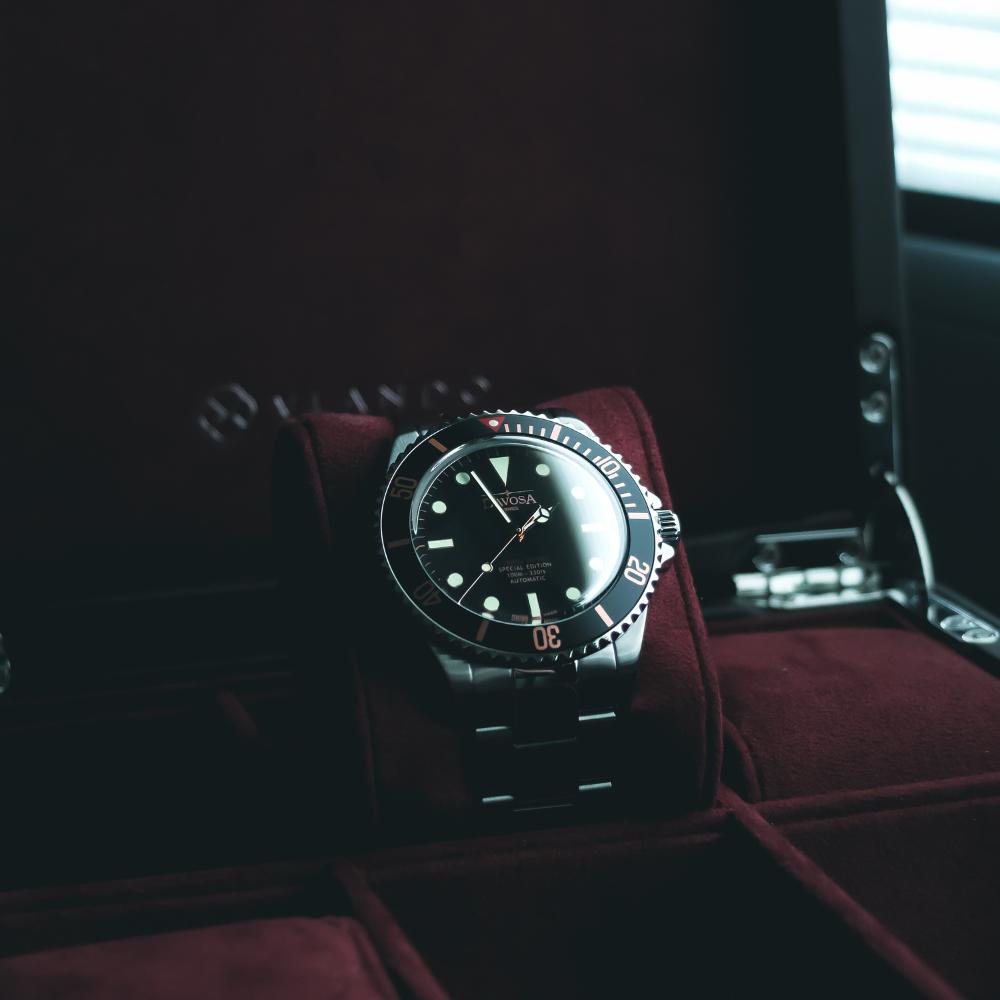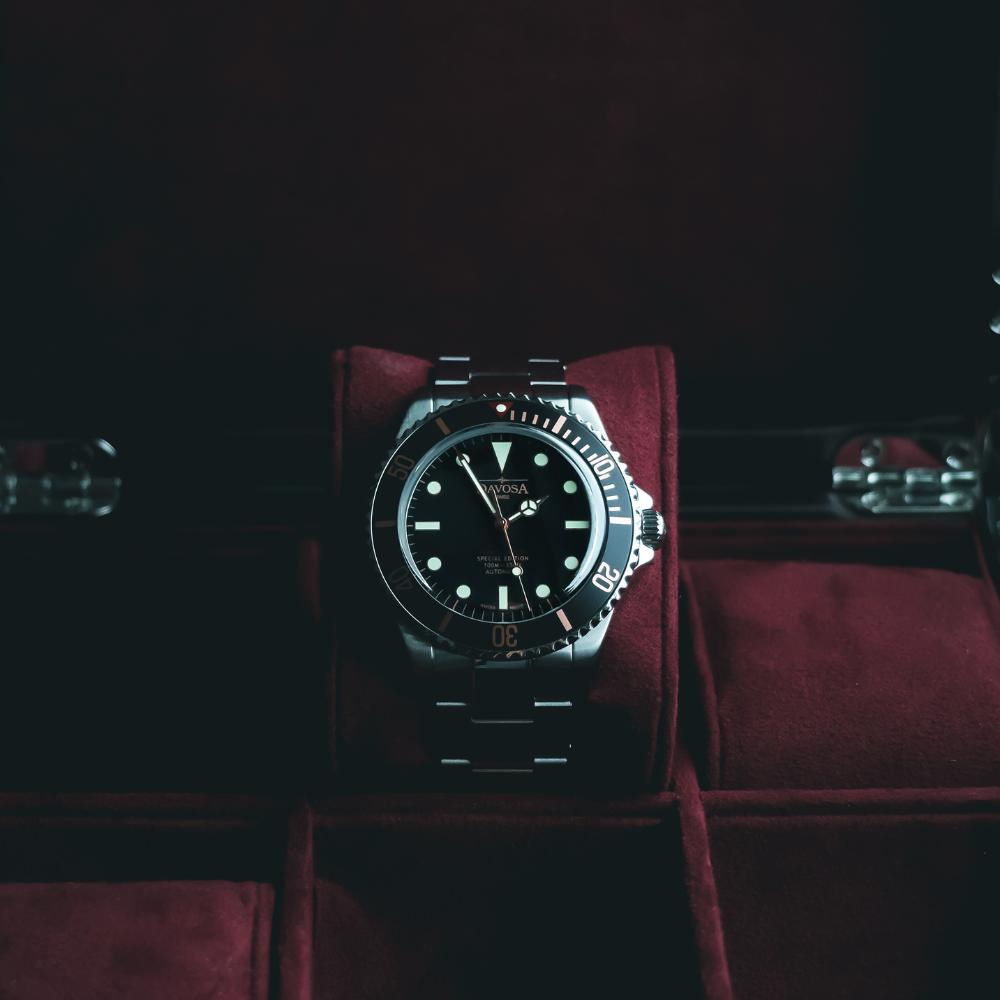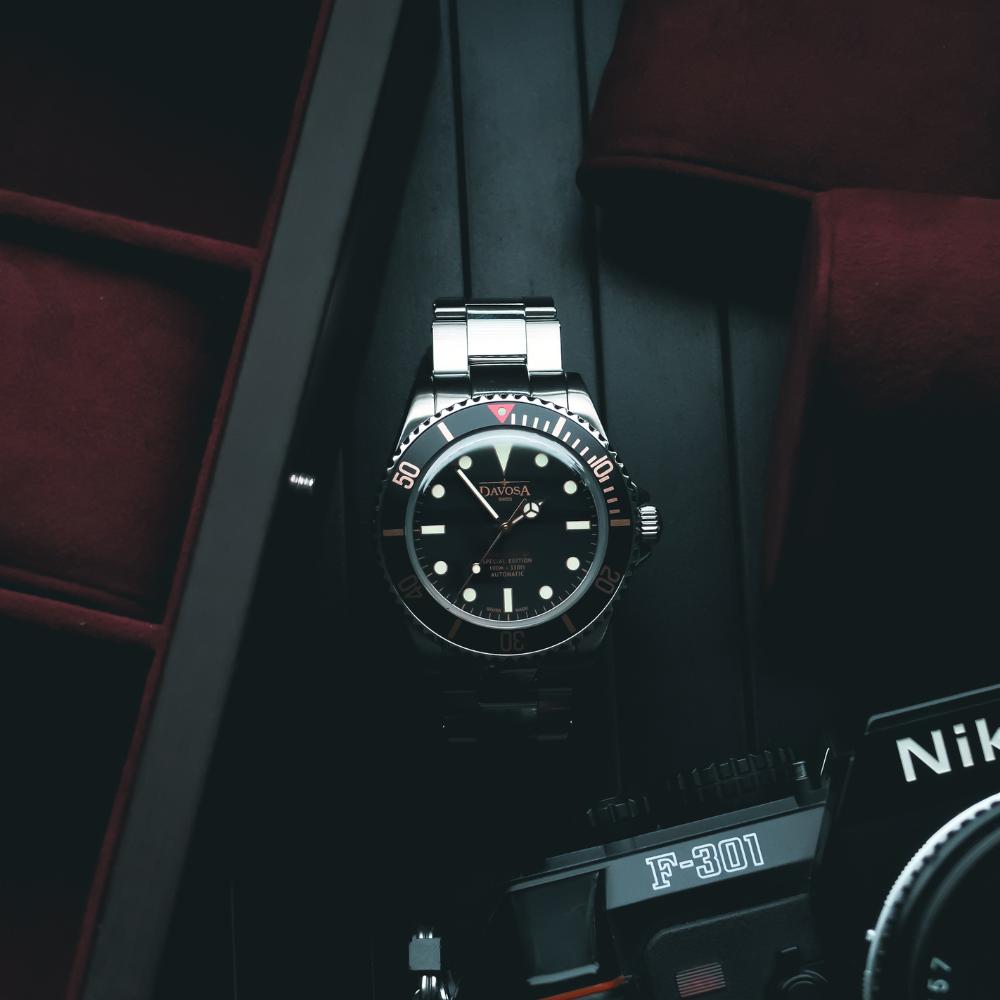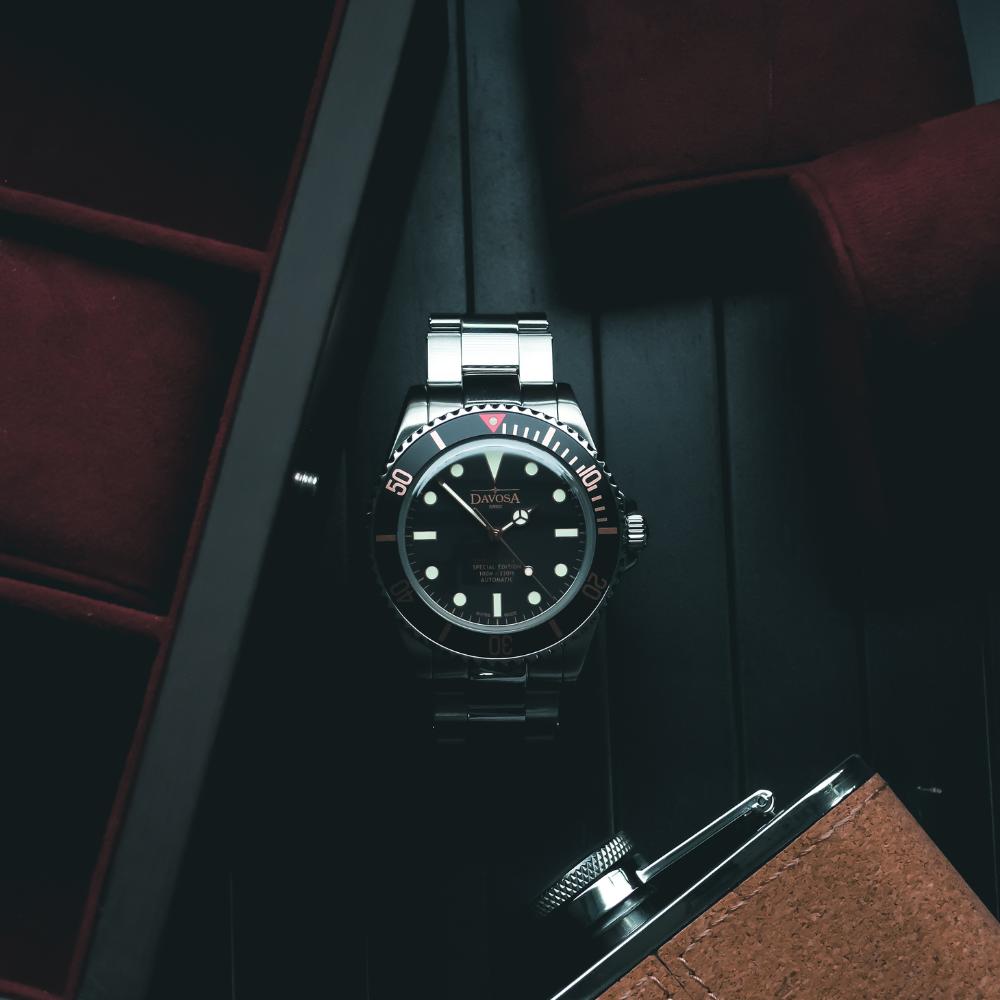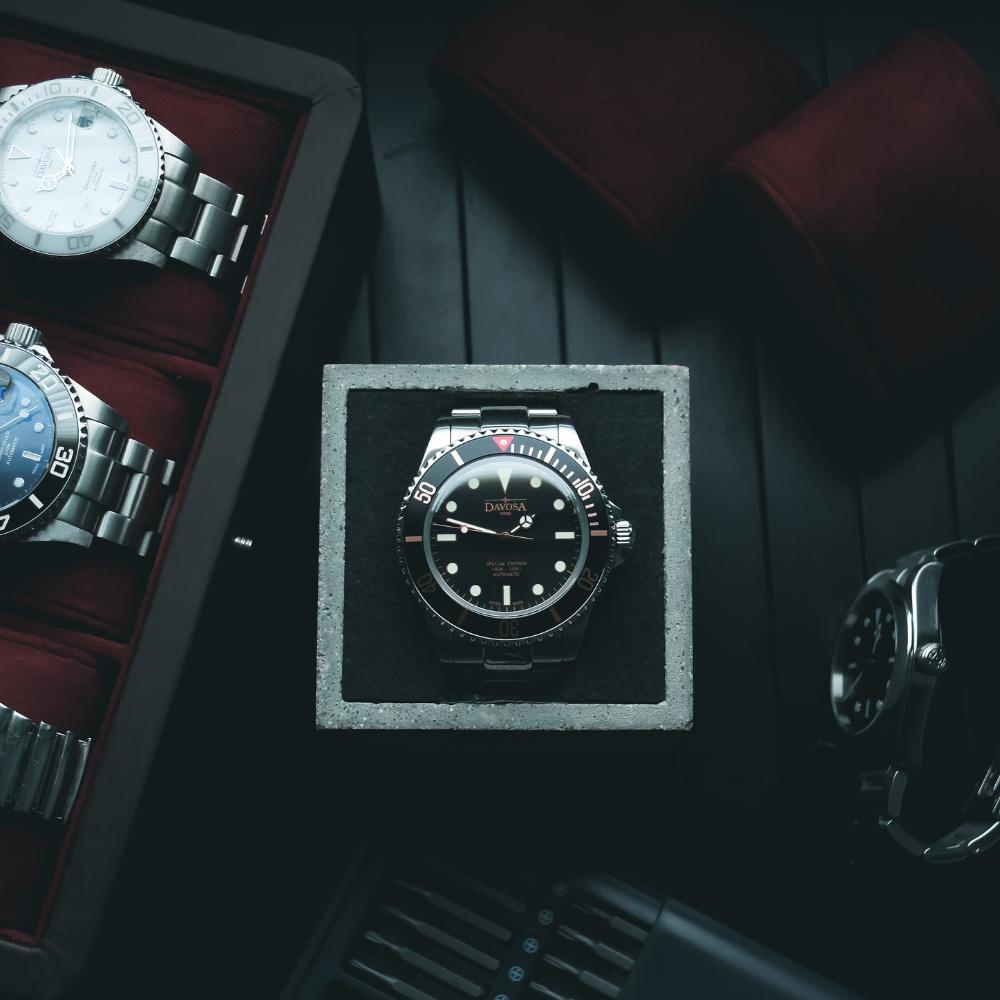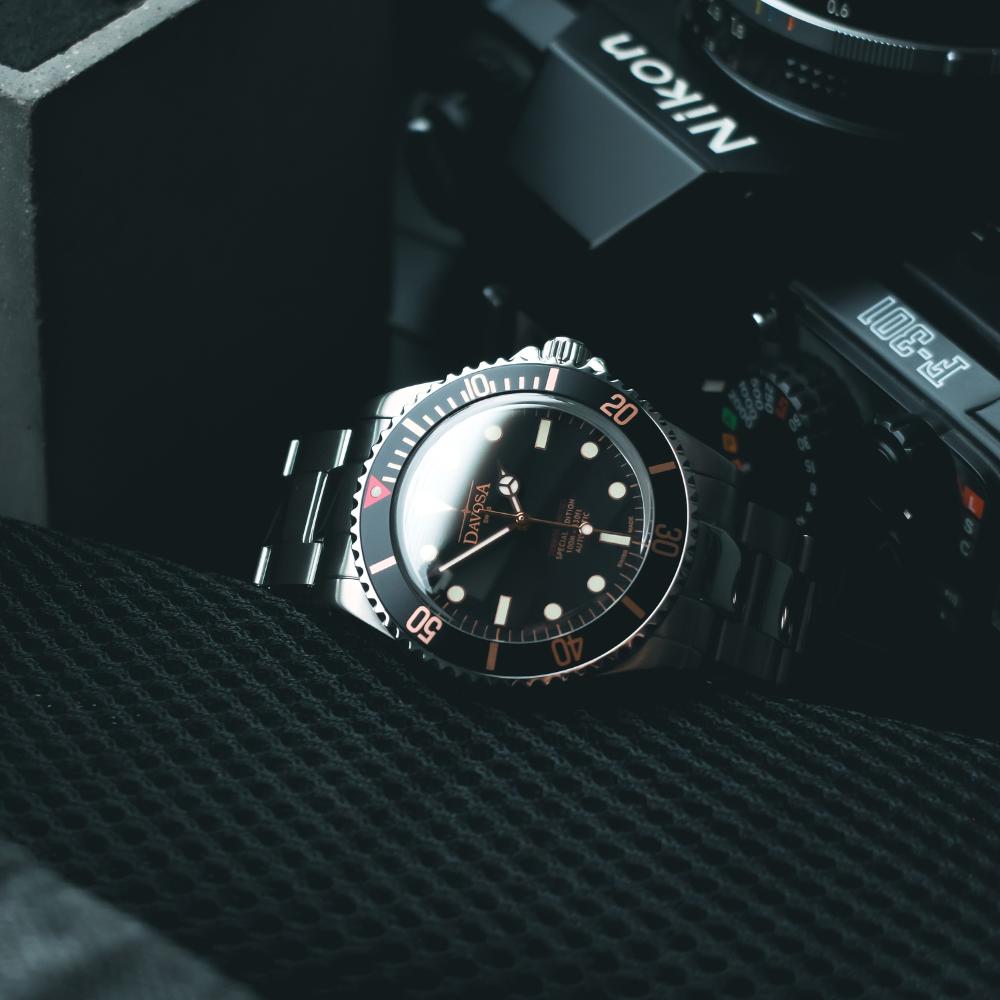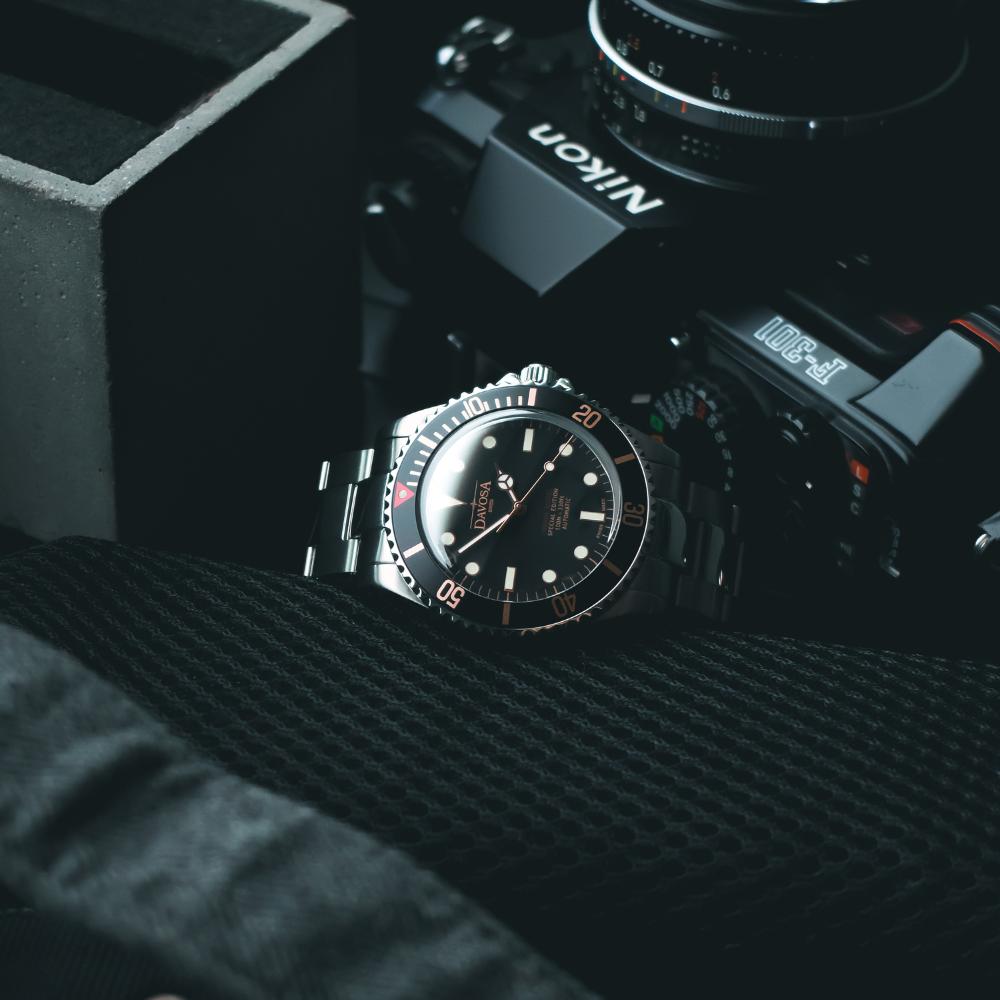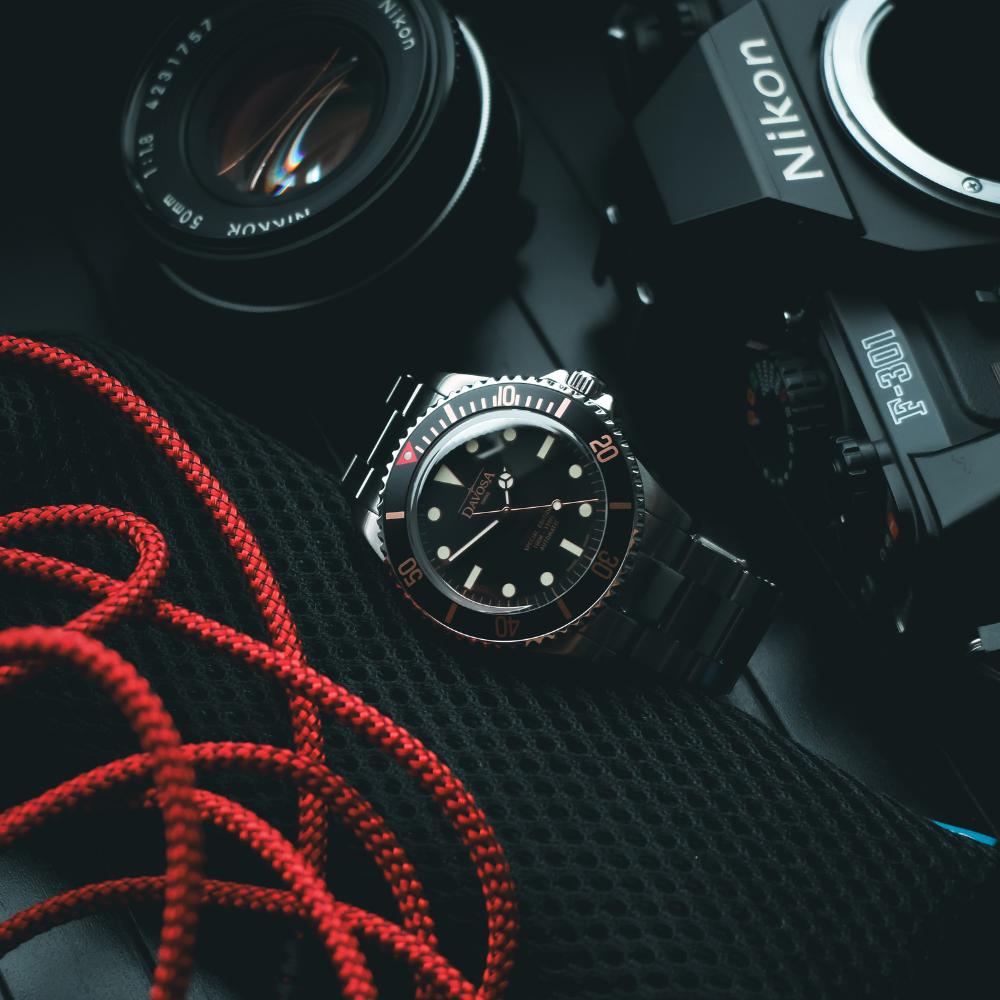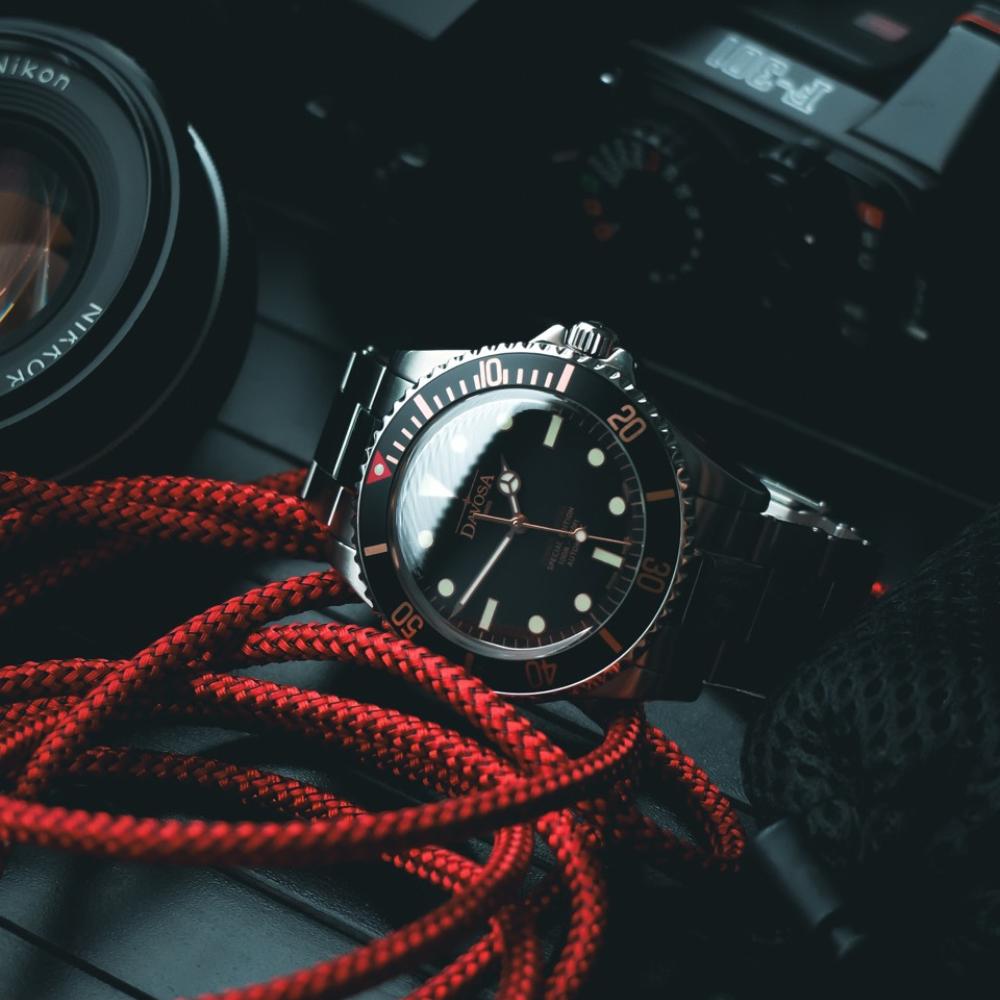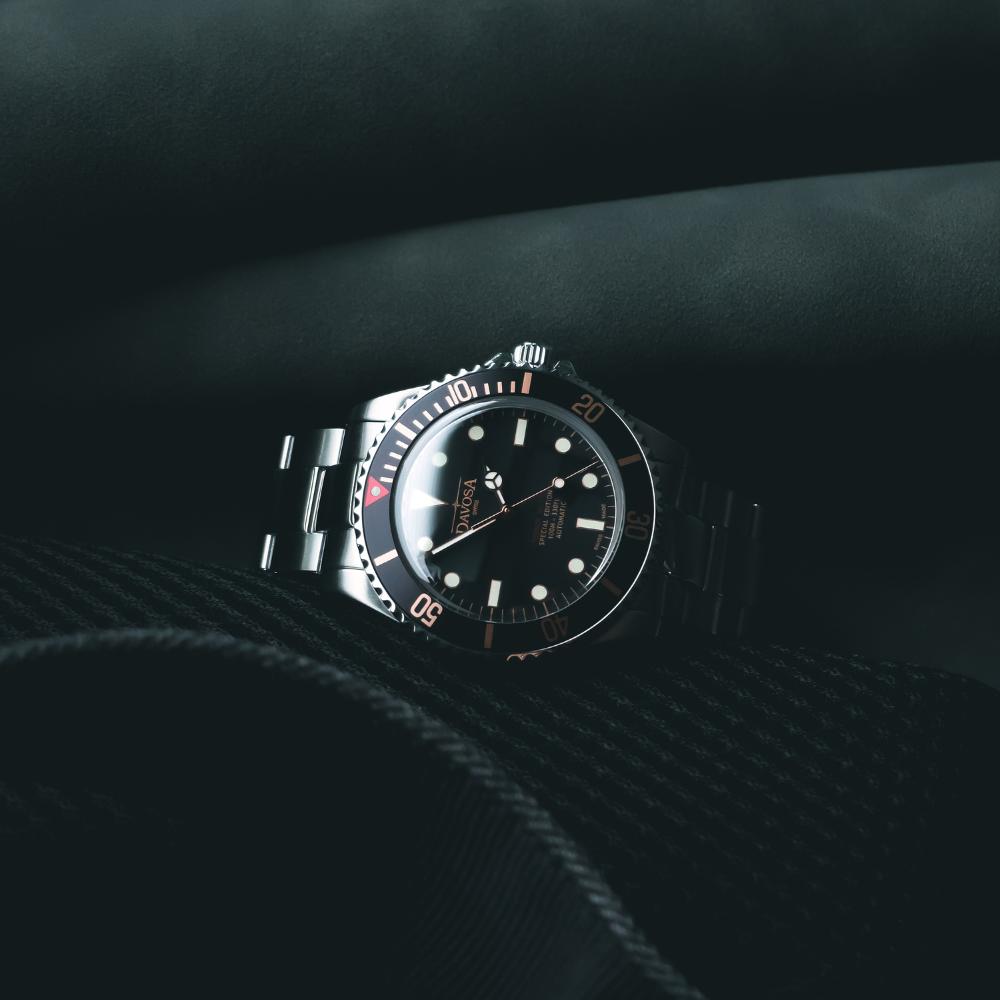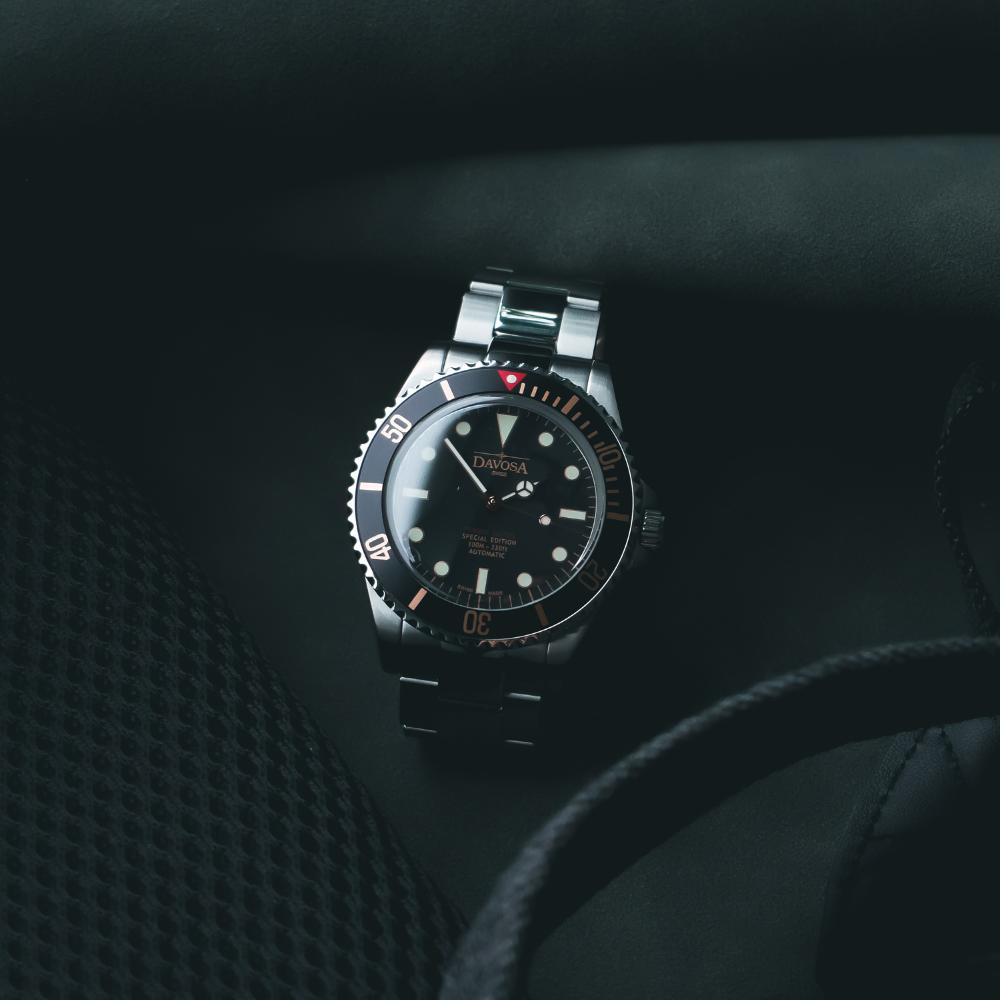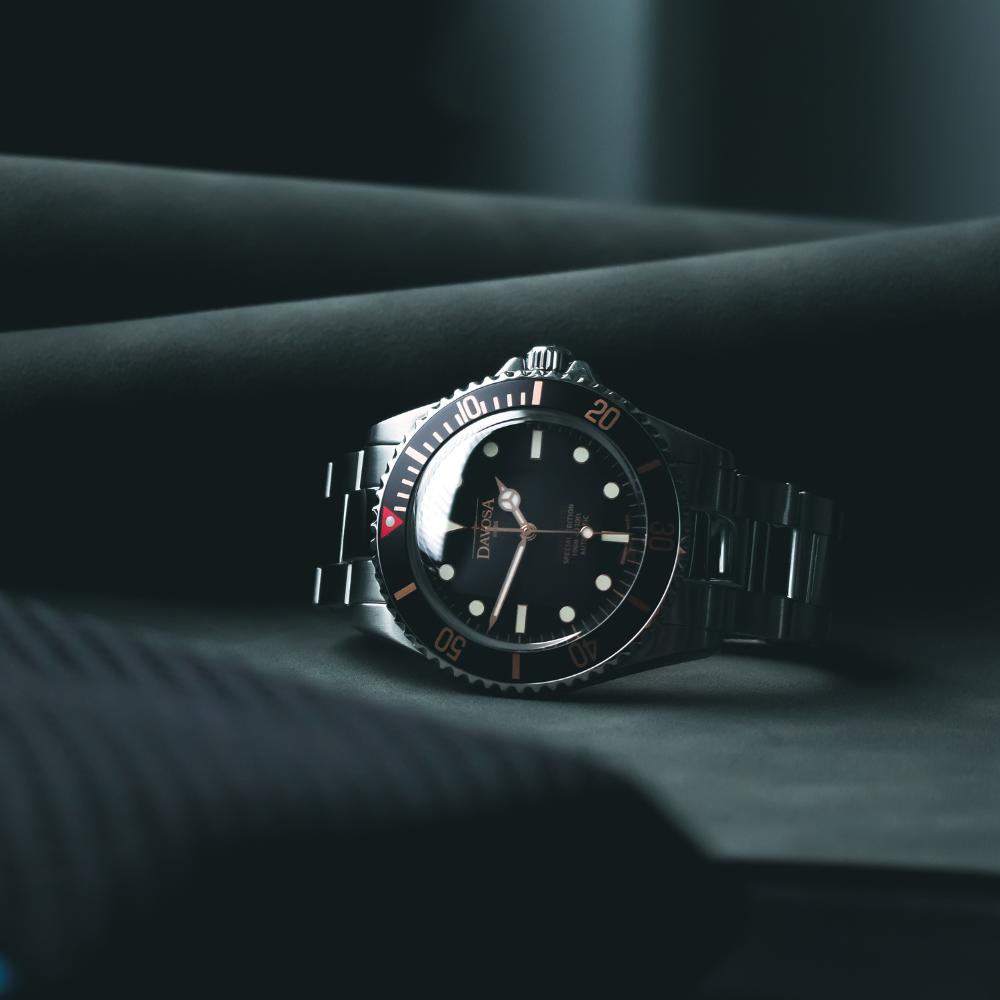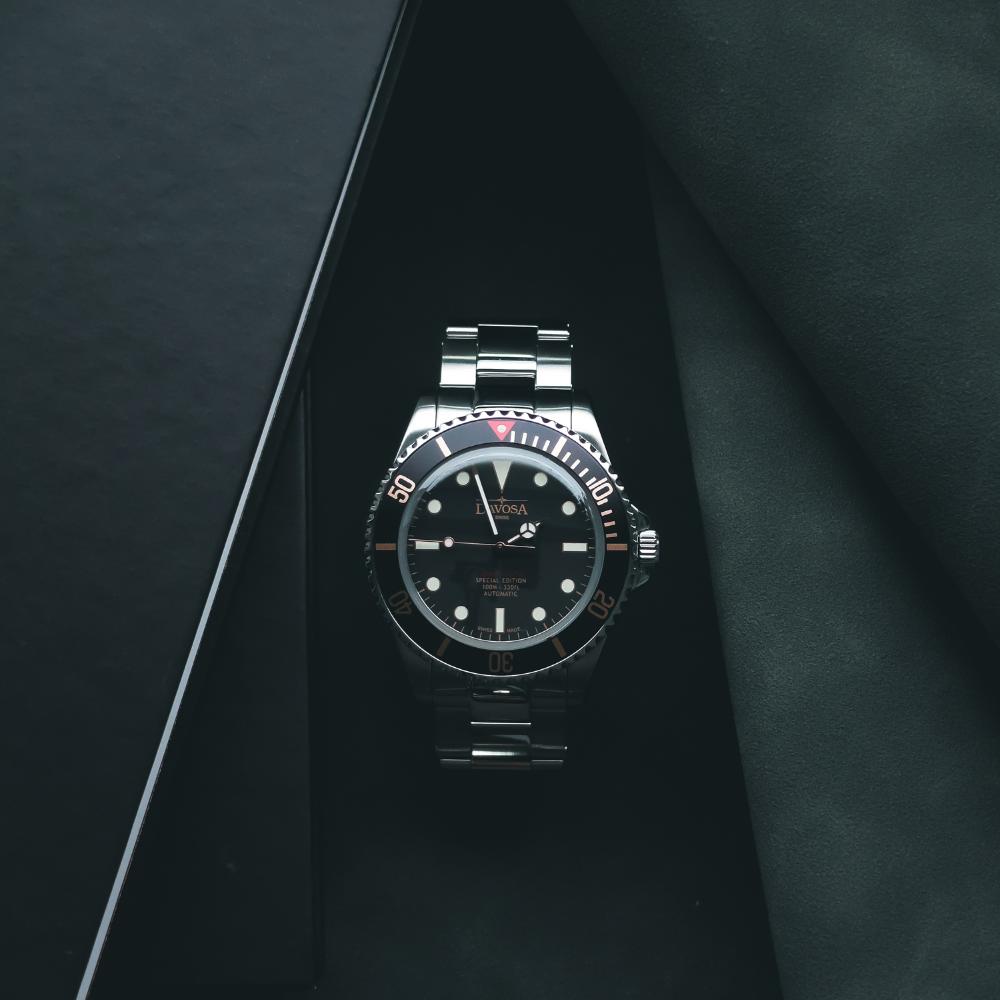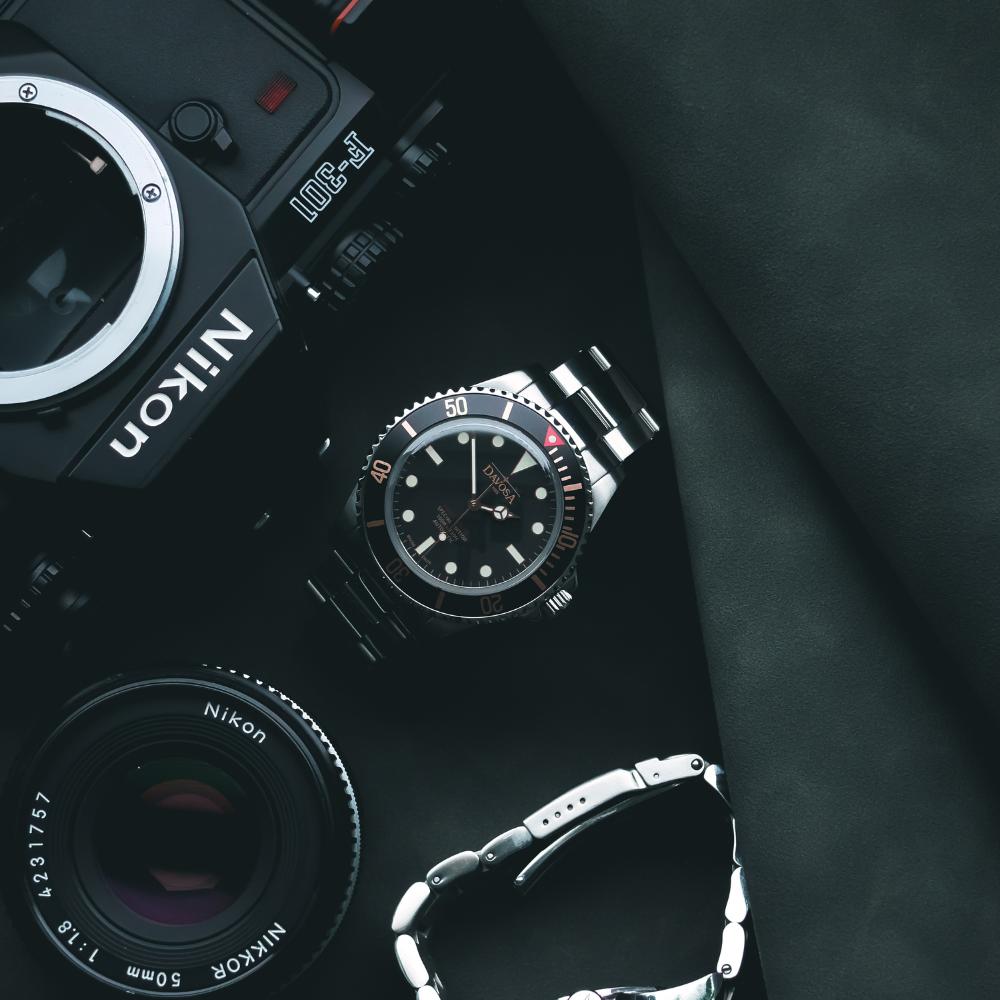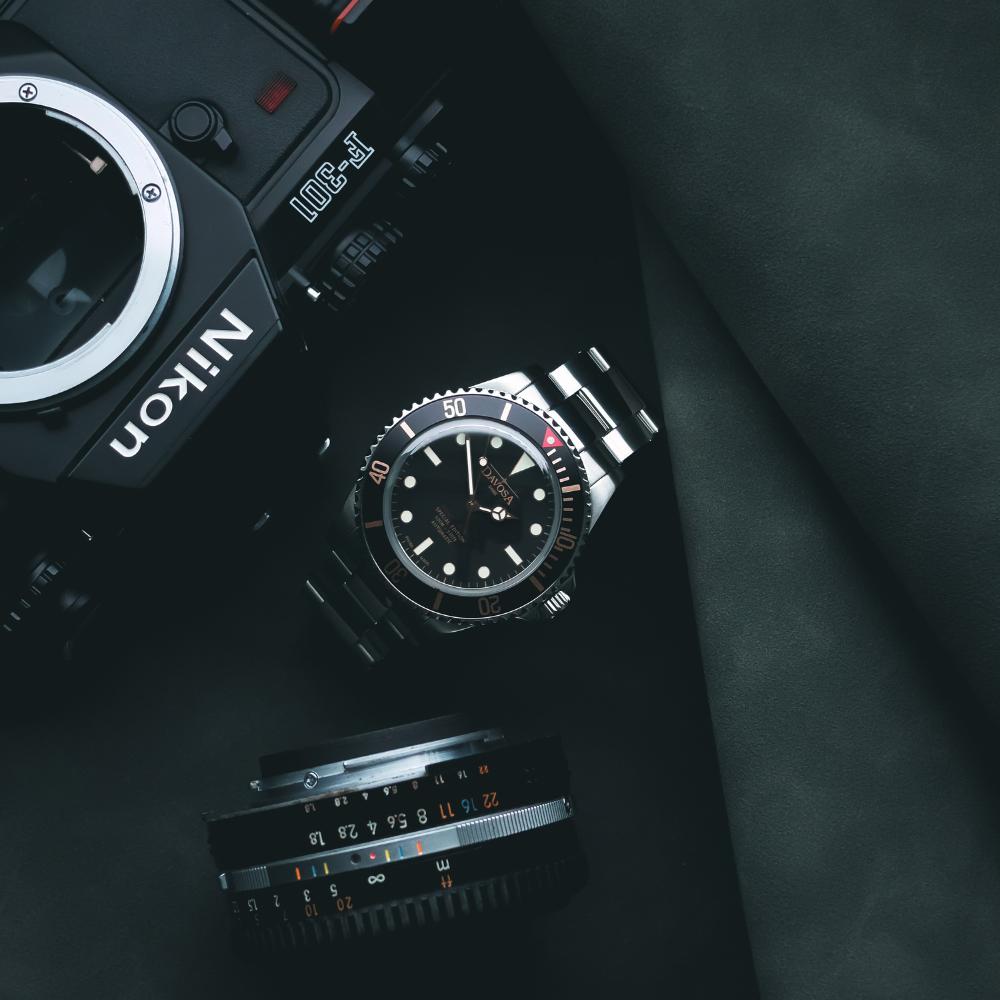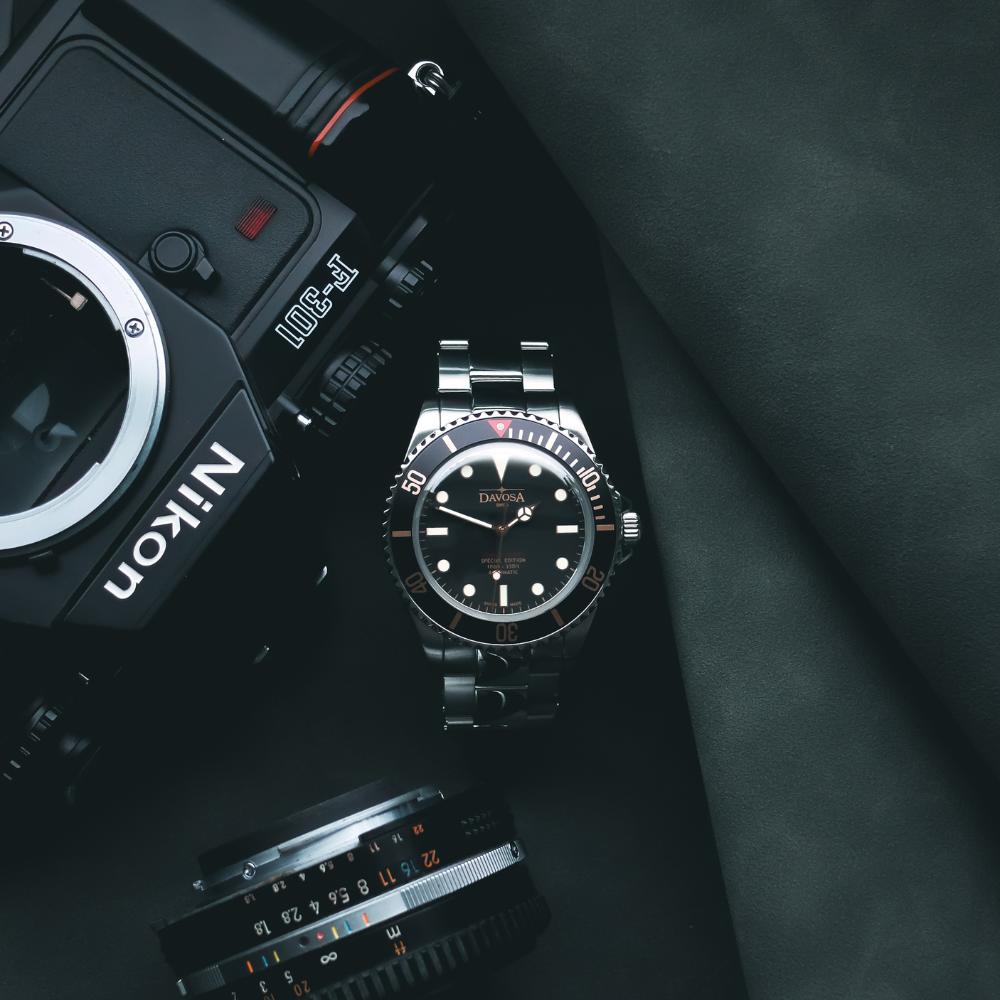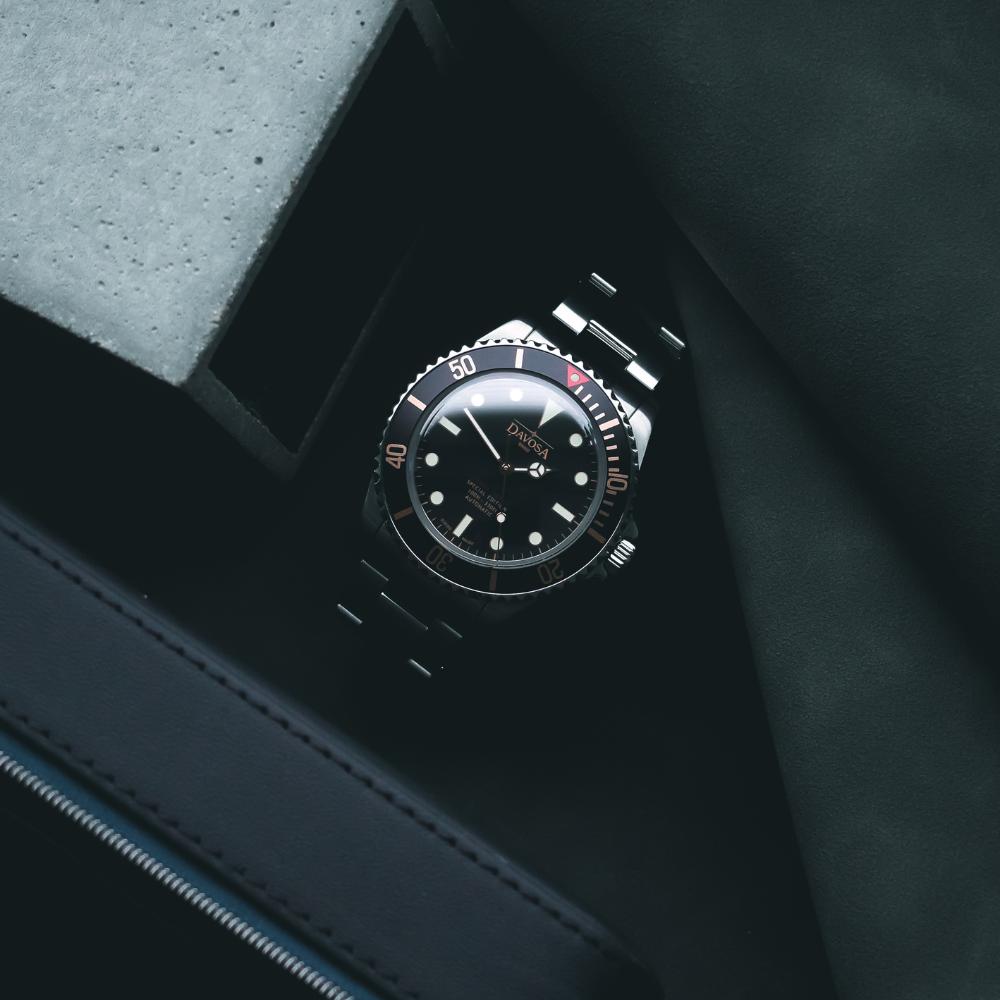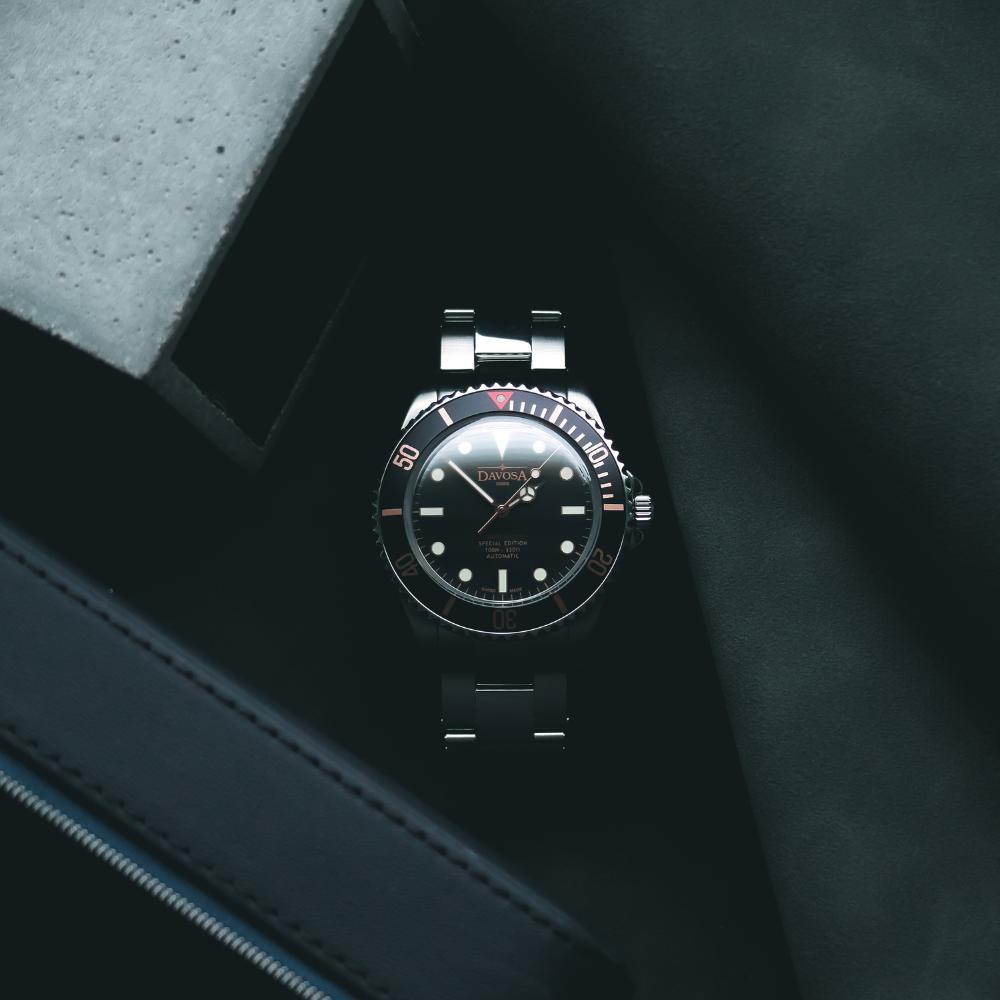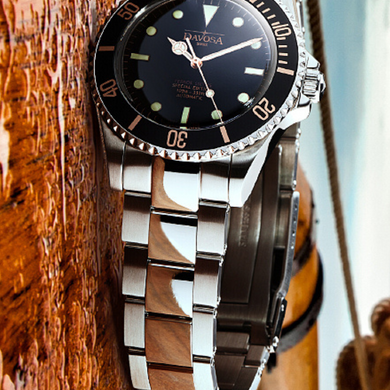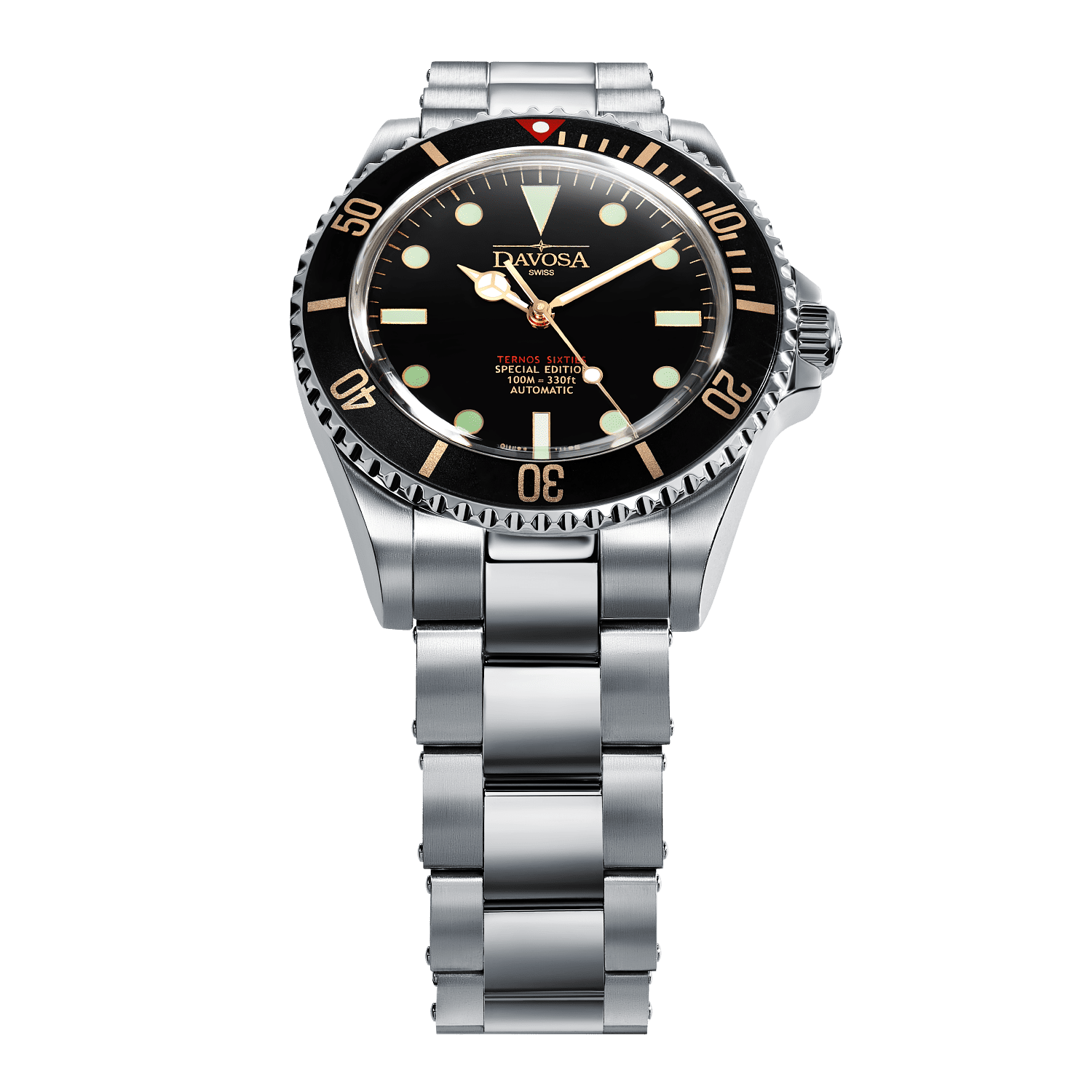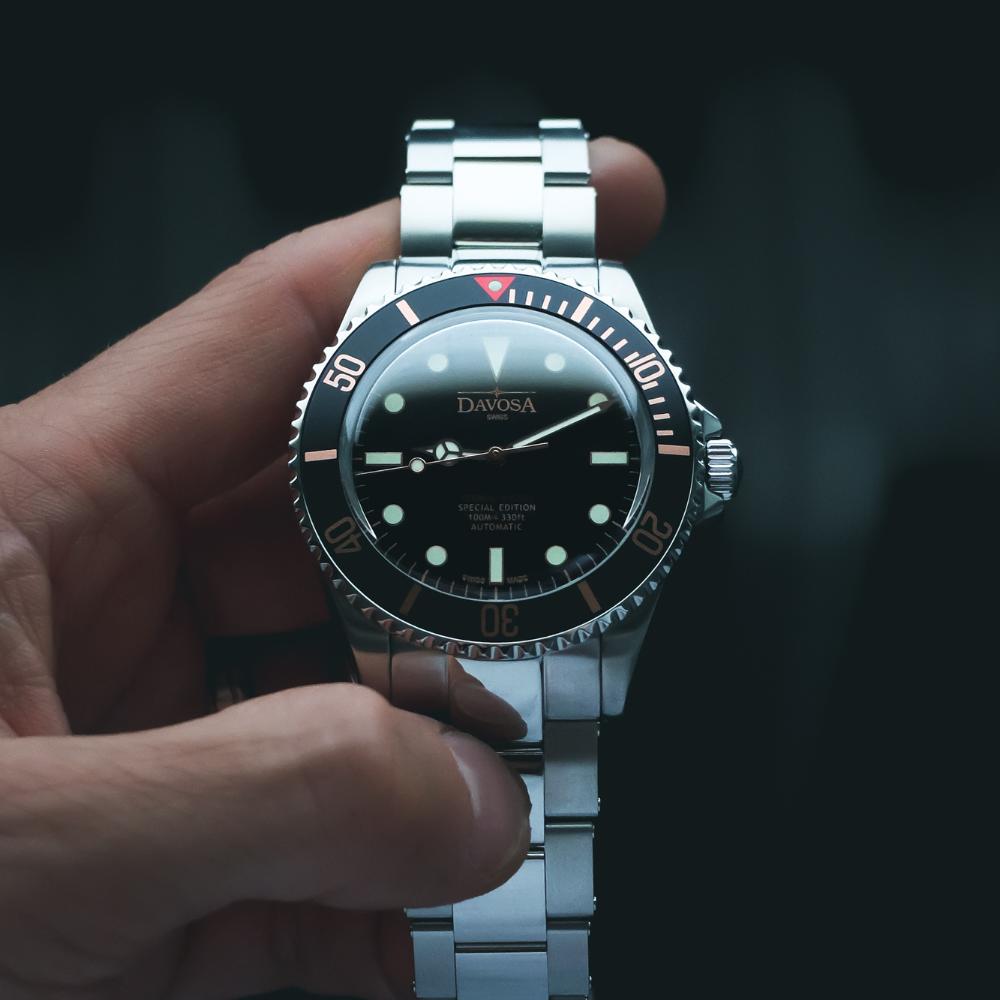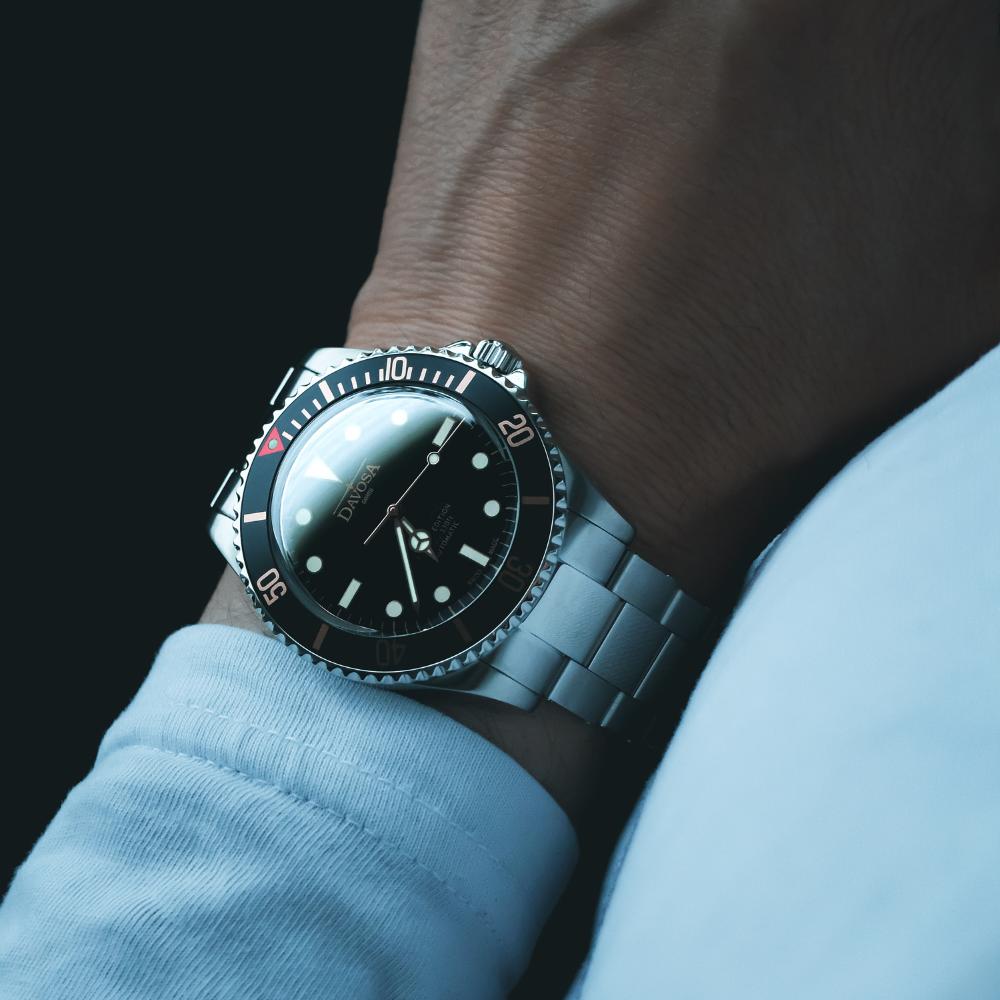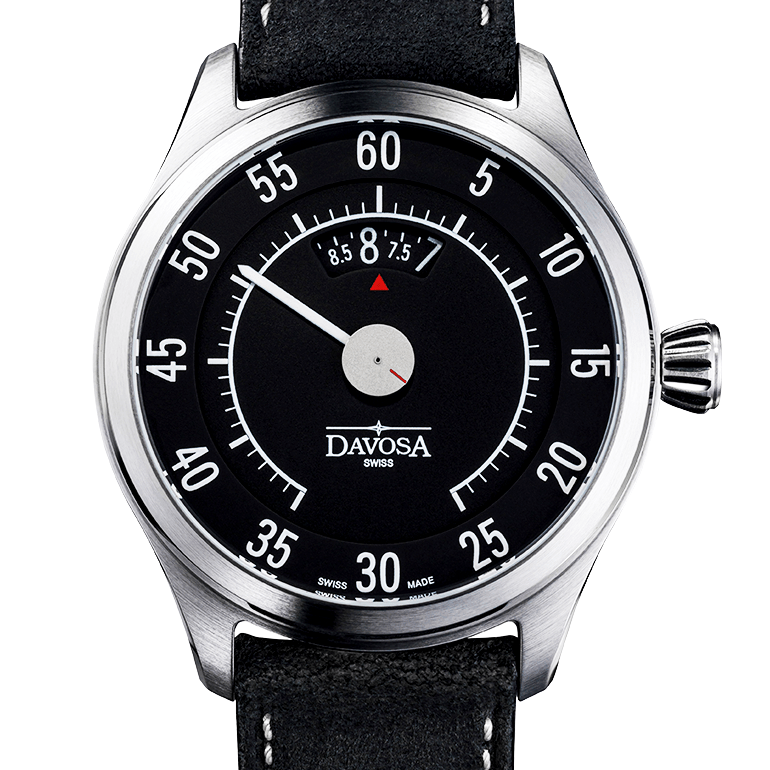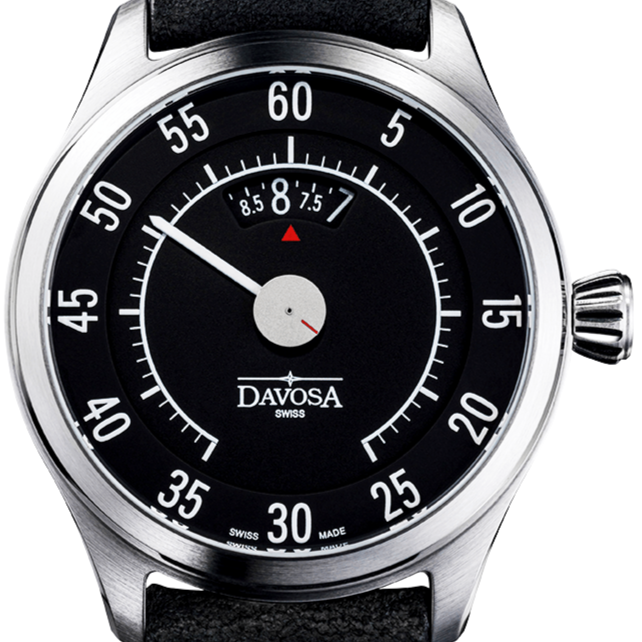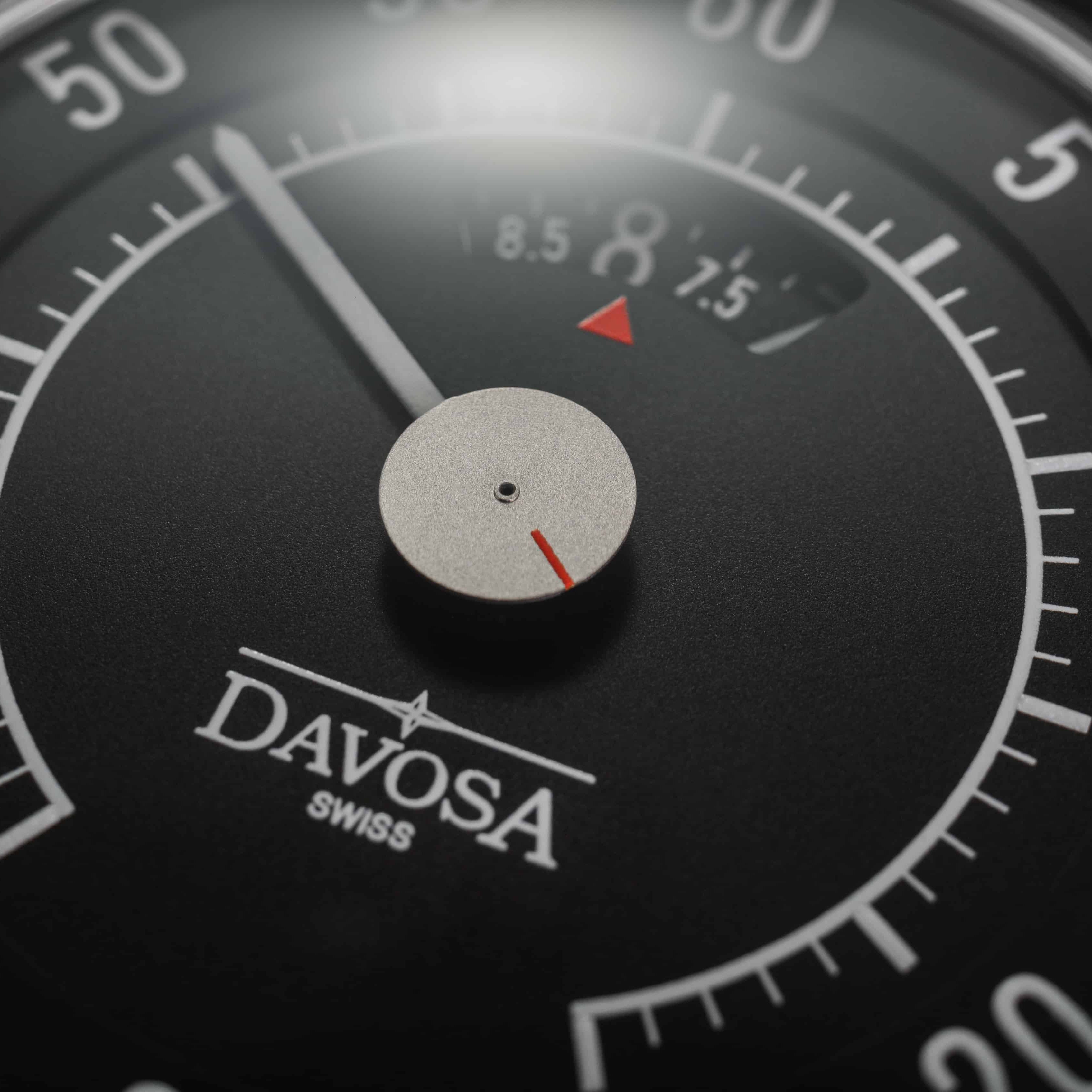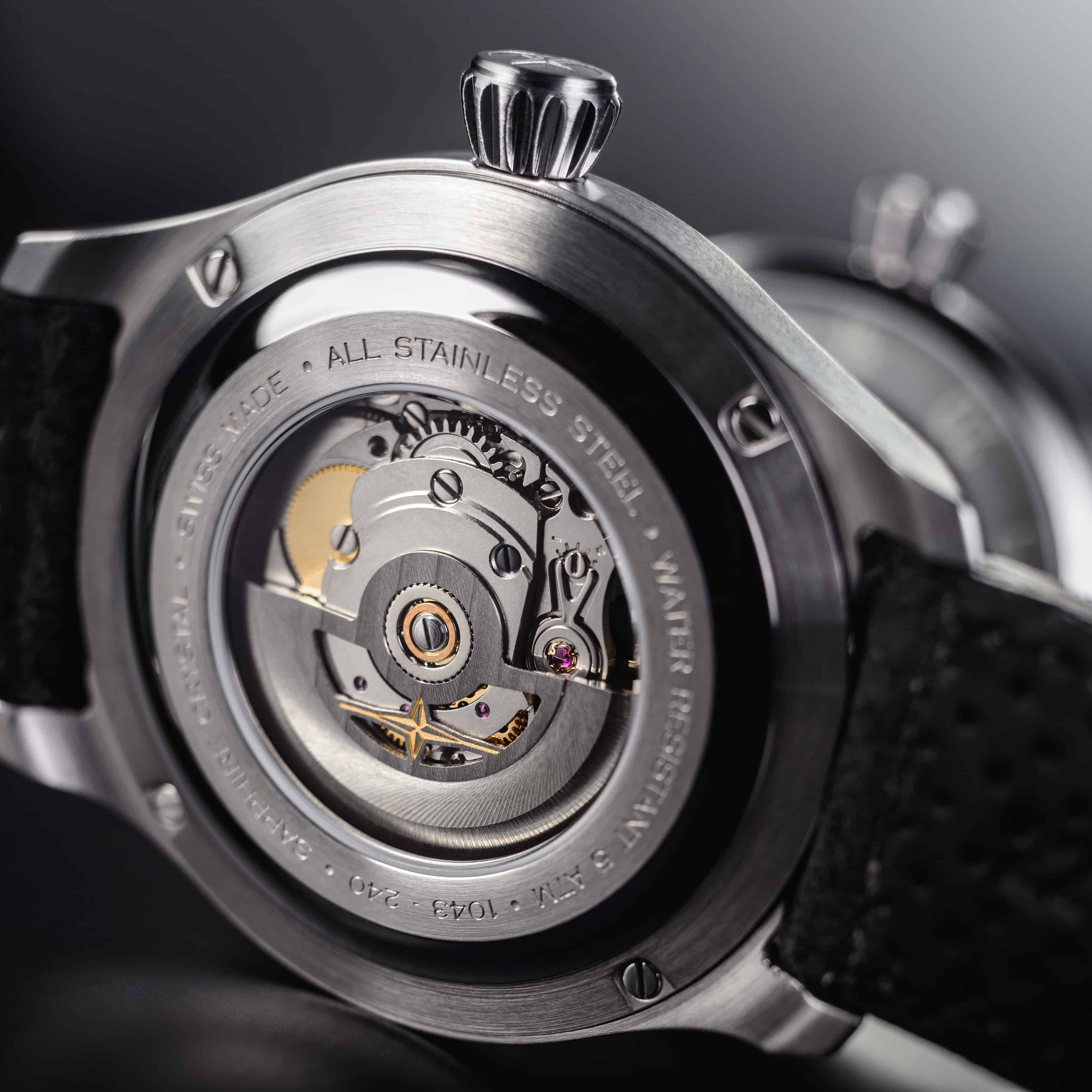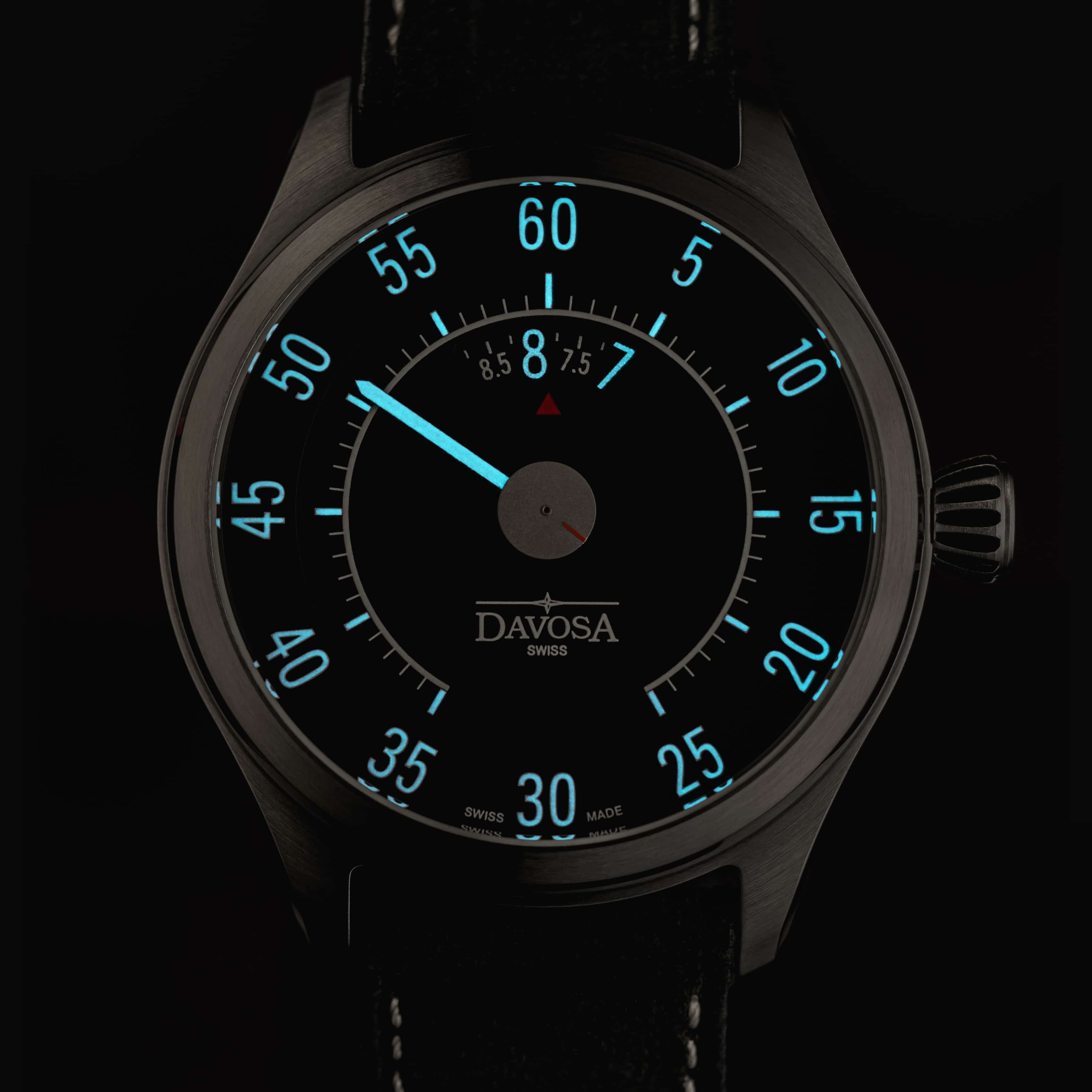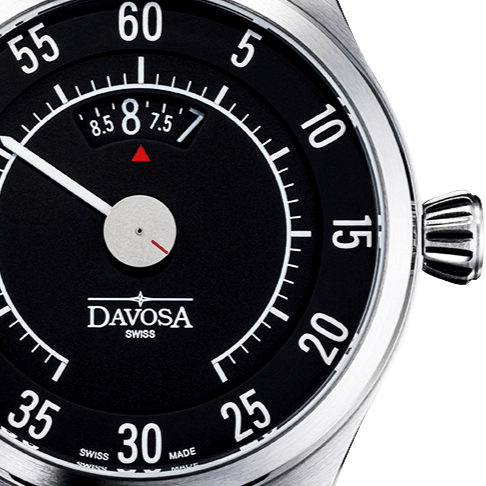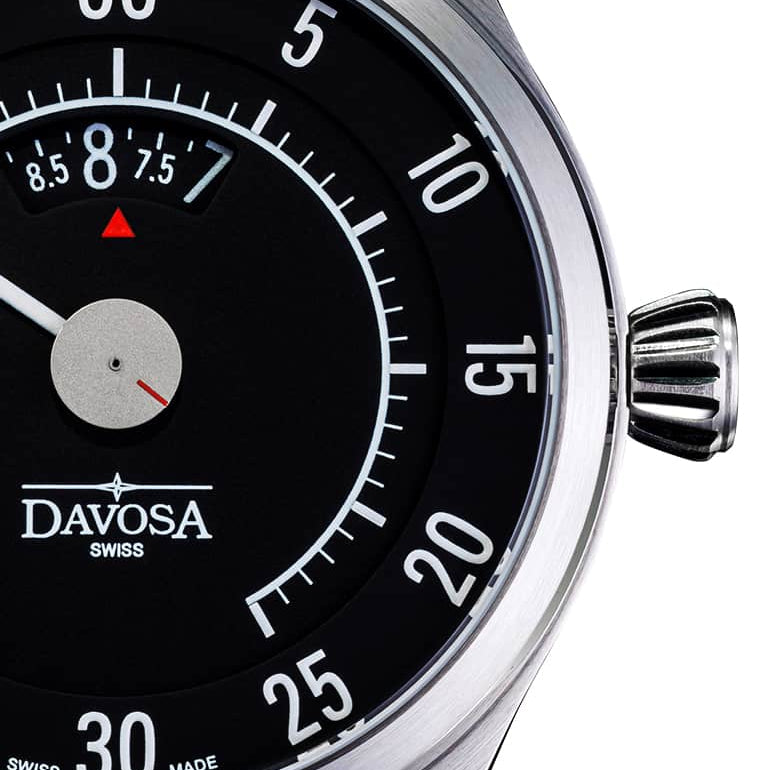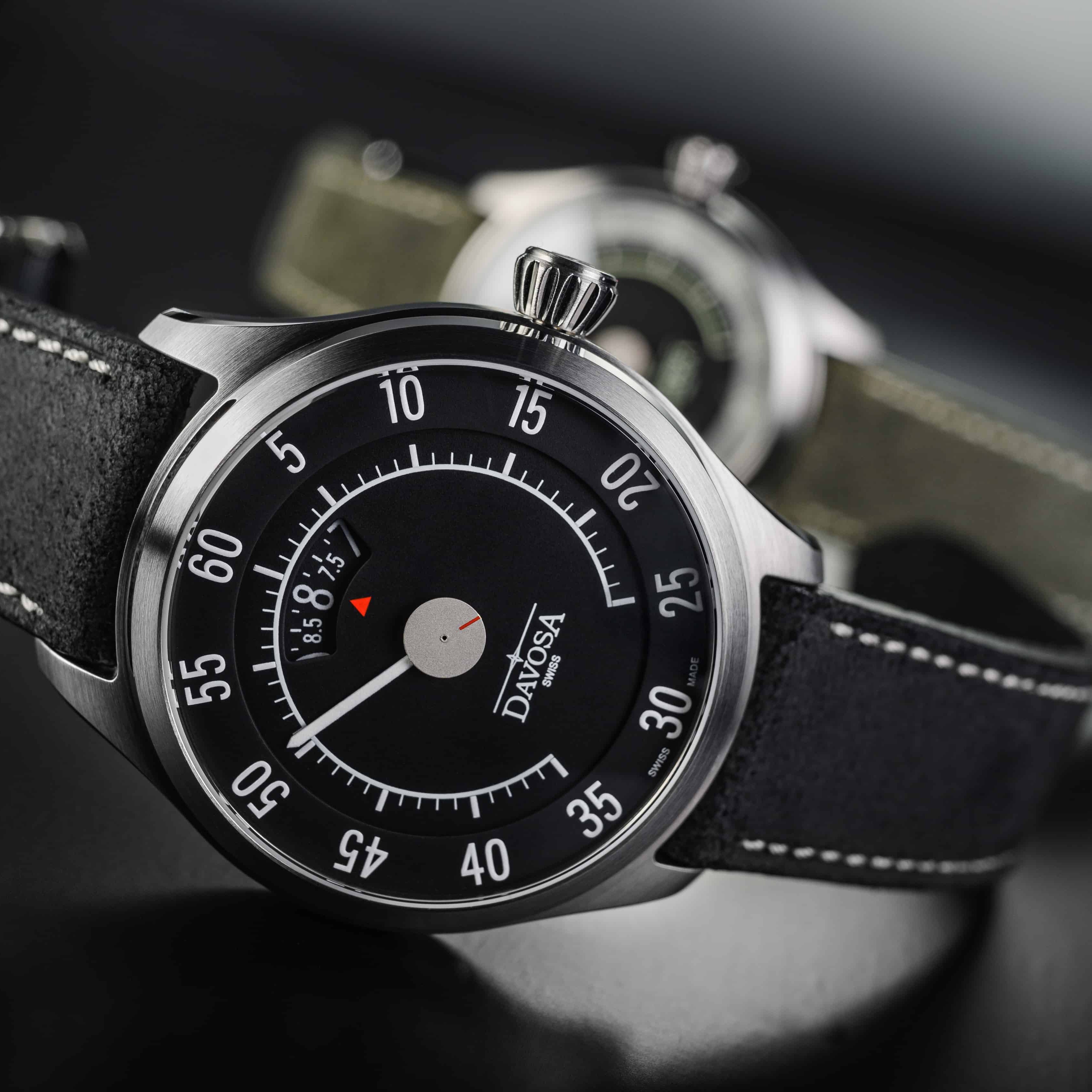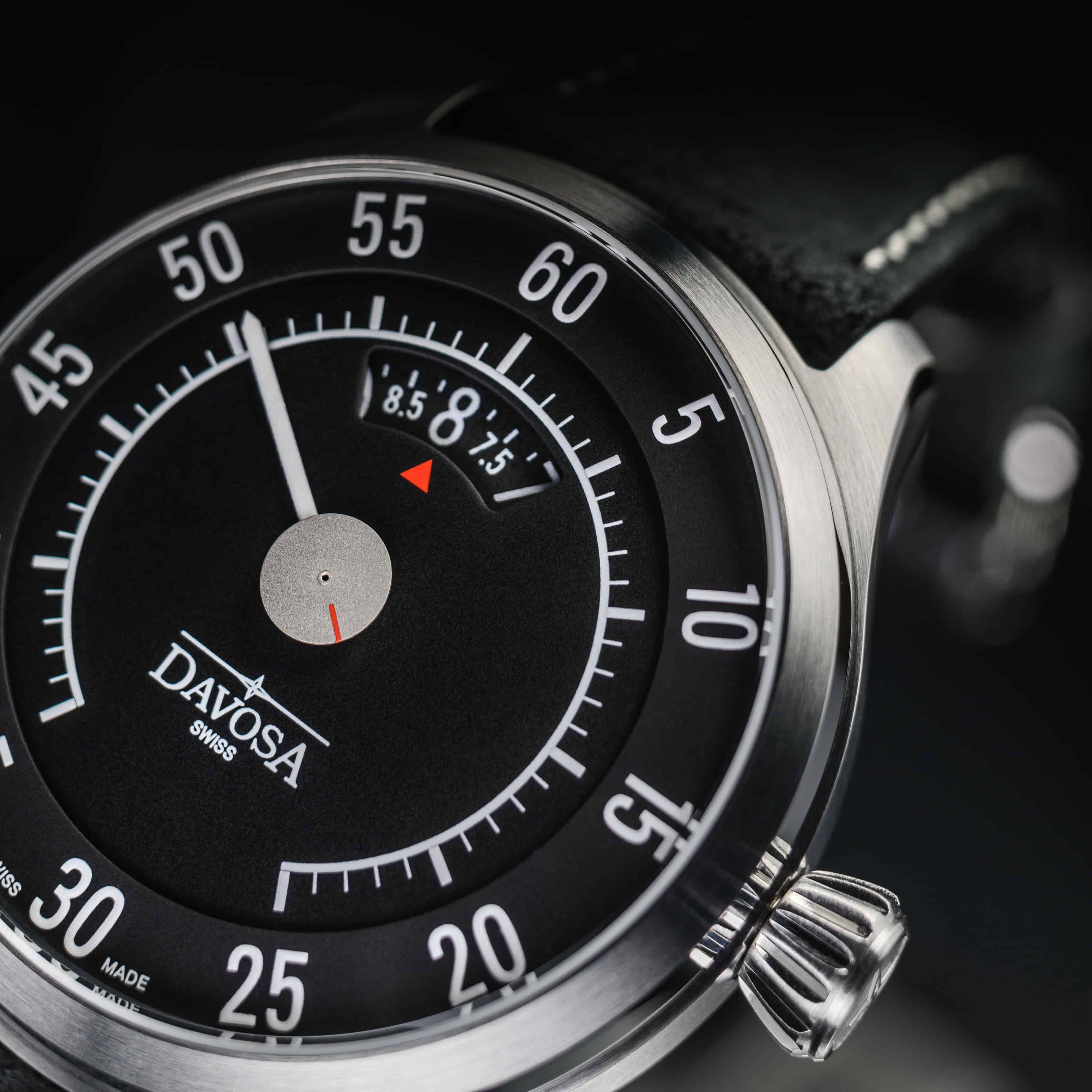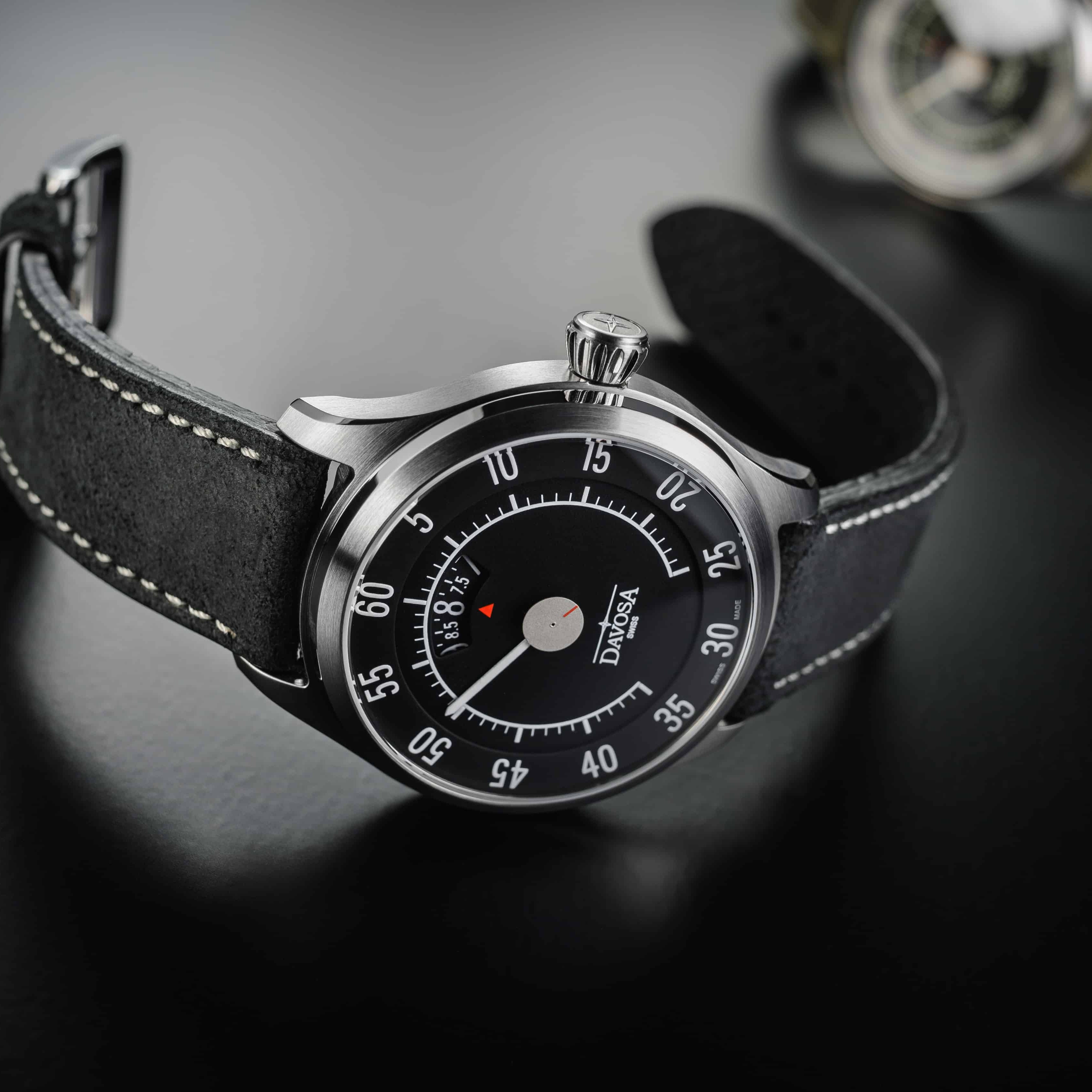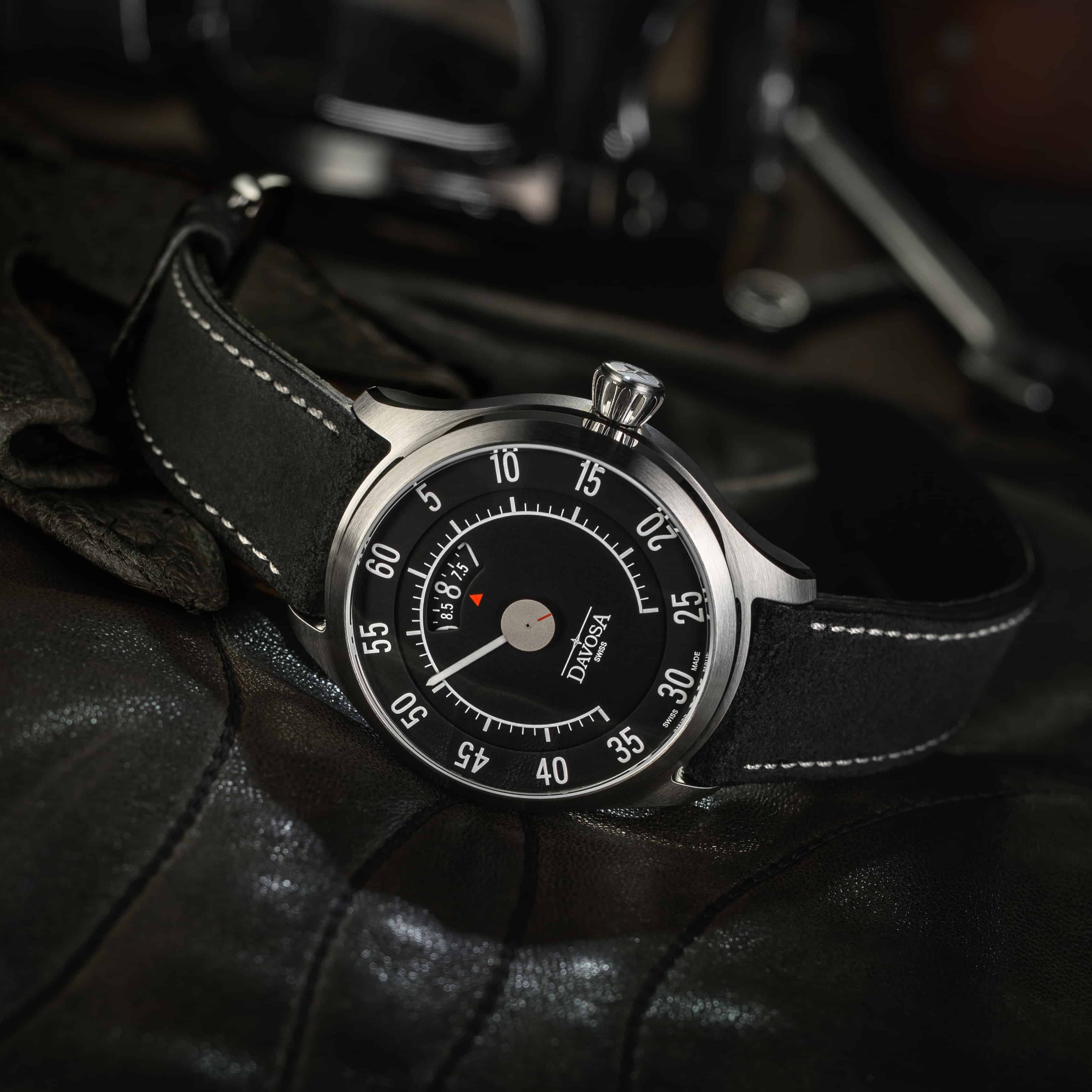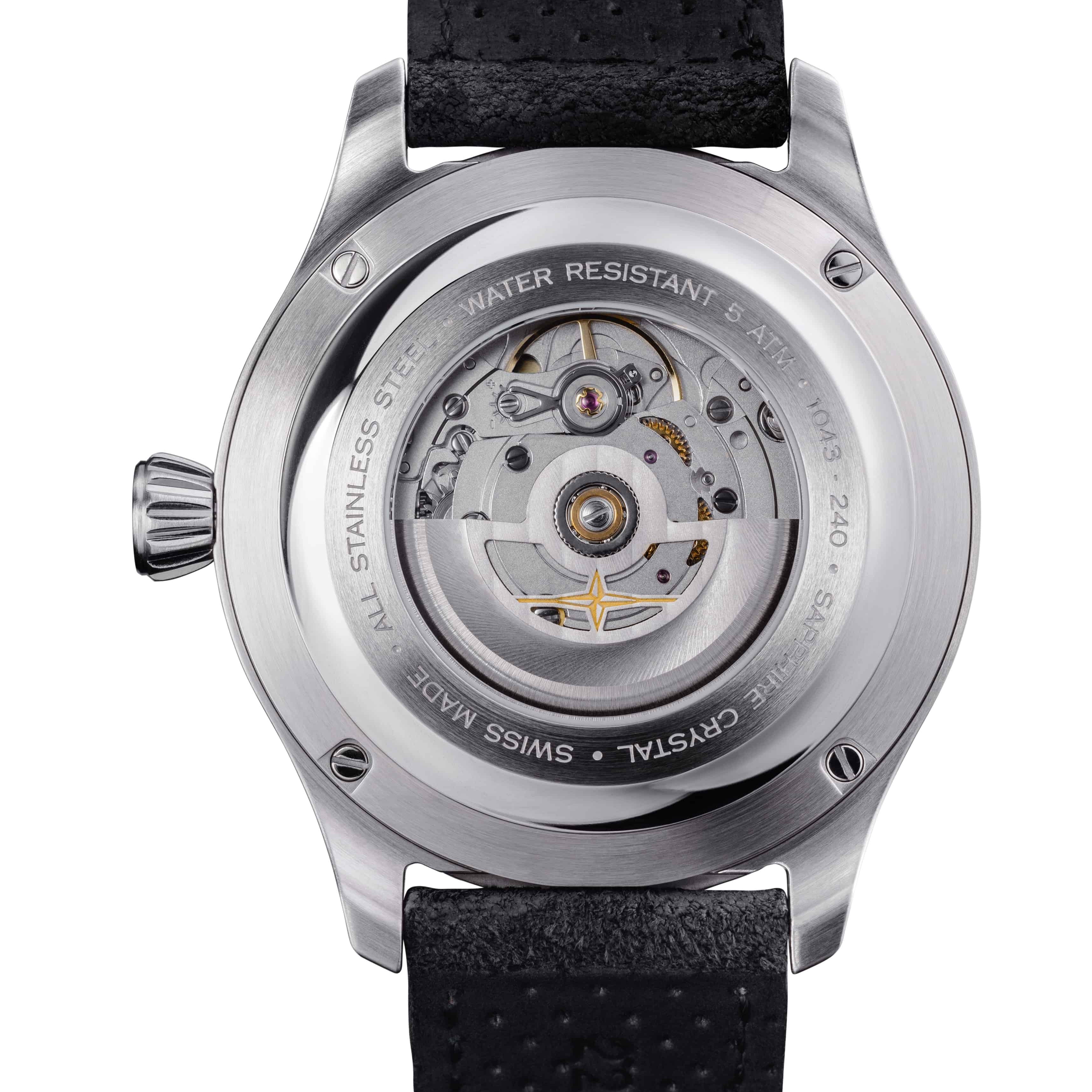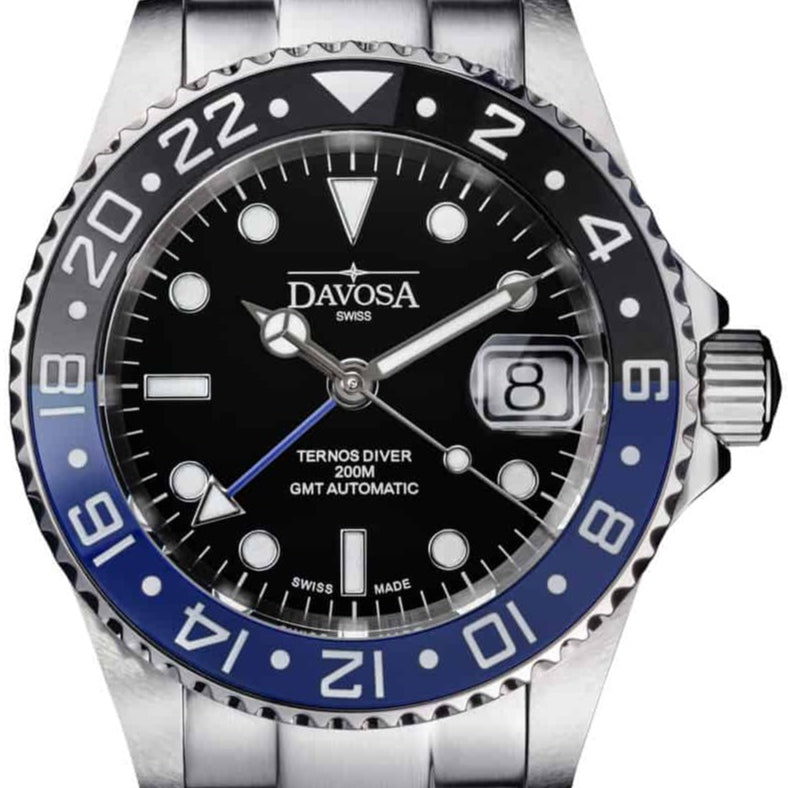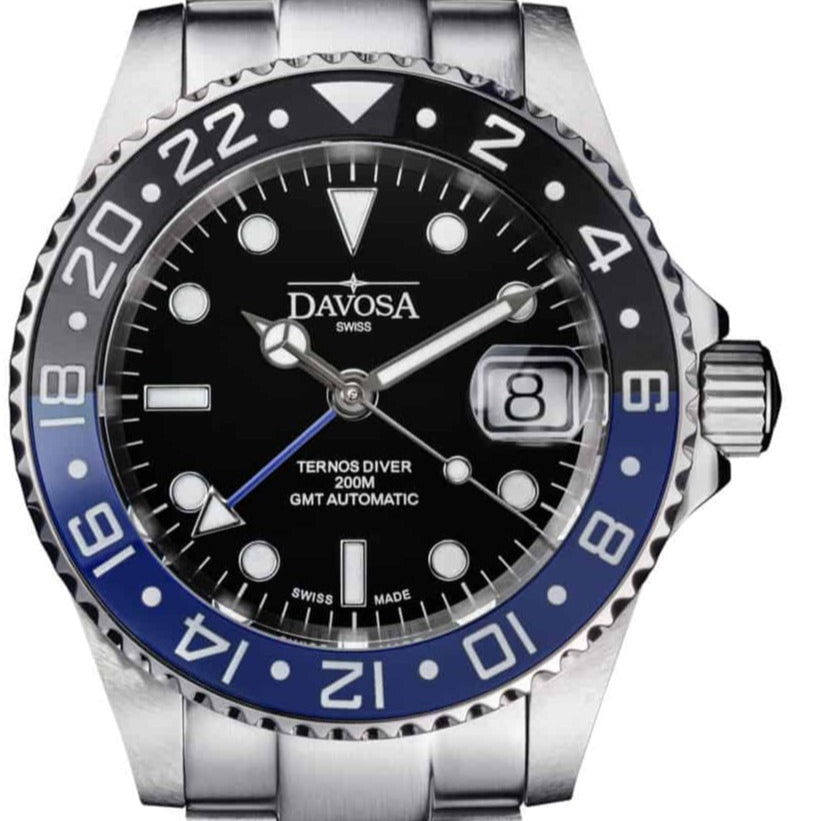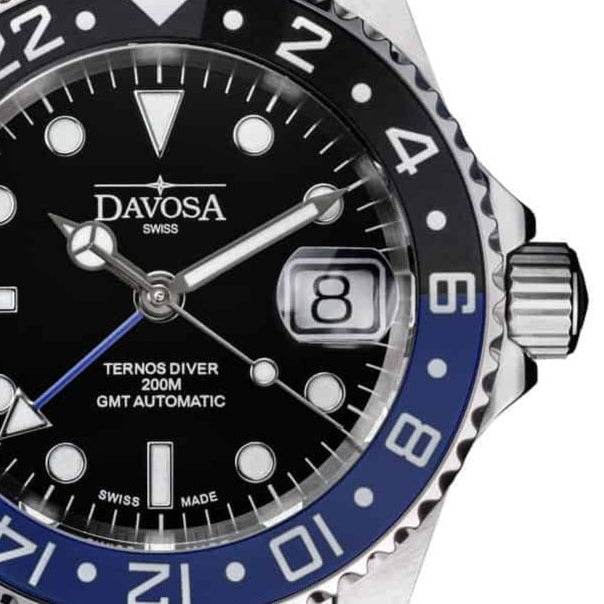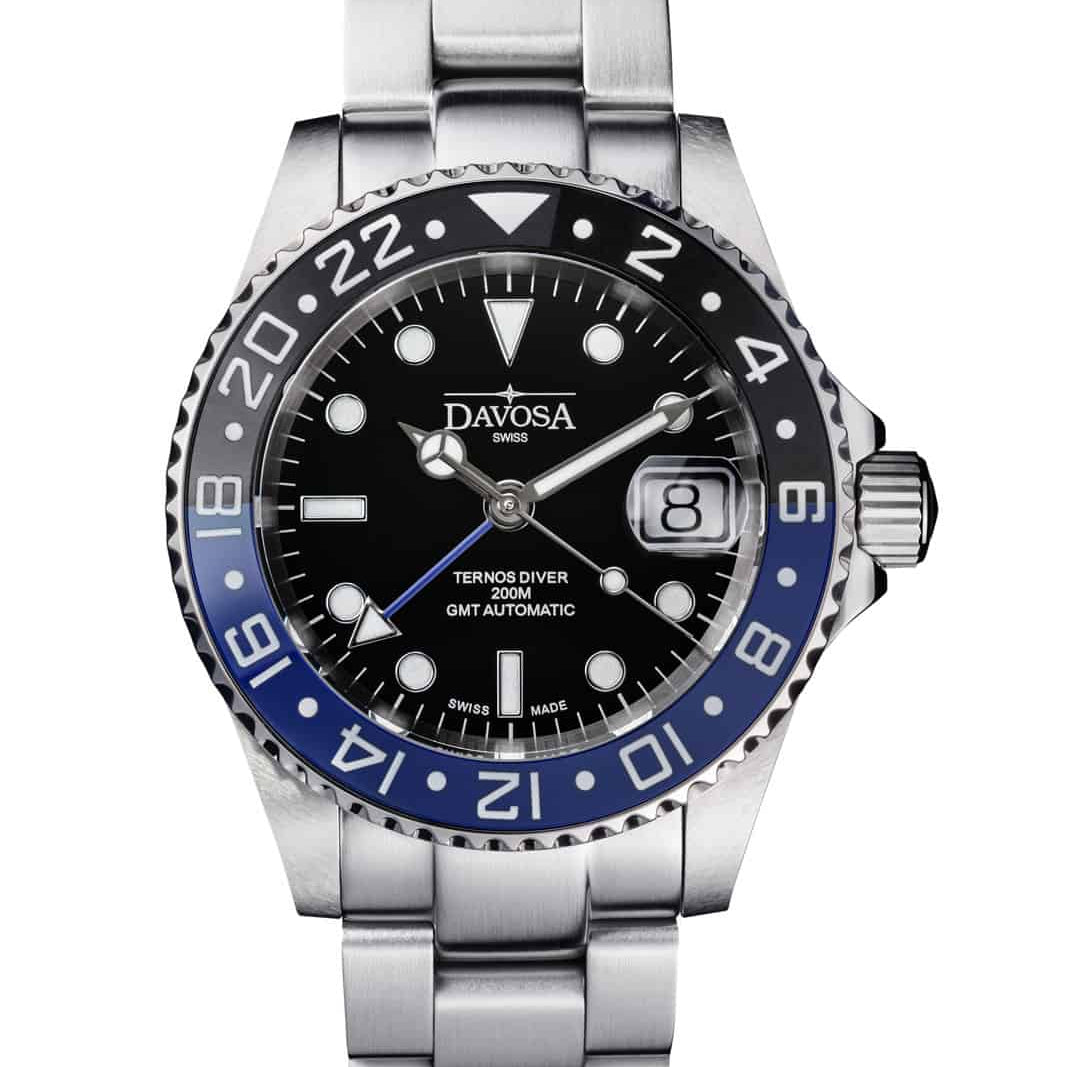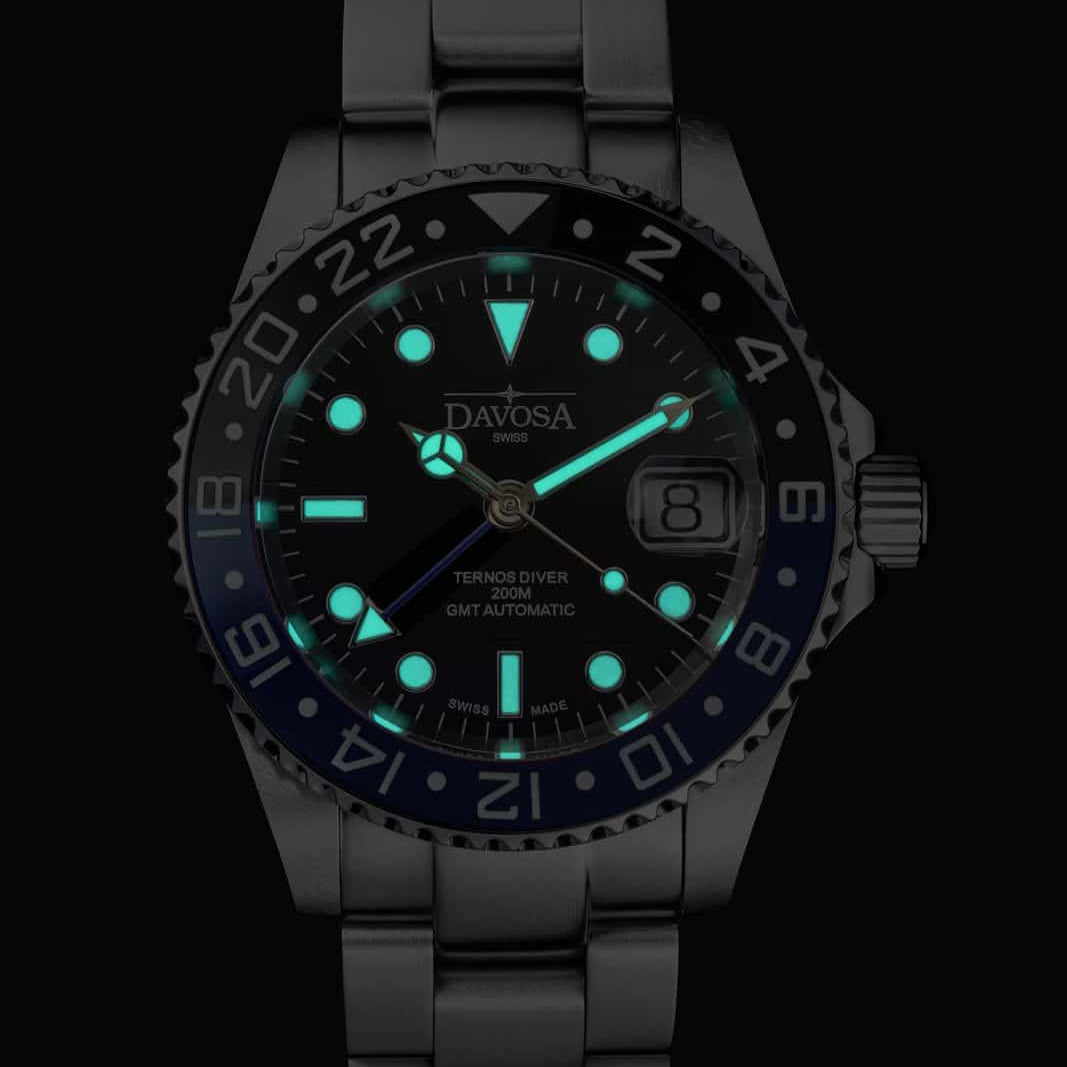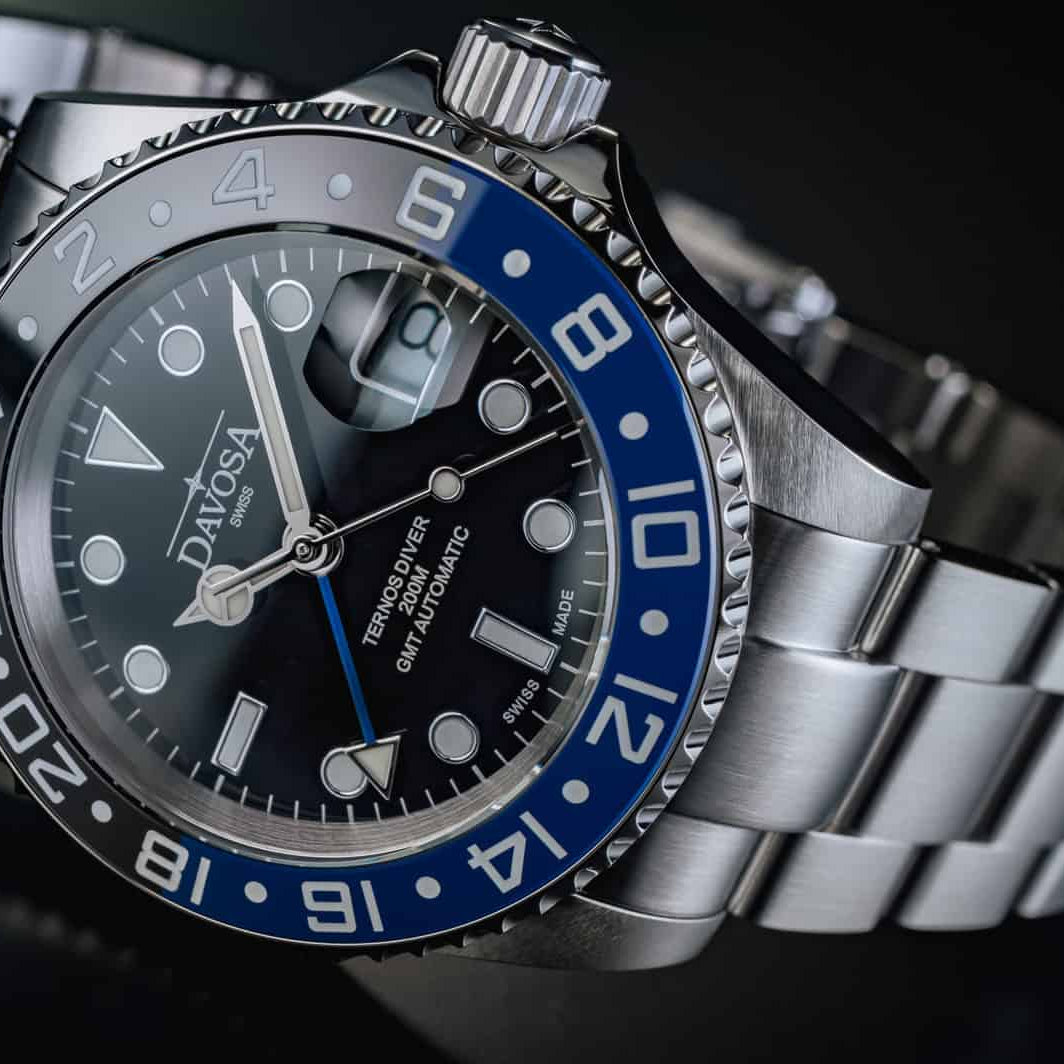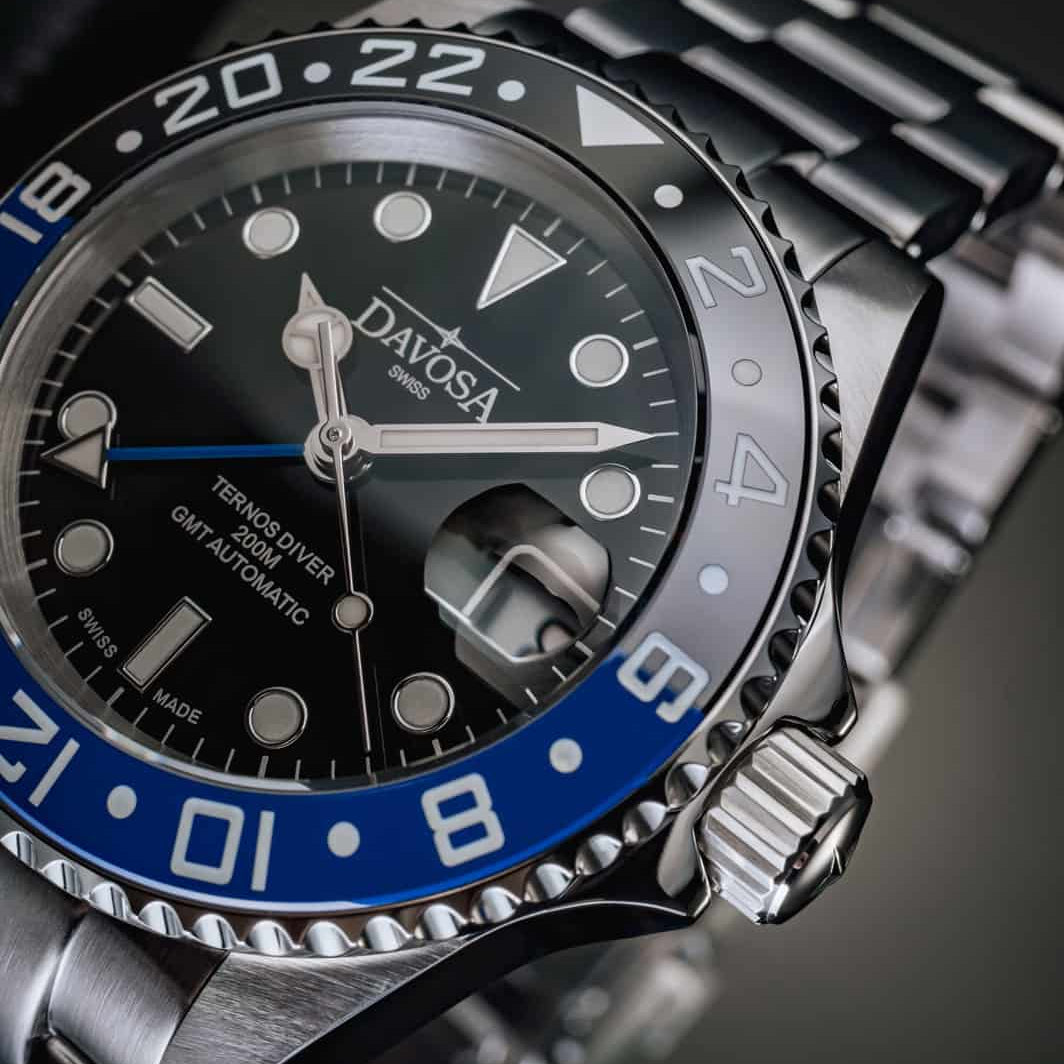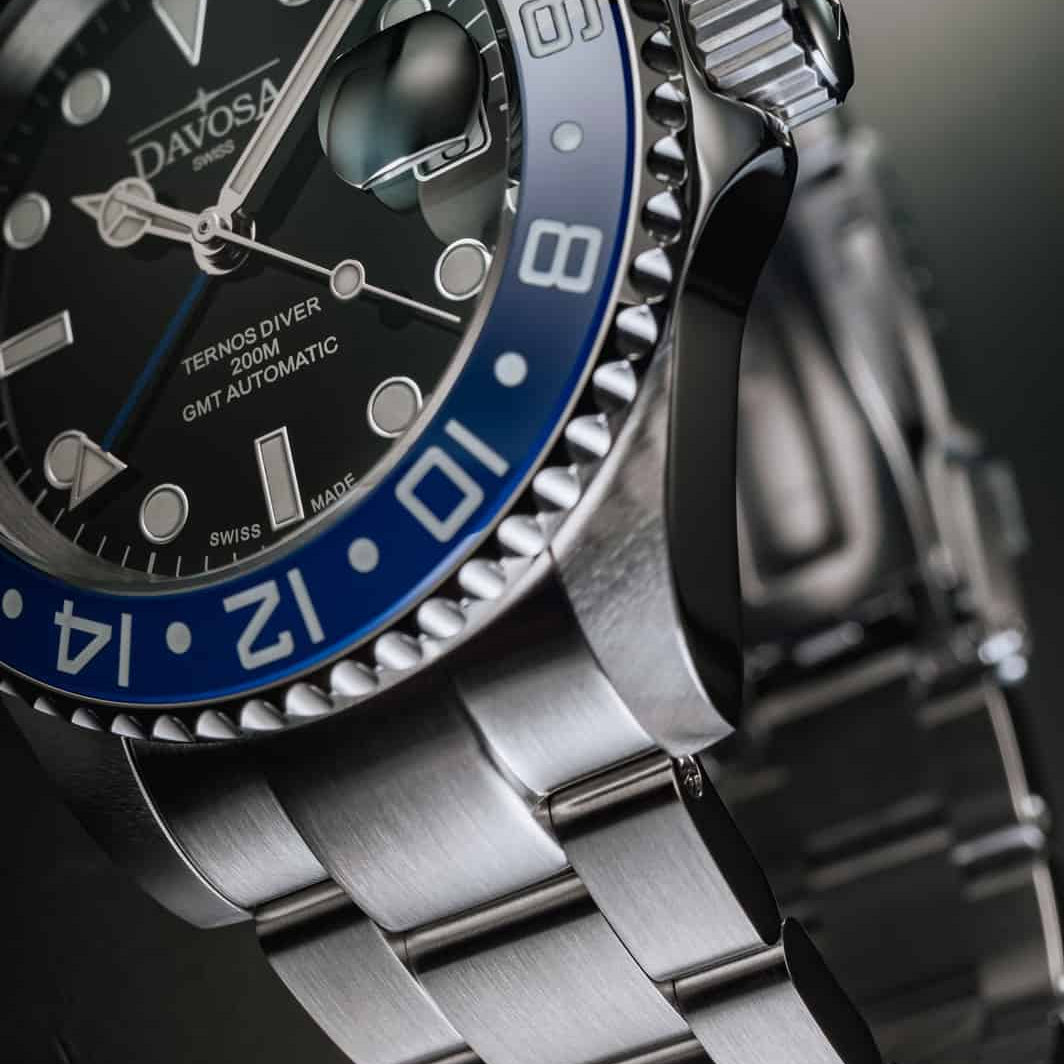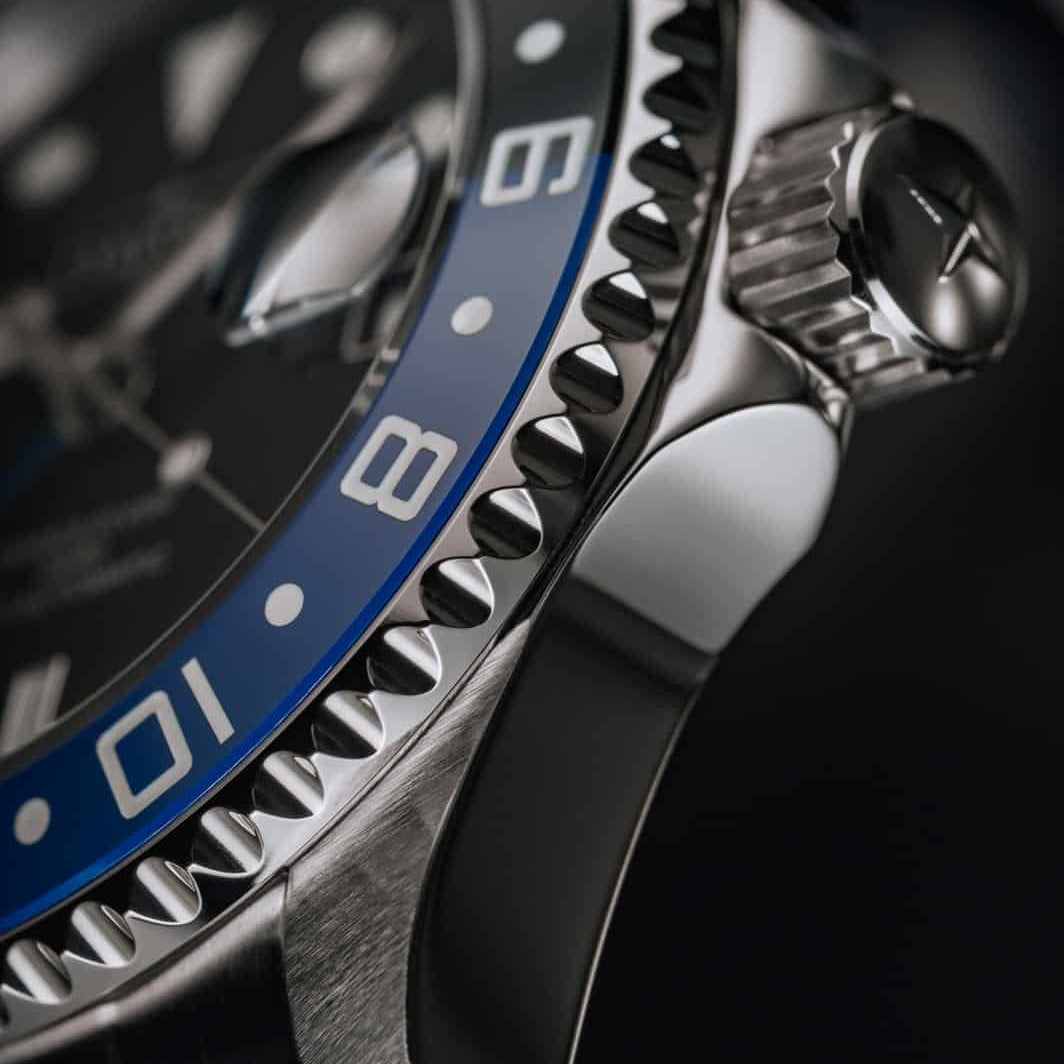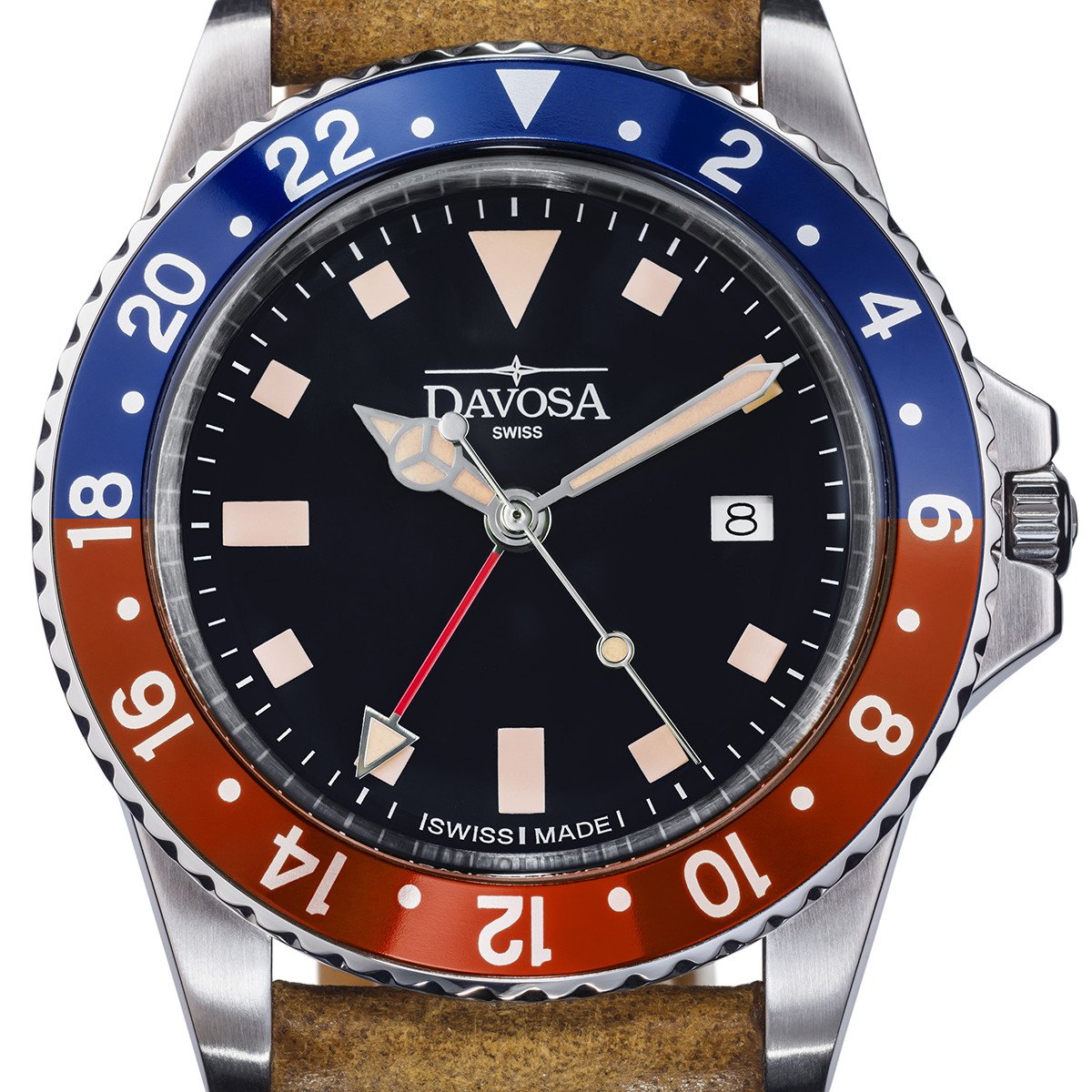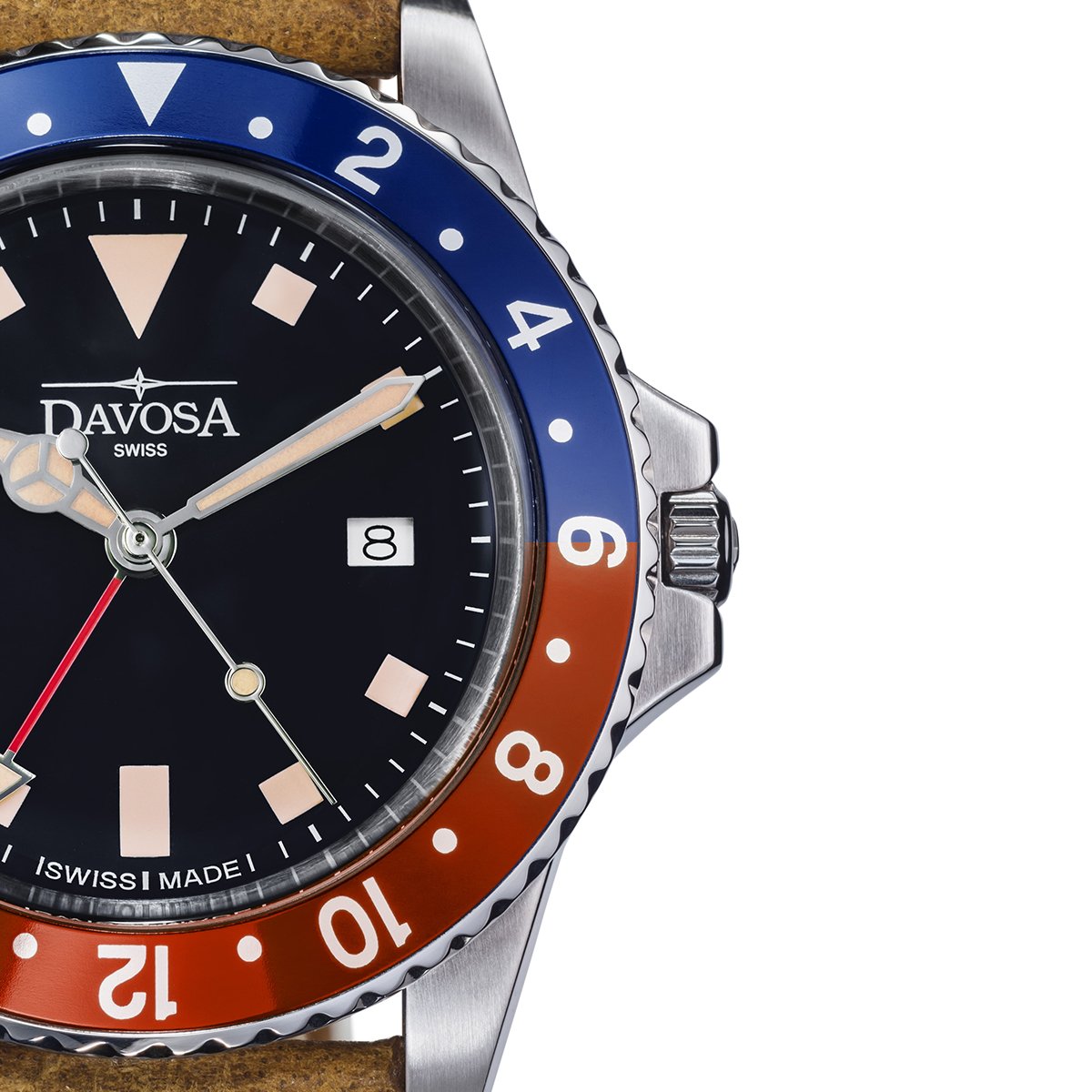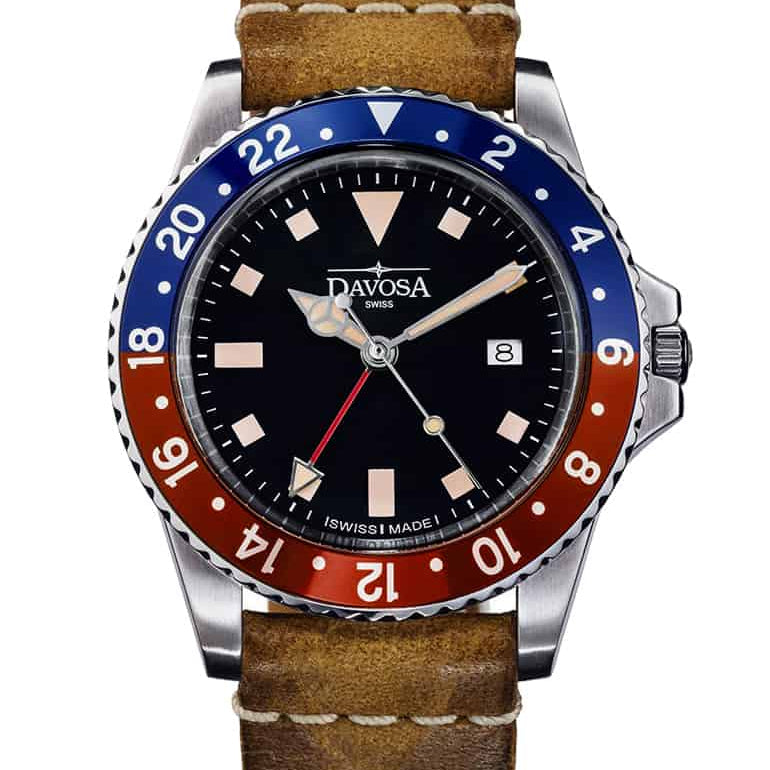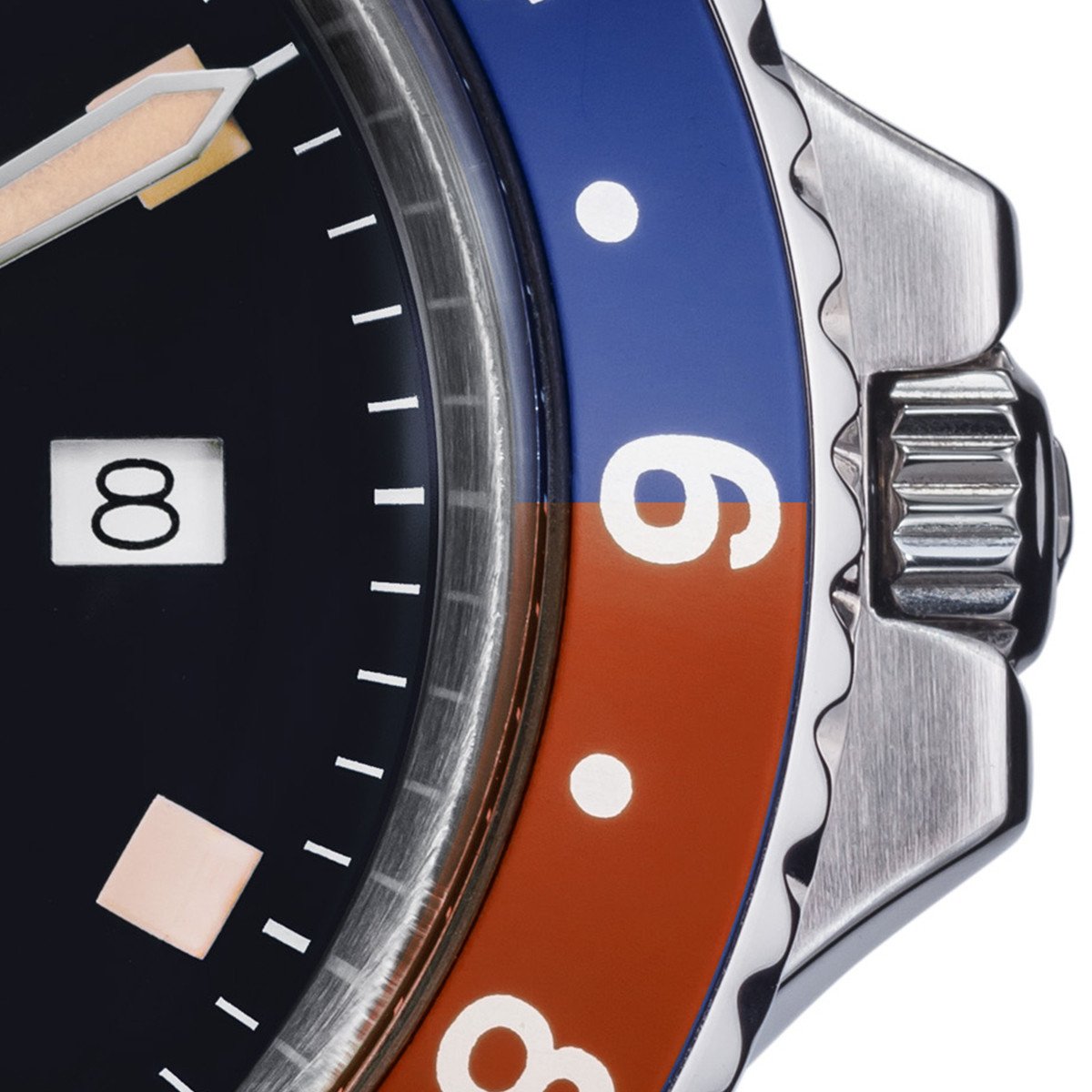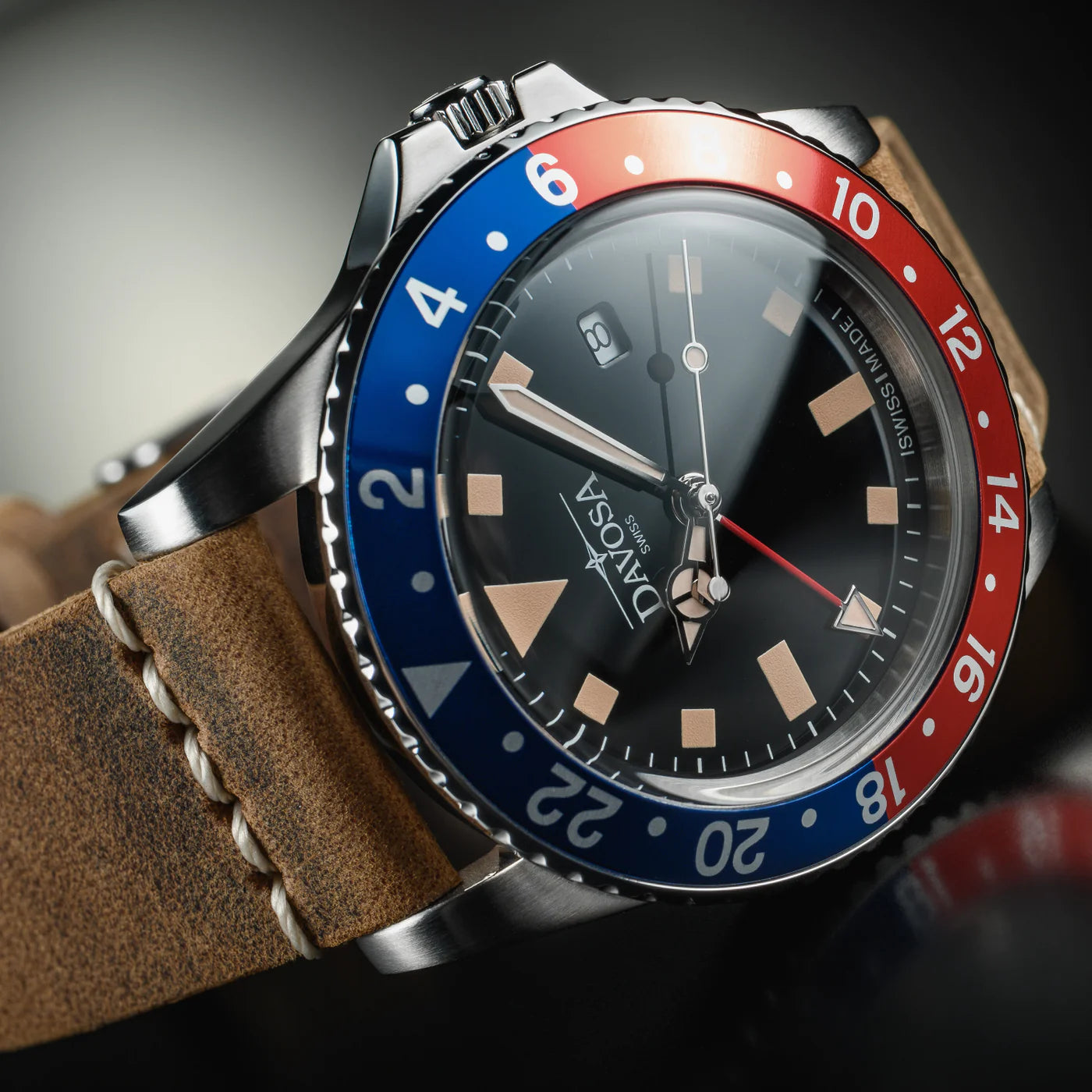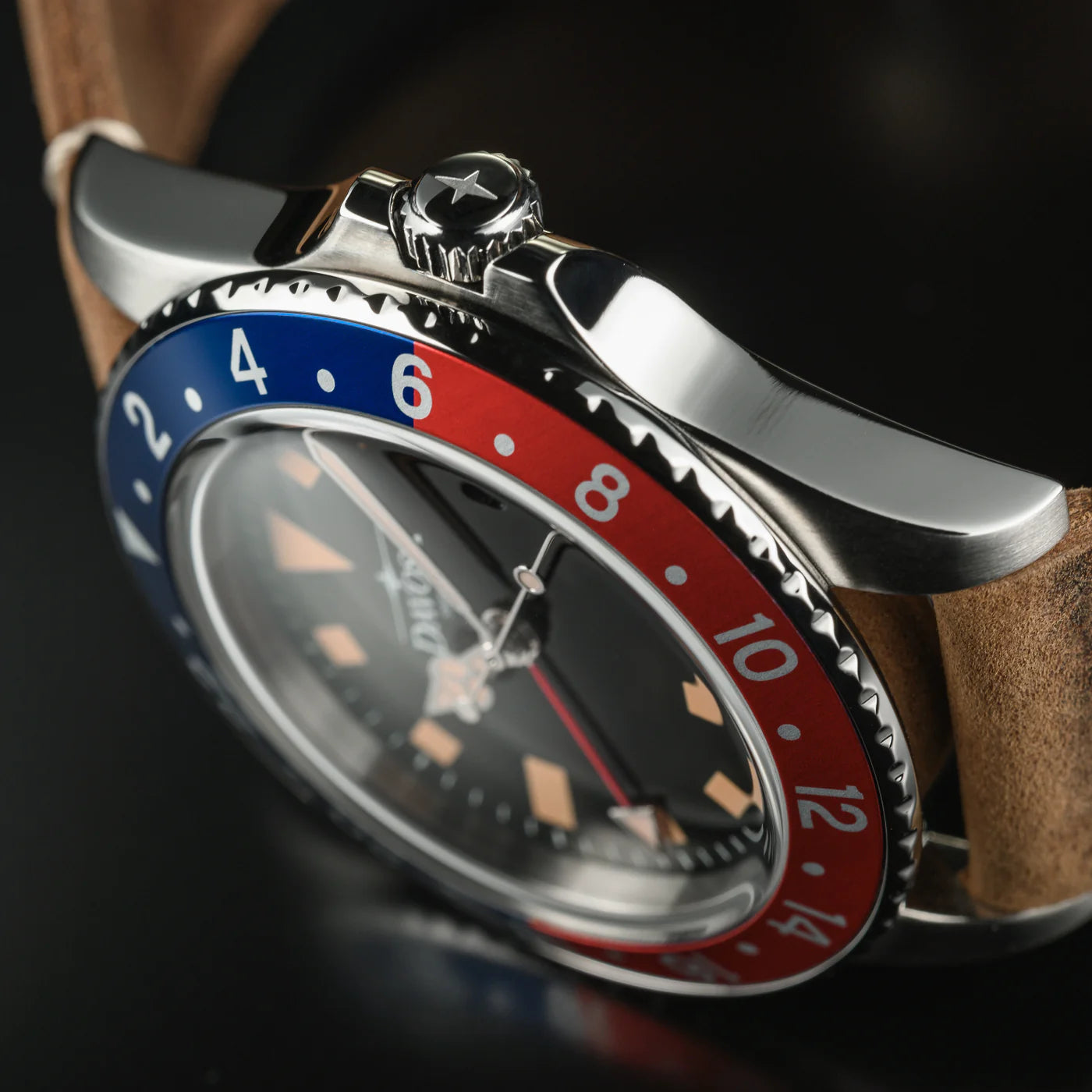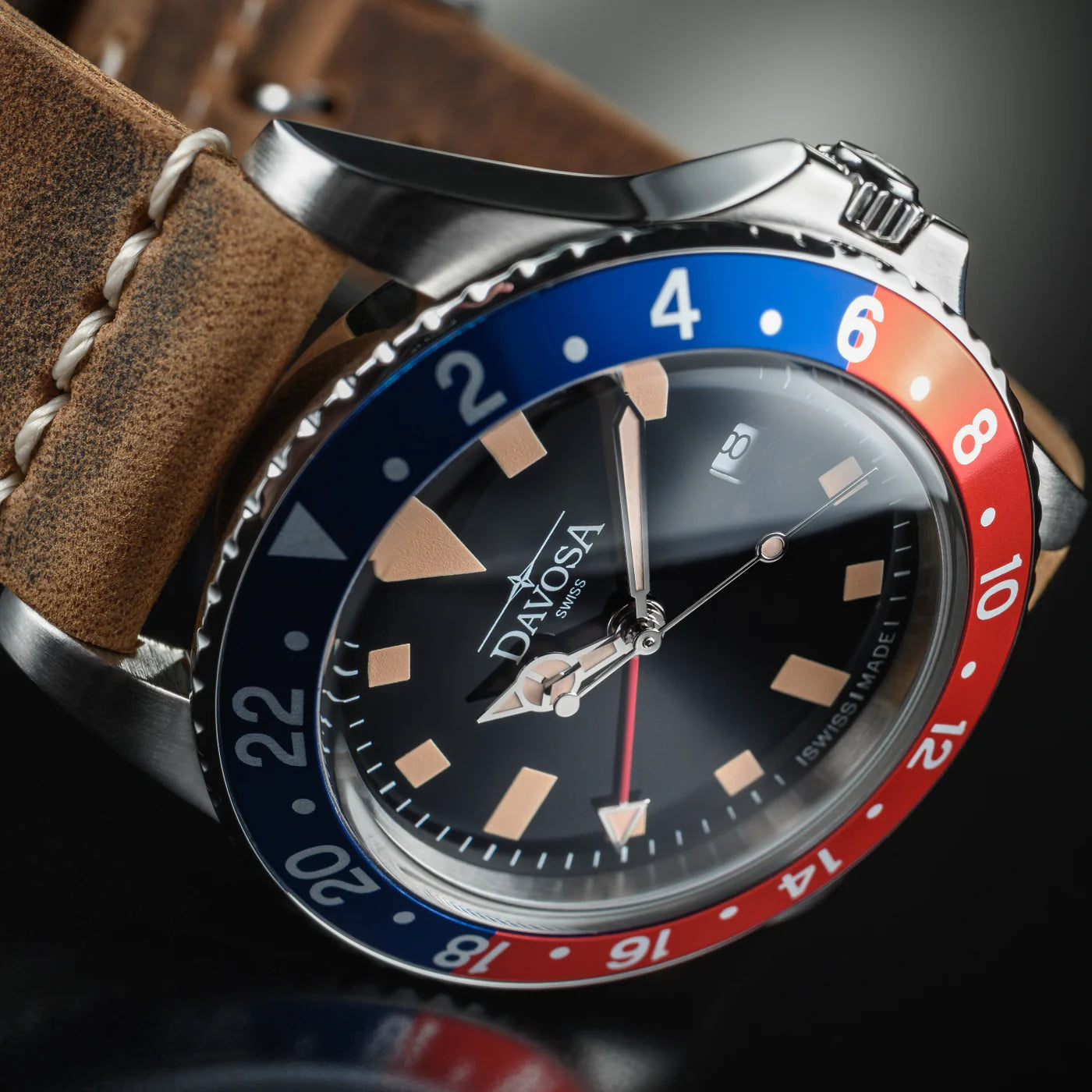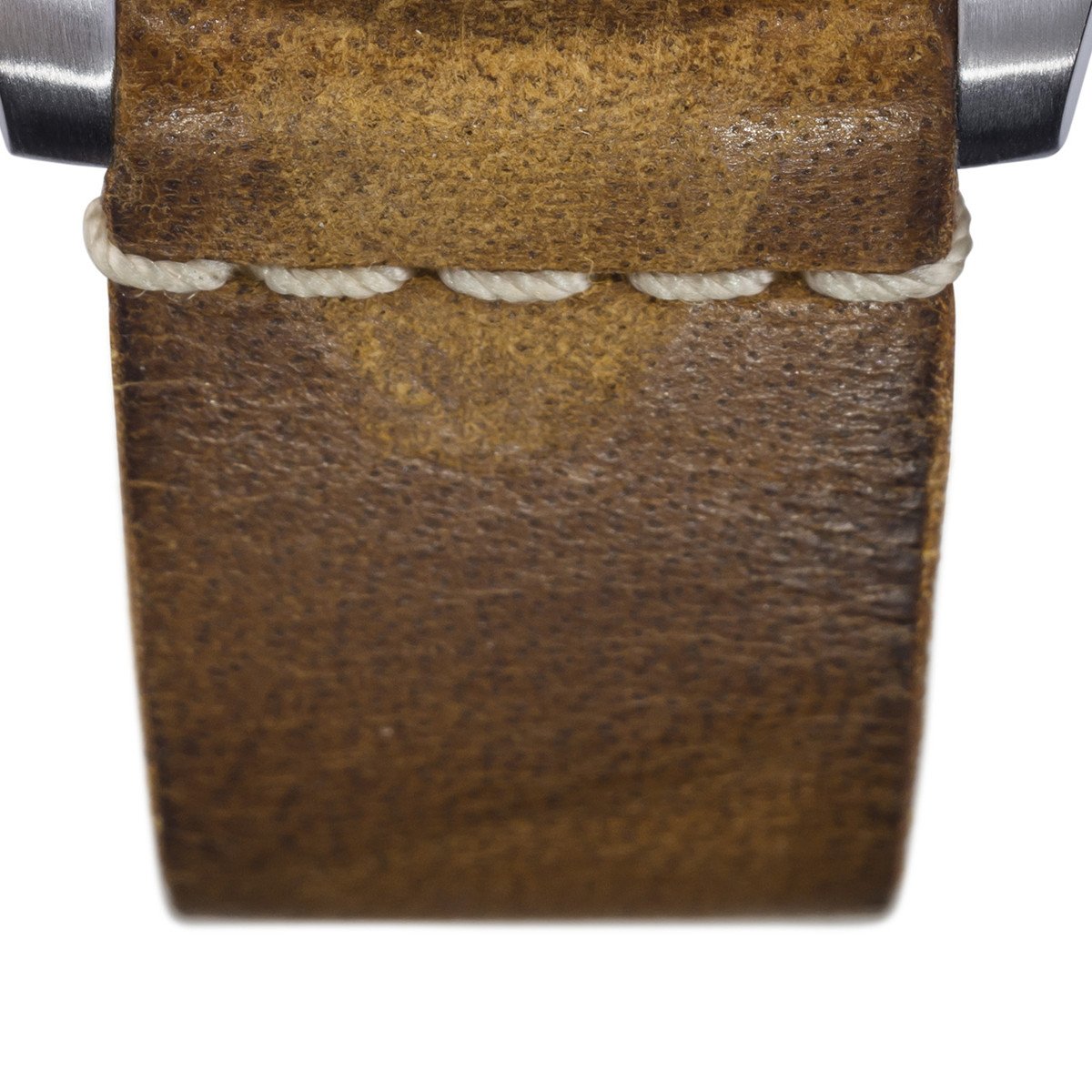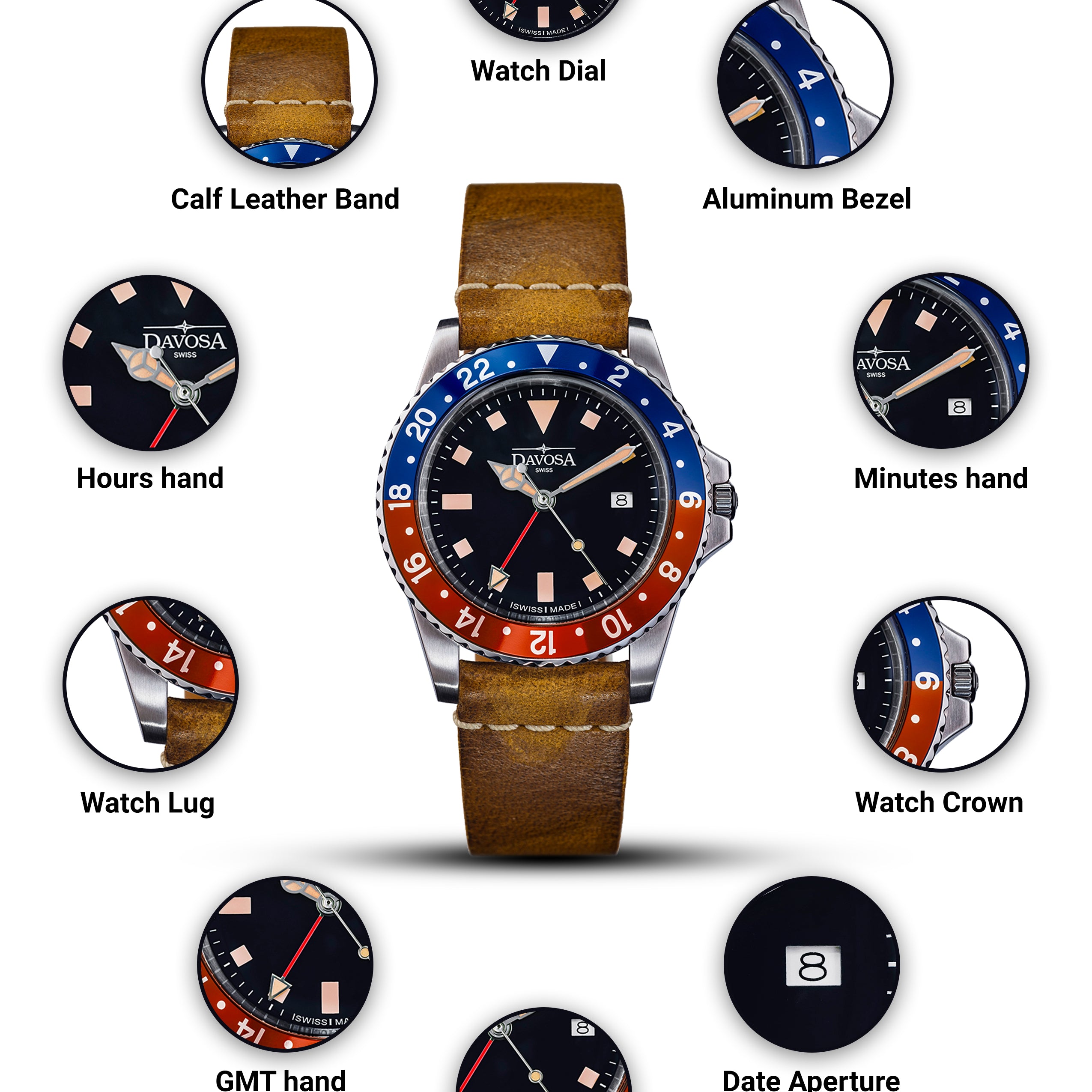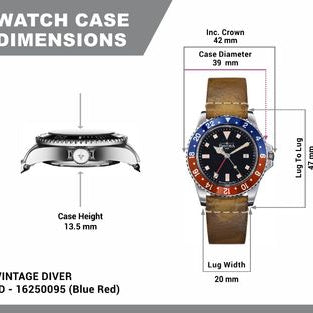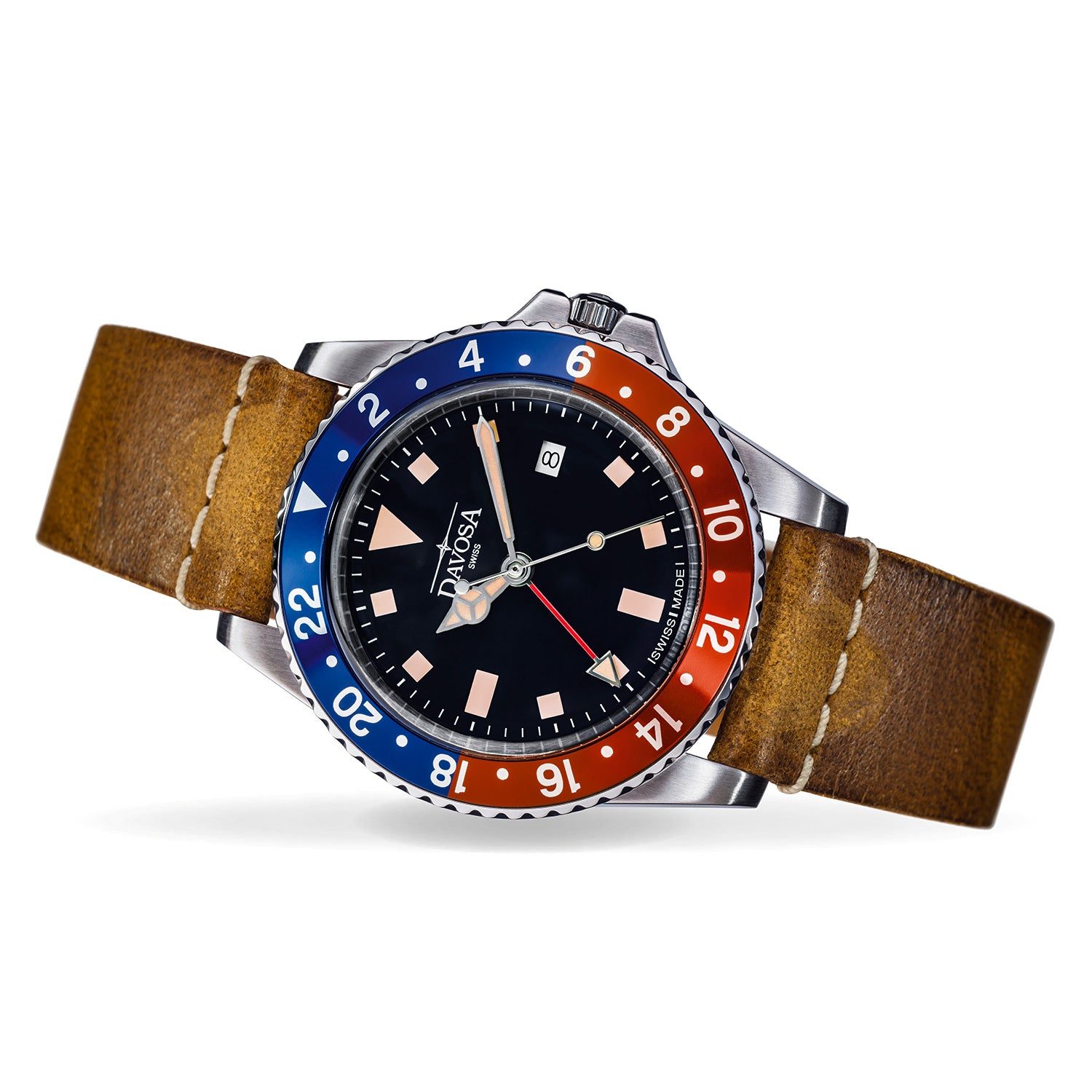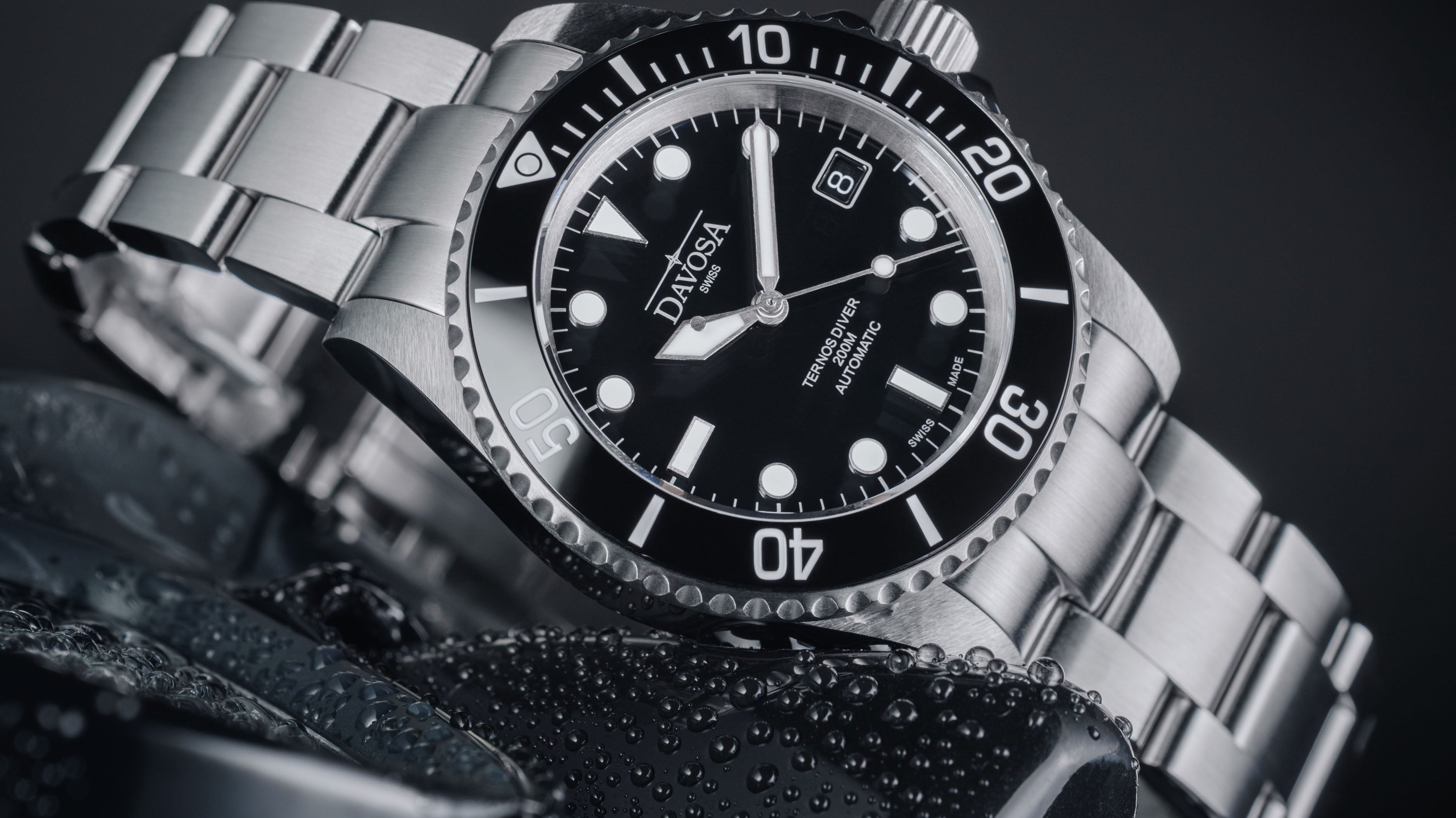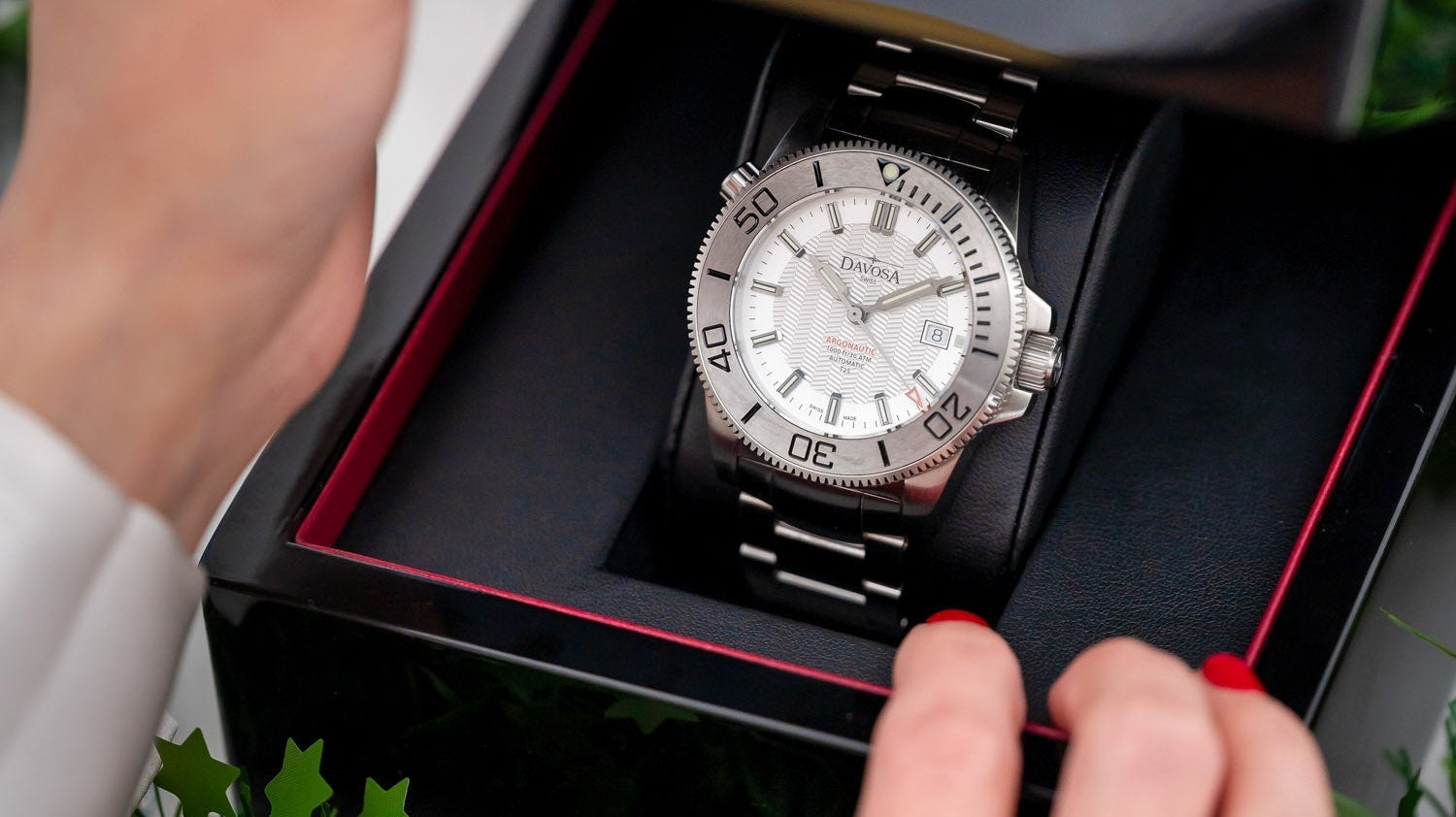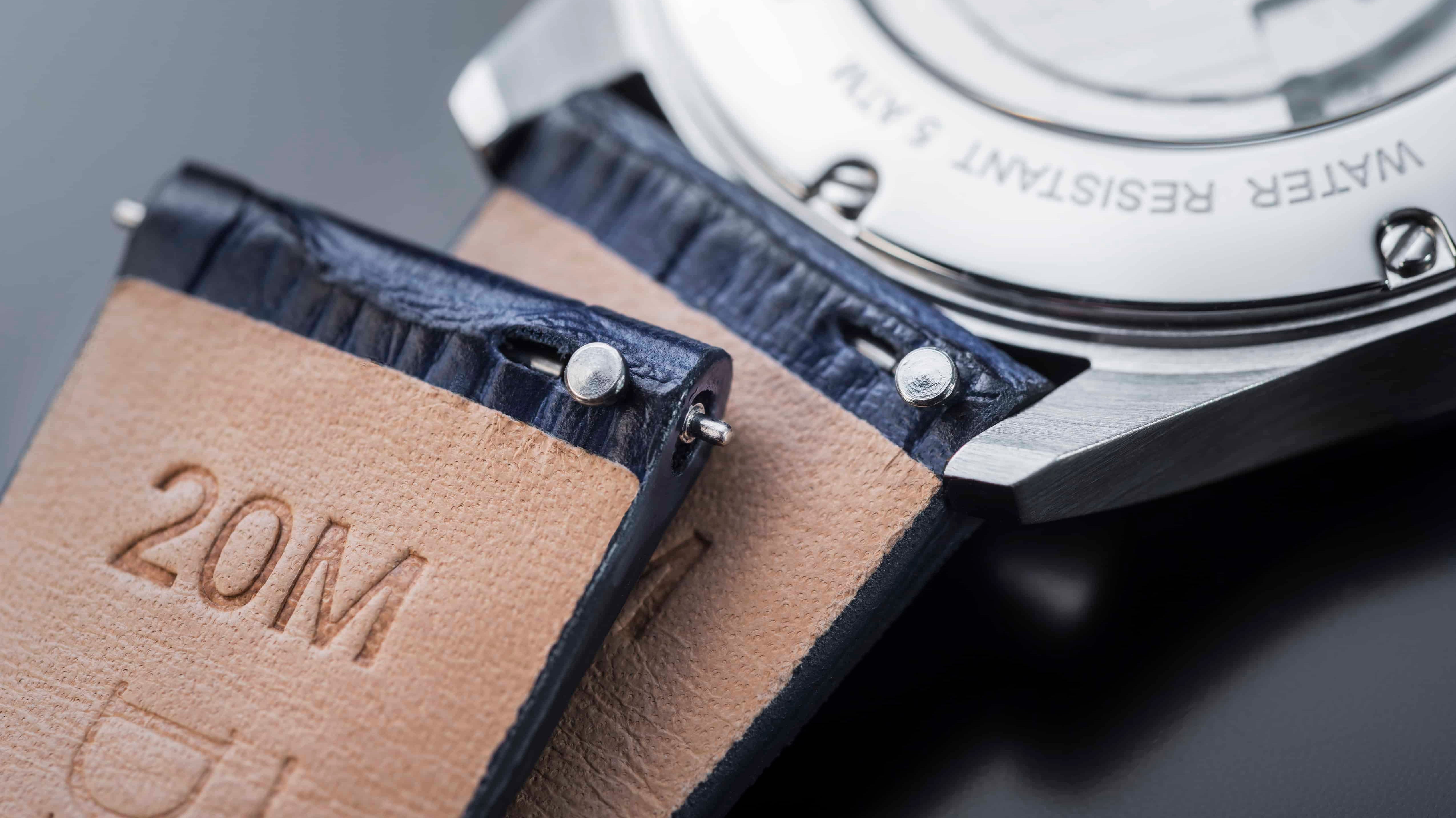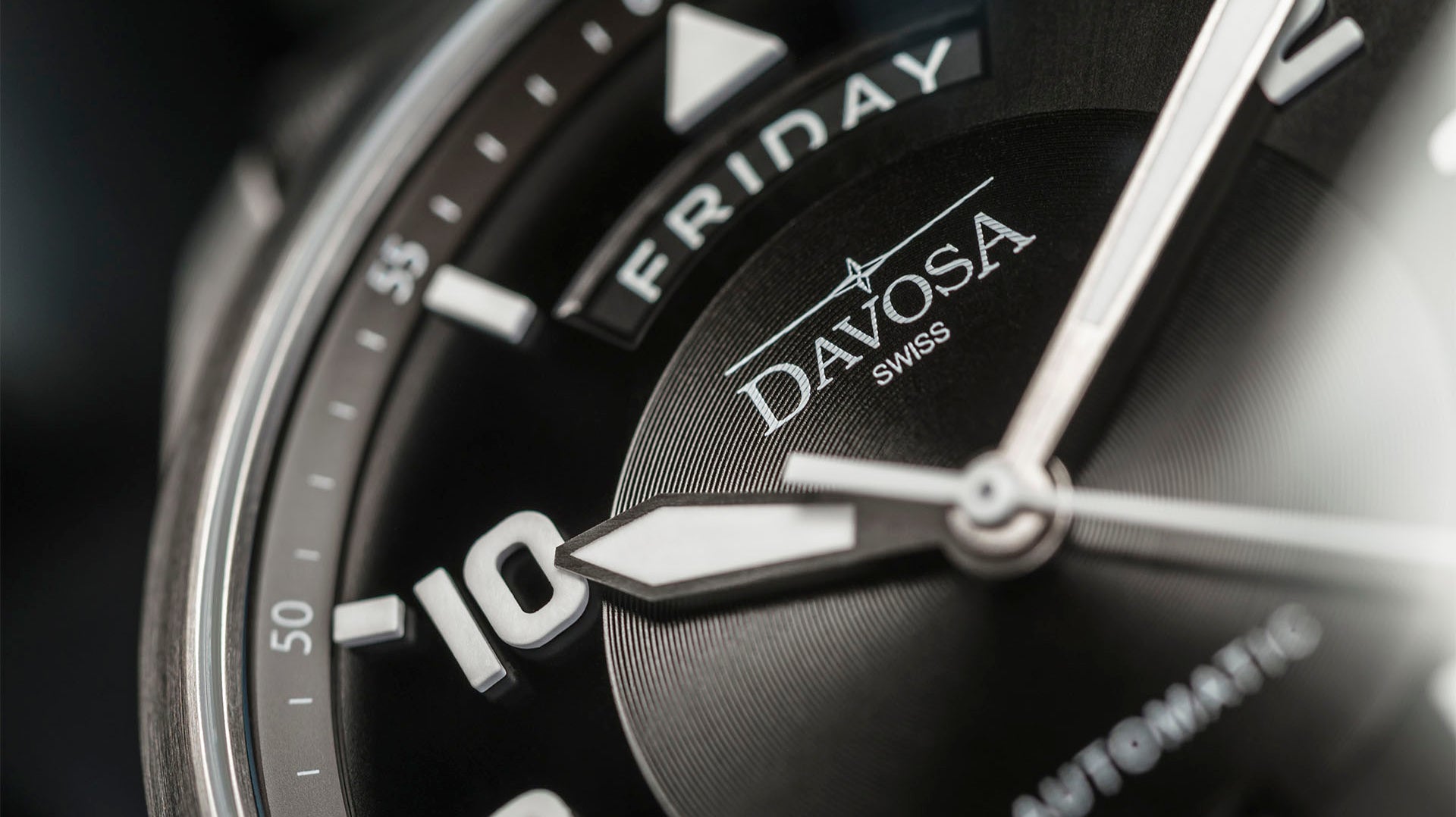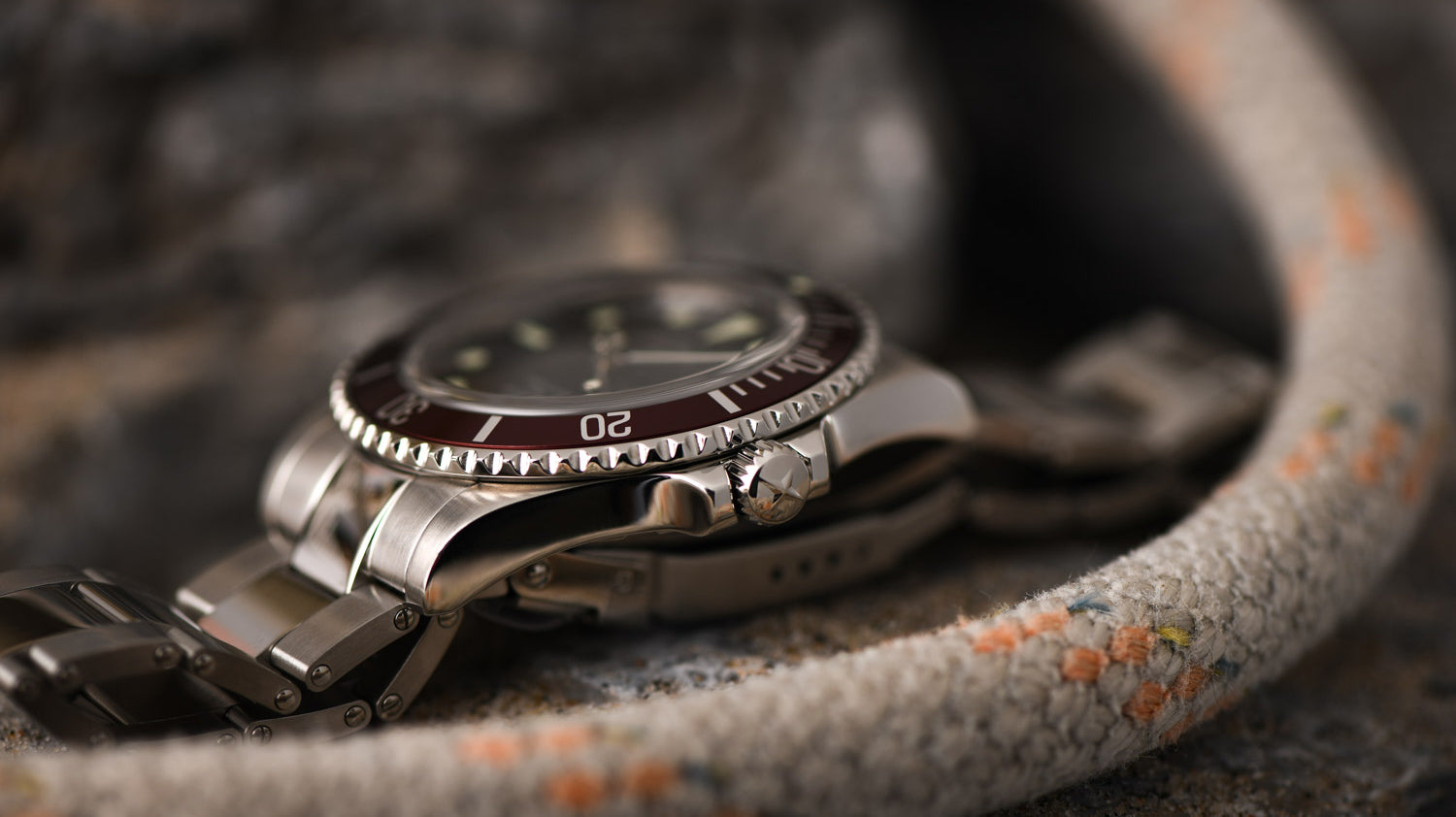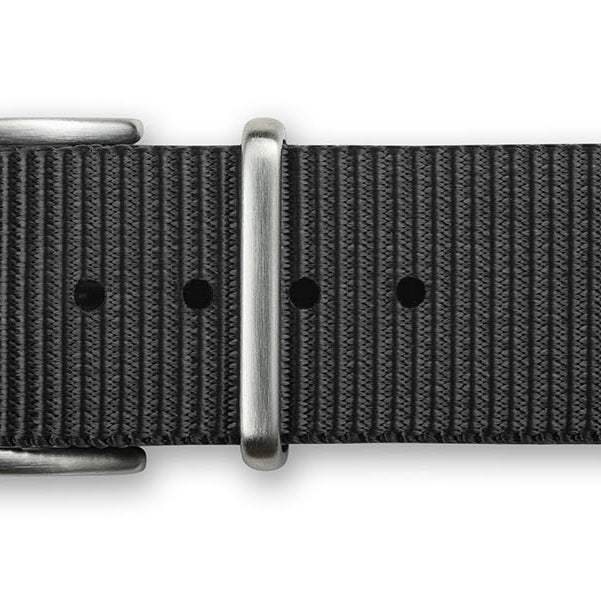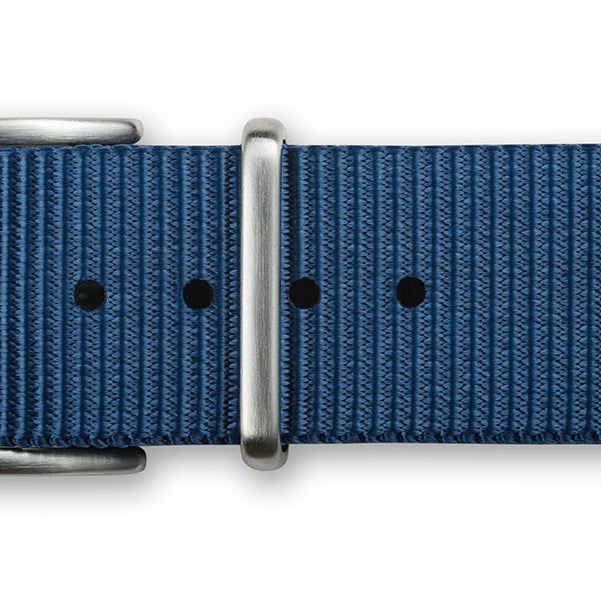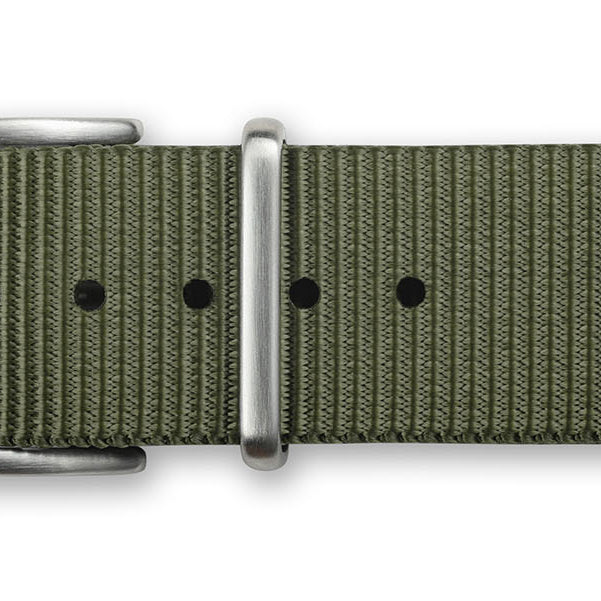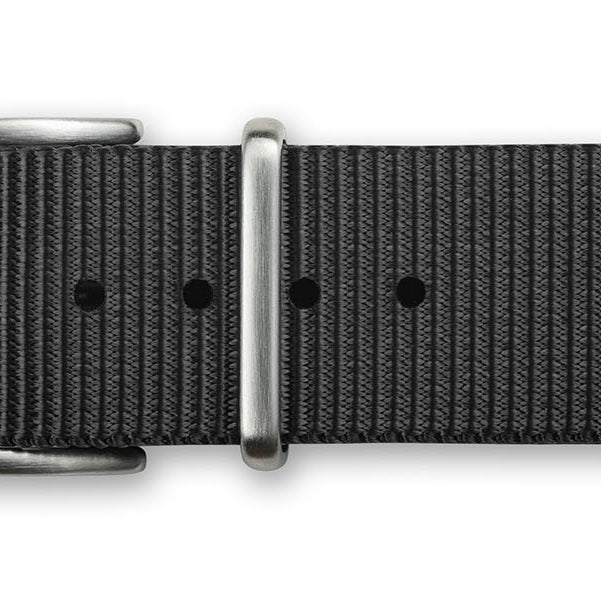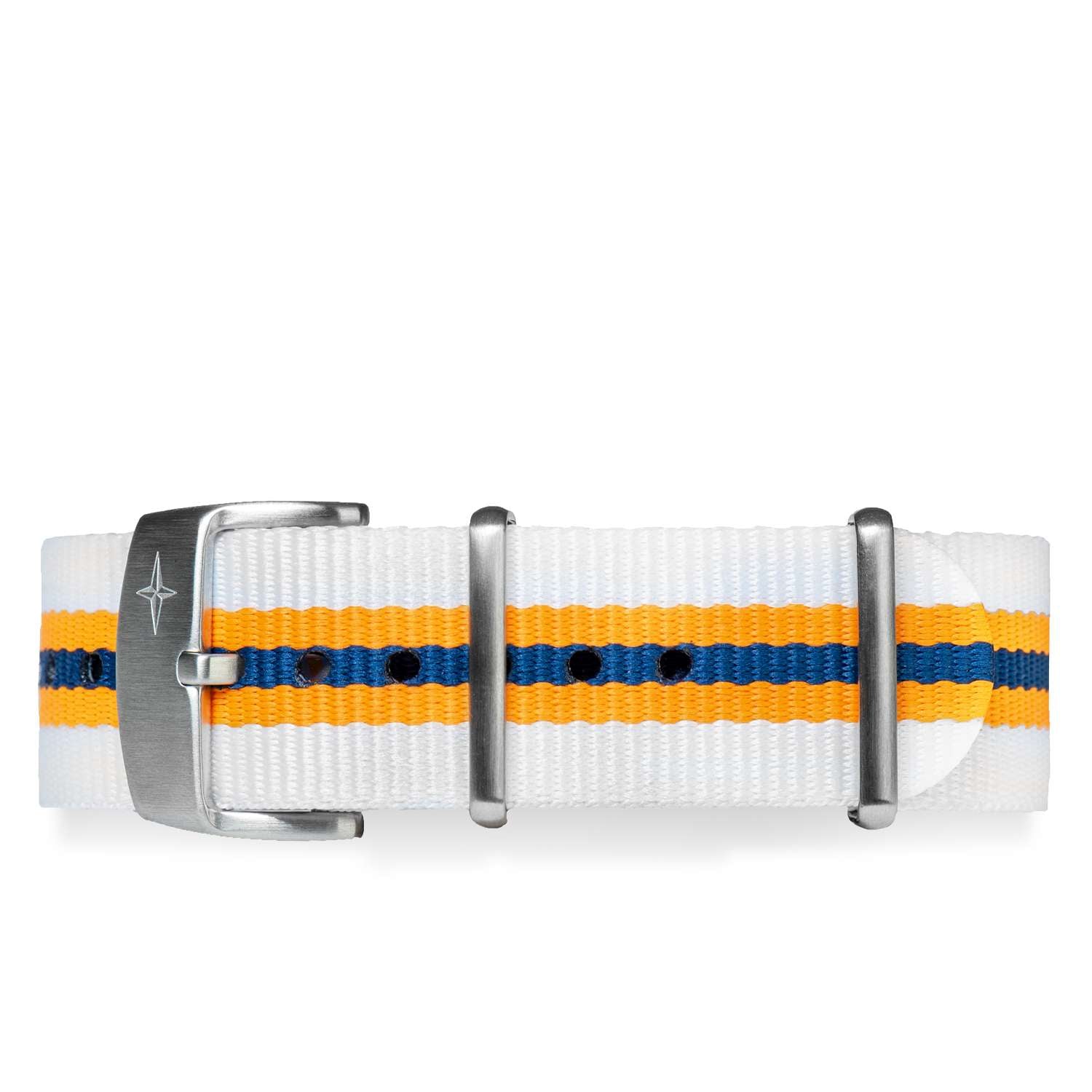September 25, 2021
When it comes to watches, accuracy is often mentioned, which is a highly complex concept. But without getting lost in the subtle differences between precision and accuracy, which is a discussion for true watch enthusiasts, let's get back to the question that many people ask themselves, namely, whether their automatic watches are more or less accurate and how they can improve their performance.
So, if you're asking yourself this question, you're in the right place to find a good answer.
Are automatic watches accurate?
The answer is yes: automatic watches are very accurate, just as manually wound mechanical watches are. However, in principle, since the degree of accuracy of a watch depends on many factors, including the degree of winding of its mainspring, an automatic watch that is worn regularly on the wrist tends to have a constant degree of accuracy since its mechanism is wound by the movement of the wrist, and therefore, always remains wound when worn constantly.
But as mentioned, this is but one of the numerous elements that combine to determine the accuracy of a watch. That includes a thousand other variables, such as temperature, magnetism, and even the location in which the timepiece is operating.
What is acceptable accuracy for an automatic watch?
We must say that the accuracy of a watch does not depend on whether it is automatic or hand-wound: it depends on the movement that is mounted inside it and how this movement has been adjusted. Precisely because each watch caliber behaves differently, and this depends on the accuracy of its manufacture, but also on how this has been controlled and adjusted,
And there's more: the same type of caliber can have very different performance. For example, the ETA 2824 caliber, which equips so many watches produced in the last 40 years, is sold in four different versions: standard, elaboré, top, and chronometer.
And apart from the decorations and some internal elements, what changes is precisely the degree of regulation of its performance. The first is adjusted in two positions and has a performance of +/-12 seconds per day, up to +/-30; the second in three positions and has a performance of +/-7 seconds per day, up to +/-20; the third in five positions and has a performance of +/-4 seconds per day, up to +/-15; the last in six positions and has a COSC level performance -4/+6 seconds per day.
This means that the performance of a watch, automatic or manual, depends on the manufacturer's specifications - and the skill of the watchmaker who last laid hands on it.
Do automatic watches get more accurate over time?
It's something of an urban legend among watch enthusiasts that watches need some sort of break-in to be in complete working order. Probably in the past, when watches were made almost by hand, running a watch in would stabilize its performance.
Today, when calibers are industrially made in thousands of pieces, and some of these, like Swatch's Calibre 51, are adjusted by laser, this legend, which connects us to a time when craftsmanship was king, is less true.
Furthermore, we must remember what was said above: the calibers that leave the factory are already adjusted to meet specific standards.
How do I make my automatic watch more accurate?
Here, too, what we said above provides the key to the answer: apart from specific internal details, the various grades of calibers differ only in the adjustments that are made. This means that, through a careful adjustment by a watchmaker, a good movement can achieve exceptional performance - just as you can transform a stock car into a road racer with the help of a professional.
In the case of watches, this professional is your trusted watchmaker, who knows how to get the best out of the movement in front of him. Then, after attentive service, he can adjust it to perfection to achieve the best performance allowed by its technical specifications and construction elements.
Is it normal for an automatic watch to lose time?
Yes, don't worry. It's perfectly normal for an automatic watch to perform differently once worn, and more importantly, in different conditions of use. And it's actually easy to understand why.
An automatic watch is a small mechanical machine that works by the push of a spring and the harmonic oscillation of a wheel on itself. As a result, it has minimal tolerances in its constructional elements - which are small and numerous.
It's made of metal, and to work well, it must be disassembled and thoroughly oiled every five years. Think of the effect of a sudden heat surge on those pieces of metal, which are known to expand with heat, and become more flexible.
Think about the tiny coil spring that regulates the balance's oscillation, made of a very thin sheet of special metal alloy. Think about the shocks and stresses this little machine is subjected to every day.
If you put your mind to it and consider all these elements, you'll start to be amazed at how reliable it can be, not how much it isn't!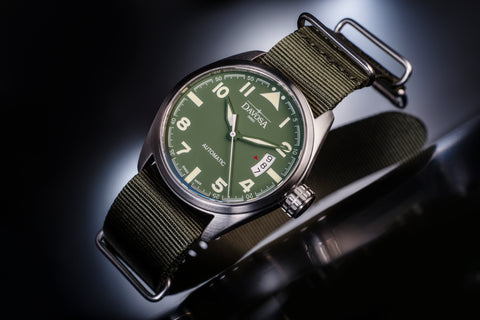
How much time does an automatic watch lose per day?
As we mentioned earlier, every movement produced has a certain tolerance to its accuracy according to thresholds set by the manufacturer. Generally, cheaper movements have a higher tolerance, but it has happened, in the history of watchmaking, that some companies have produced cheap movements with chronometric characteristics.
In addition, experience suggests that in most cases, a watch tends to anticipate rather than lose. This happens for several reasons, the most common of which are the need for full service, so-called "metal fatigue" of the mainspring, which must be replaced after some time, and magnetization, which tends to affect the thin coils of the watch's hairspring.
Finally, you will notice that the same watch behaves differently concerning its timekeeping if it is worn or if it is kept resting on a surface: this is the reason why we were talking earlier about "adjustment in X positions," where the positions are precisely the direction in which the watch is operating (for example, resting on a plane, resting on the edge, and so on).
Is it normal for an automatic watch to run fast?
As we have said, the general condition of a mechanical watch, whether manual or automatic, is that it tends to gain time rather than lose it, especially over the years.
Still, since these are small mechanical devices assembled and adjusted by hand, the possibility of a watch losing time or gaining it constantly exists - indeed, it is practically a certainty.
If the timekeeping error is beyond the tolerances provided by the manufacturer, the watch should be examined by a competent professional to determine what the problem is.
After cleaning and oiling it and verifying that there are no mechanical problems, the watchmaker measures the performance of the movement and adjusts it so that it is as accurate as possible under its most frequent conditions of use, and to do this, he acts typically on the fine adjustments of the balance.
Remember that if you are not an expert in watchmaking, it is absolutely not advisable to open a watch to make these adjustments by yourself, as you would compromise the warranty, if the watch is new, or in any case, you would expose to possible contamination a closed environment that had been carefully prepared and cleaned by a technician - and as we have already explained, you must never forget that watches are small mechanical machines that function with extremely tight tolerances of tens, when not hundreds, of small elements that work in synergy with each other.
In summary
An automatic watch represents an excellent solution that combines the practicality of a virtually perpetual winding mechanism if the watch is worn with the class and style of a mechanical watch. In addition, most automatic watches are very accurate, and they certainly won't let you down with their timekeeping.
A curiosity: diver watches are almost all automatic, precisely because they need to avoid as much as possible the movement of the crown to wind them, which would have represented a problem for their water resistance.

The Davosa-USA.com website is NOT affiliated in any way with Audemars Piguet, Franck Muller USA, Inc. Richard Mille or Richemont Companies, Seiko, or any other brand which is not Davosa Swiss. Rolex is a registered trademark of Rolex USA. Davosa-USA website is not an authorized dealer, reseller, or distributor for Rolex and is in NO WAY affiliated with Rolex SA or Rolex USA or any other brand besides Davosa Swiss. |

